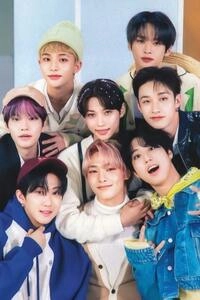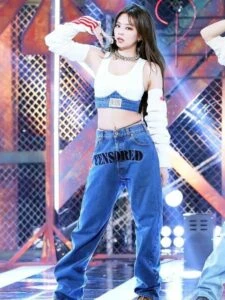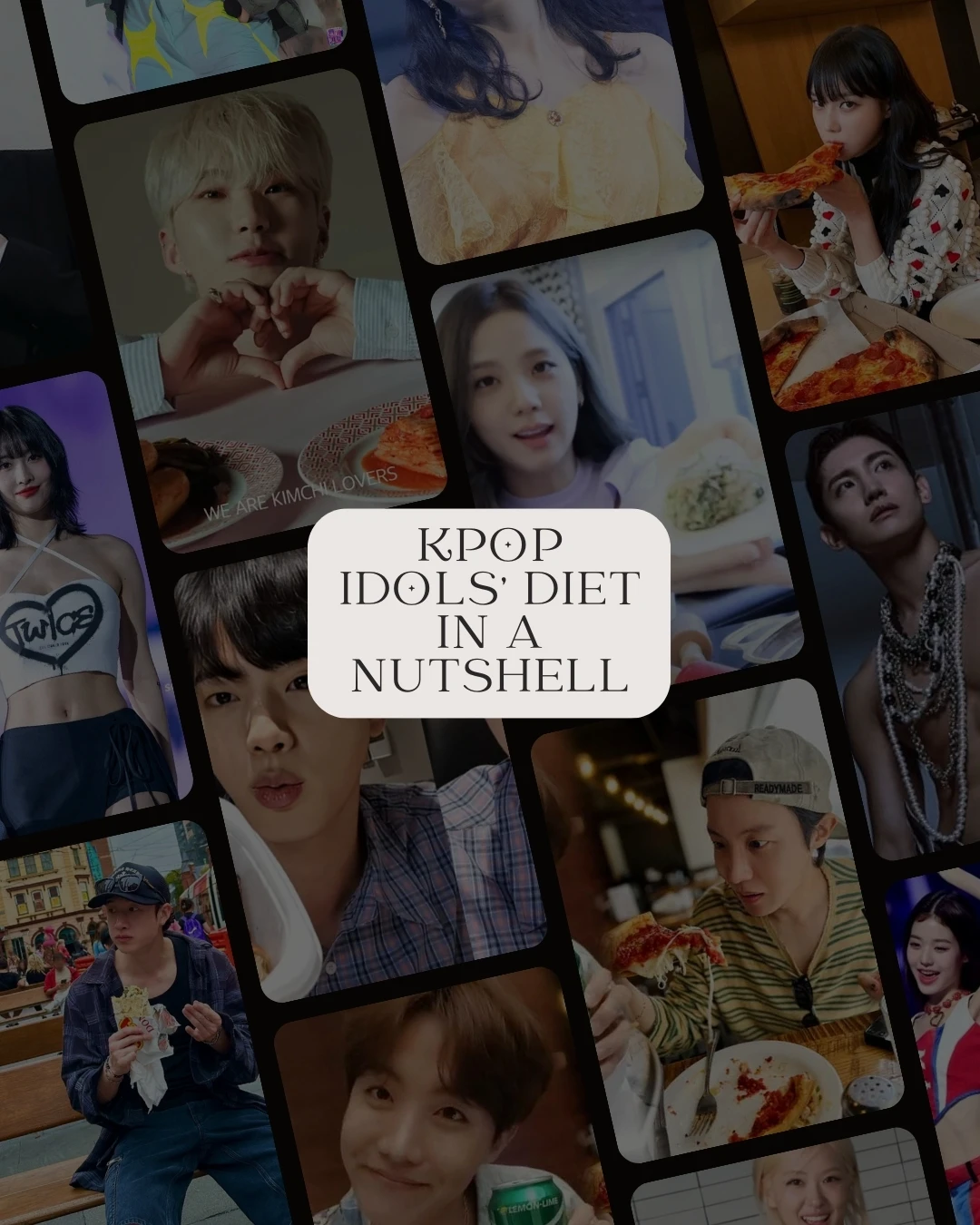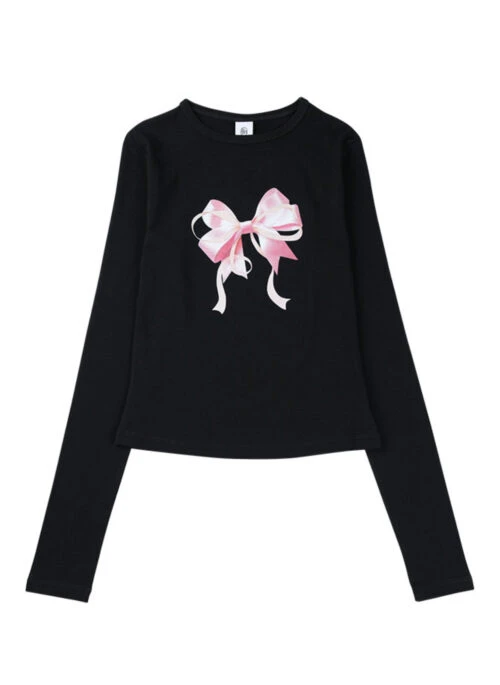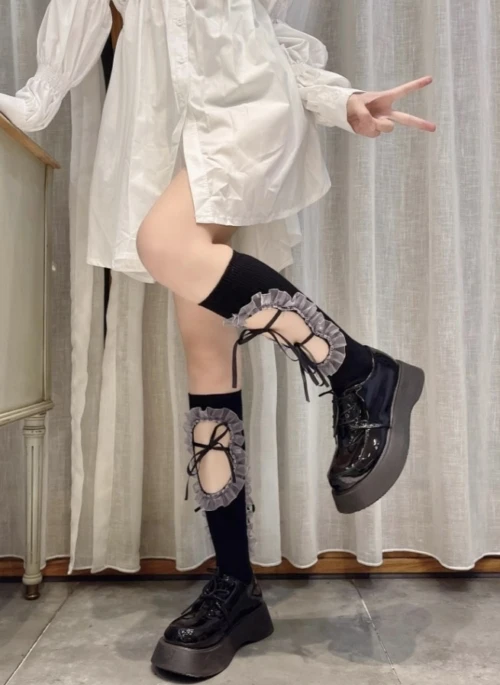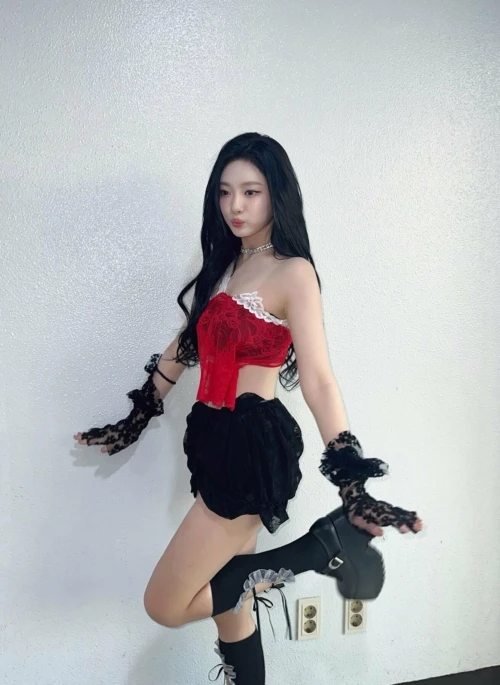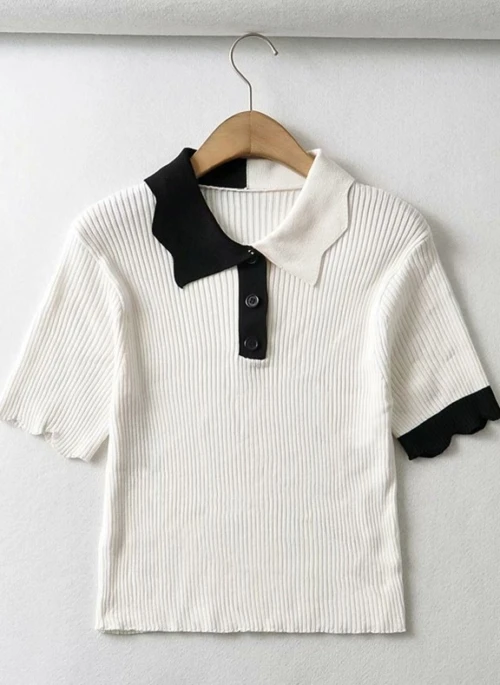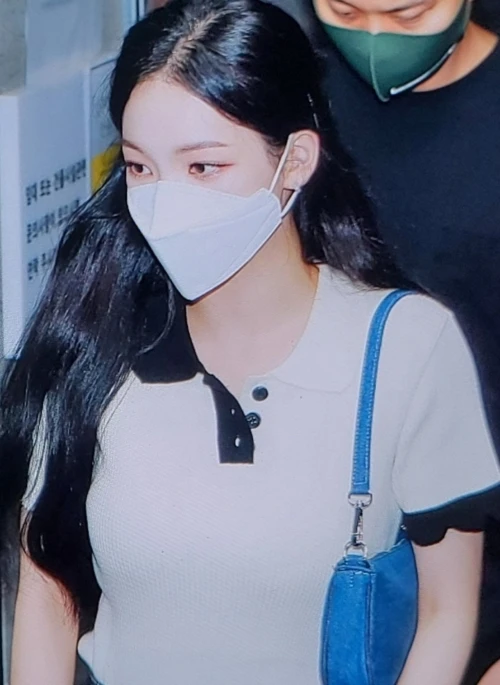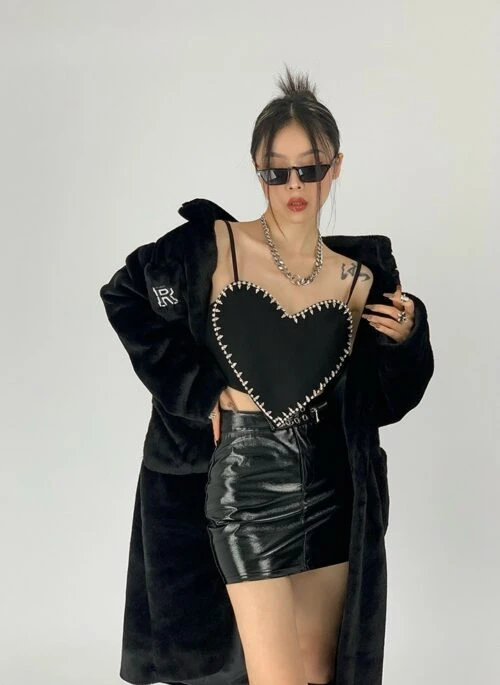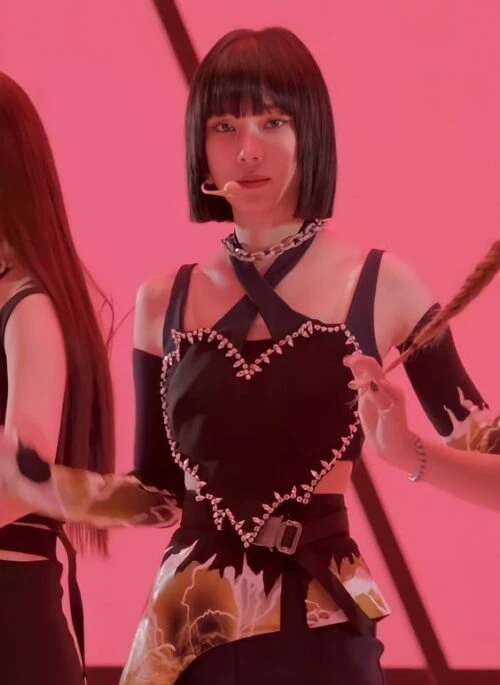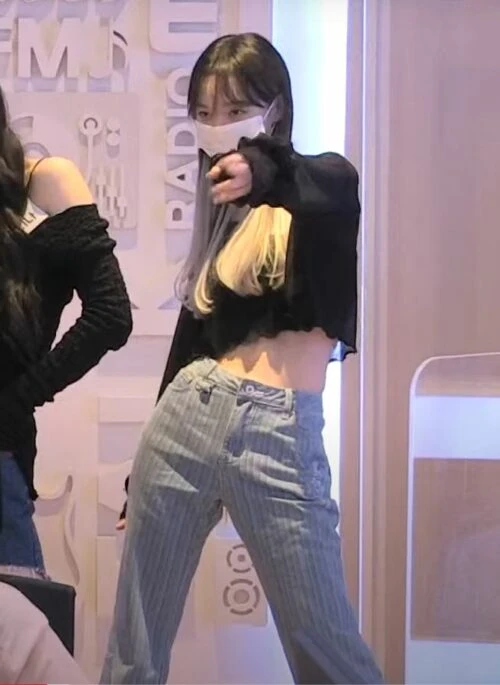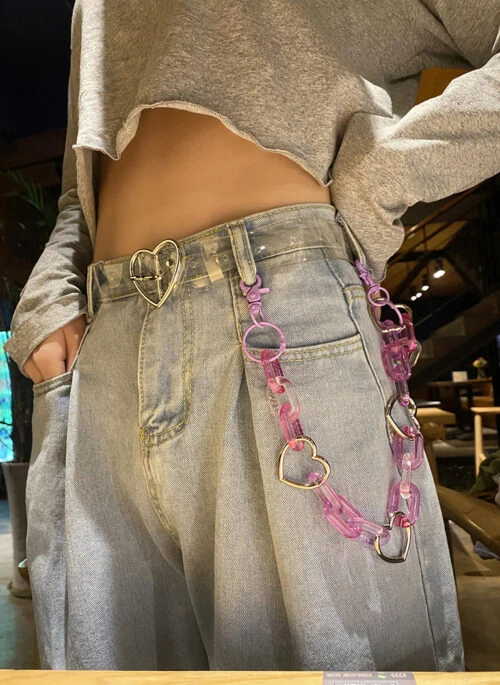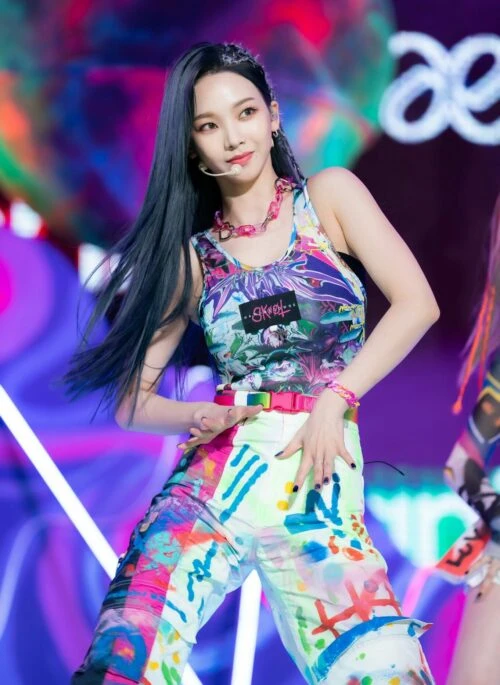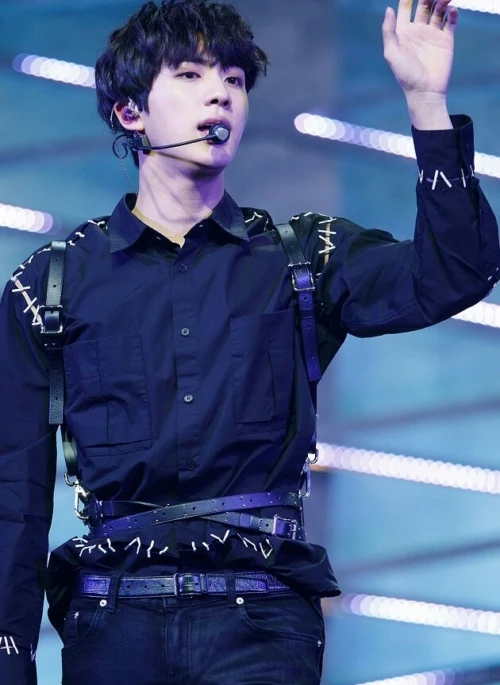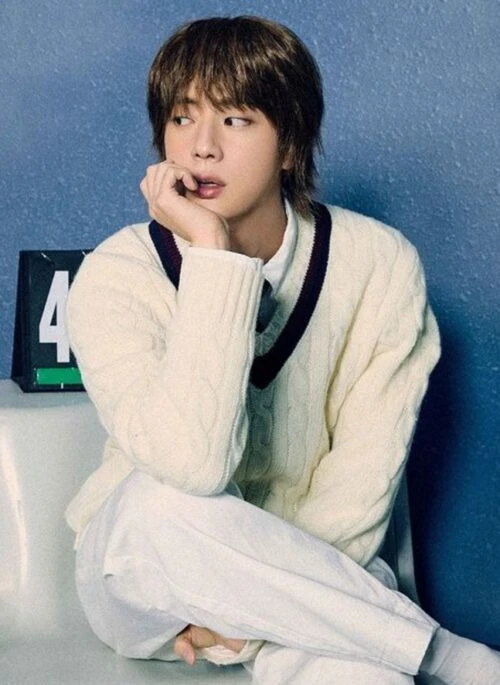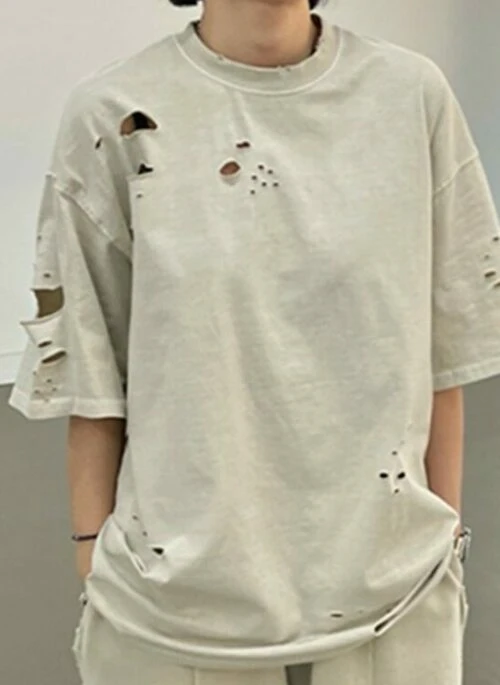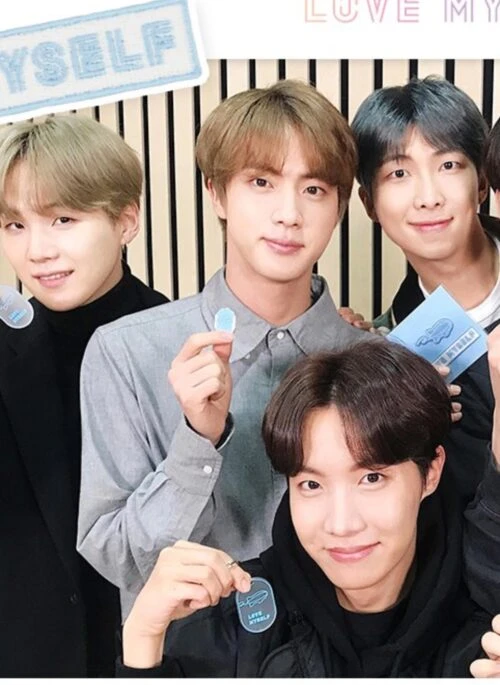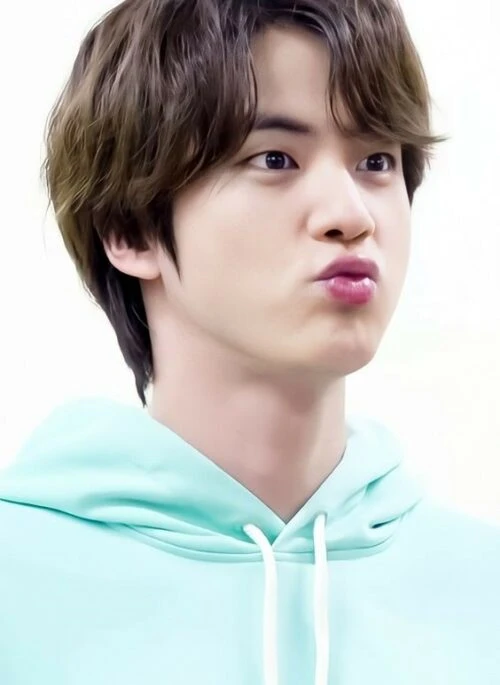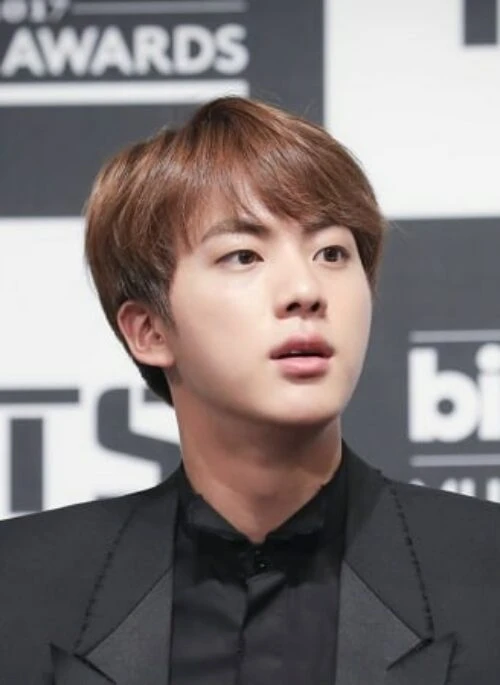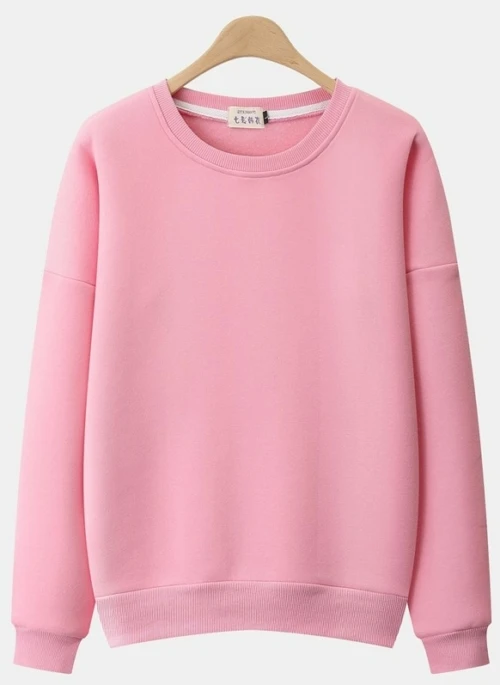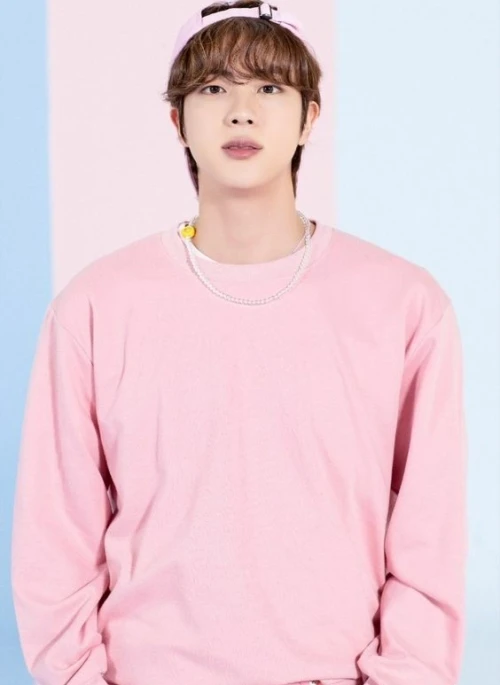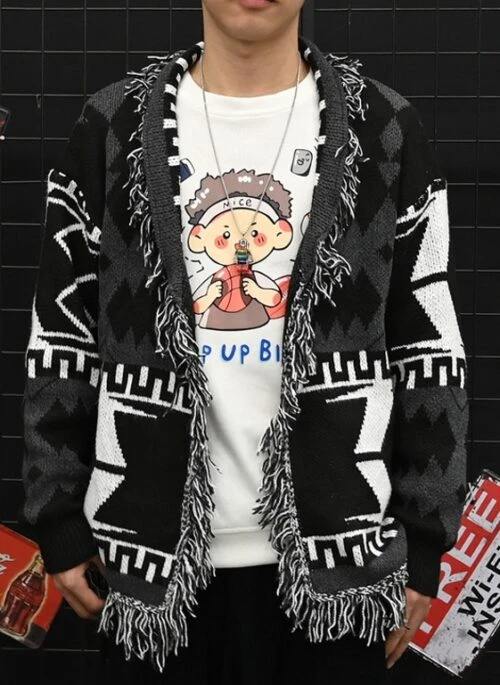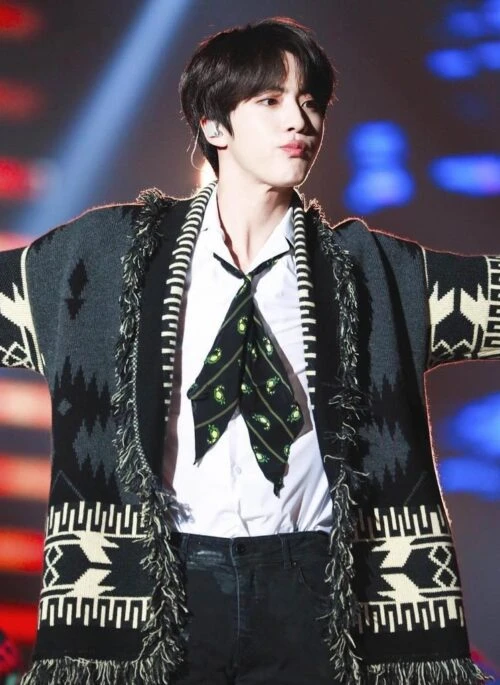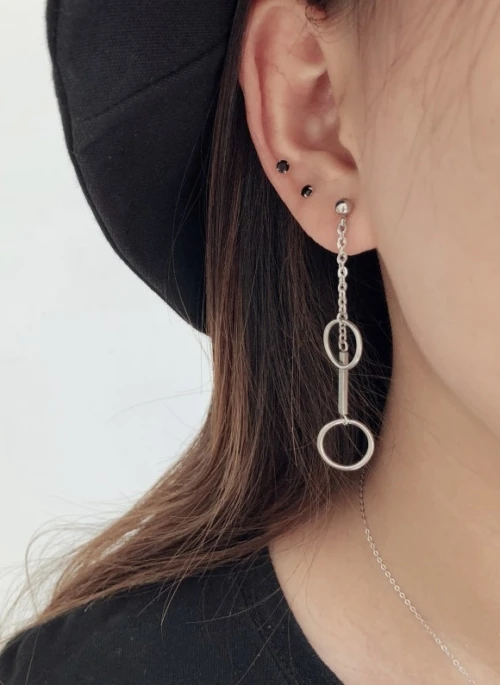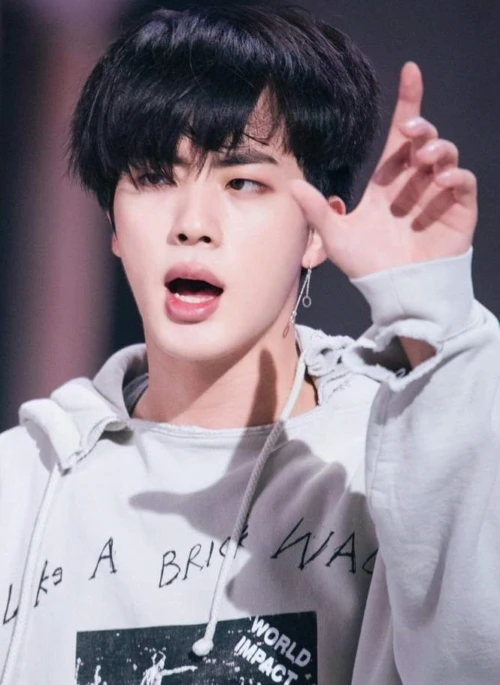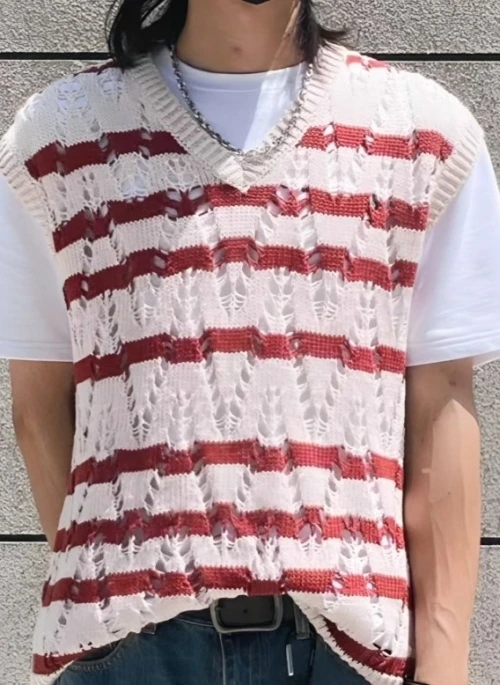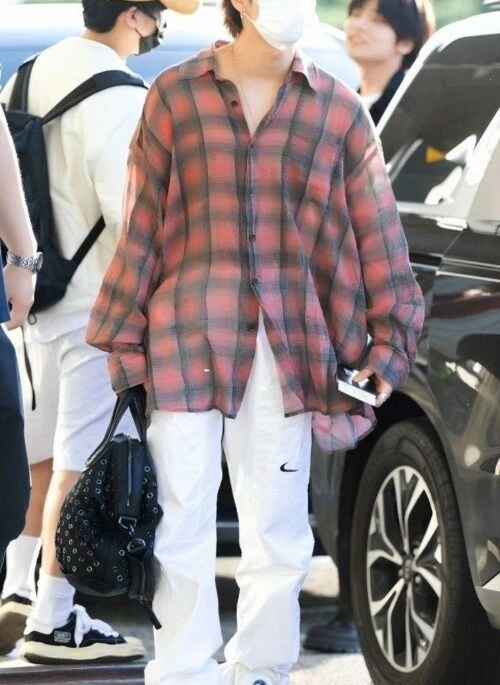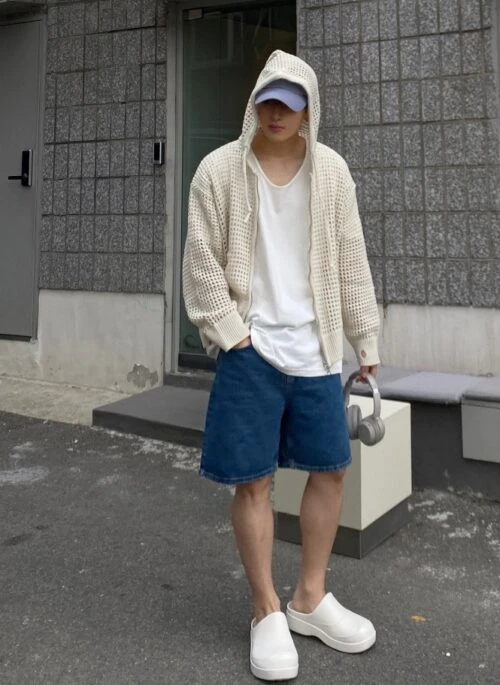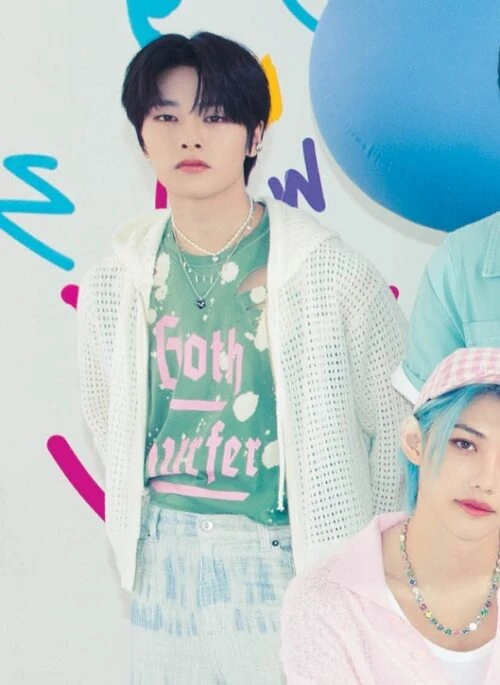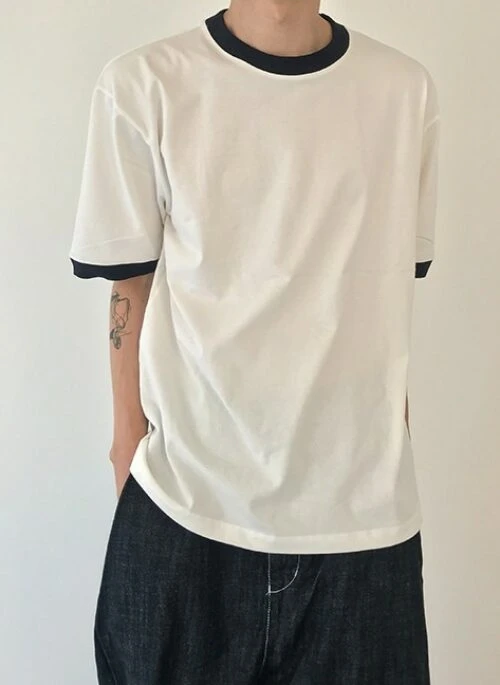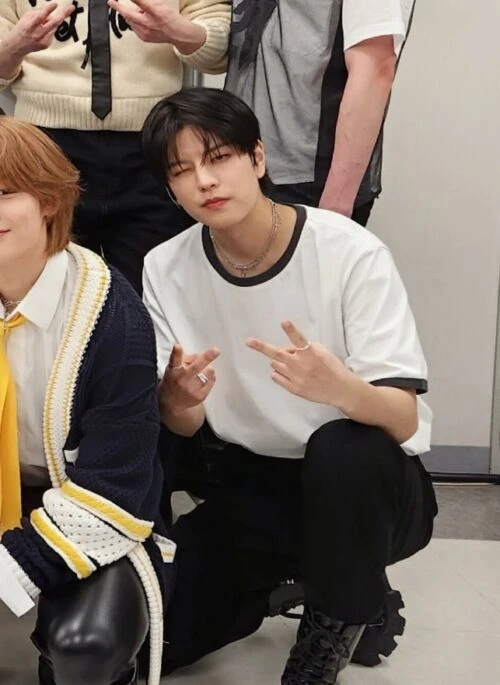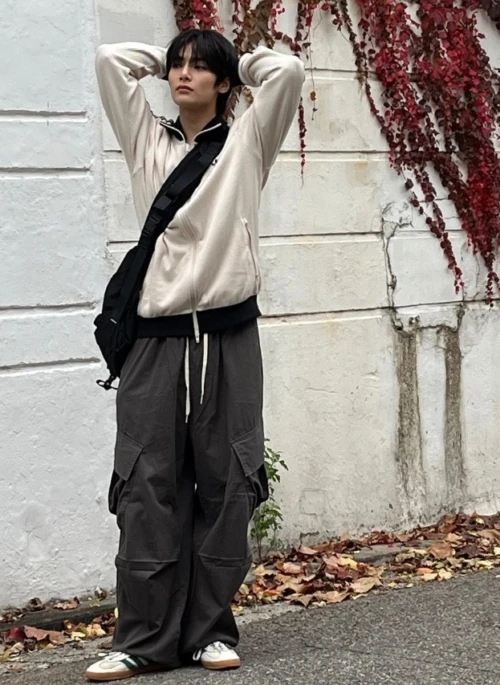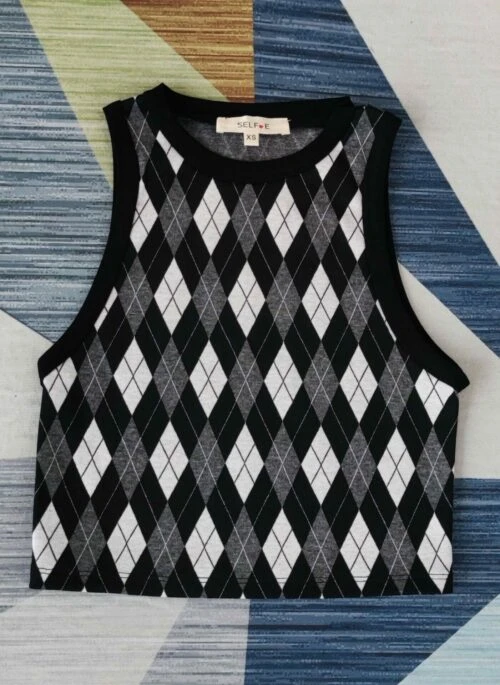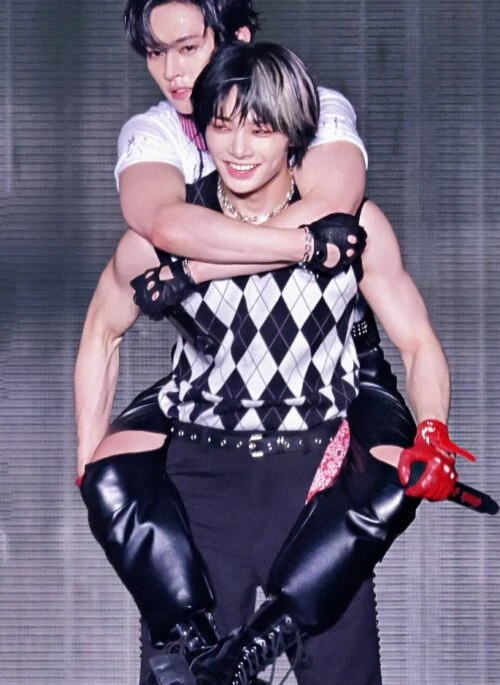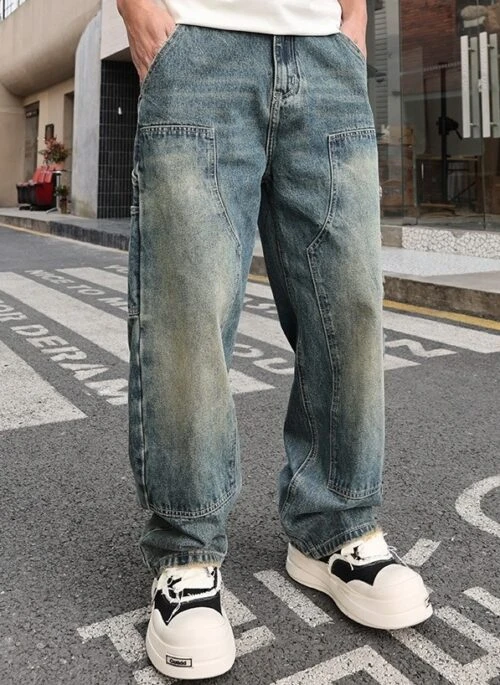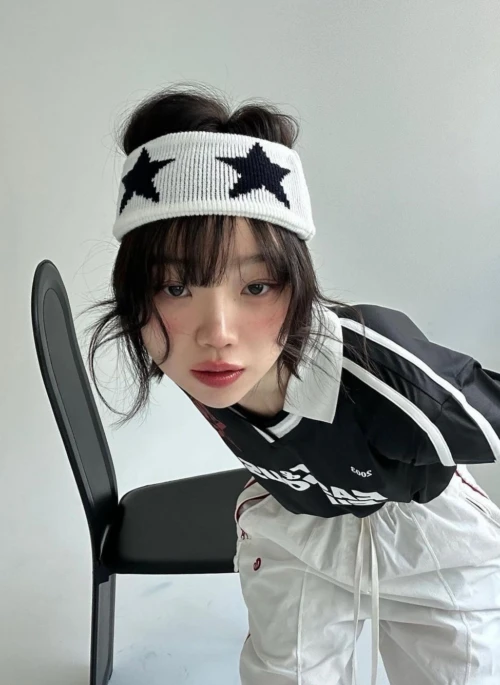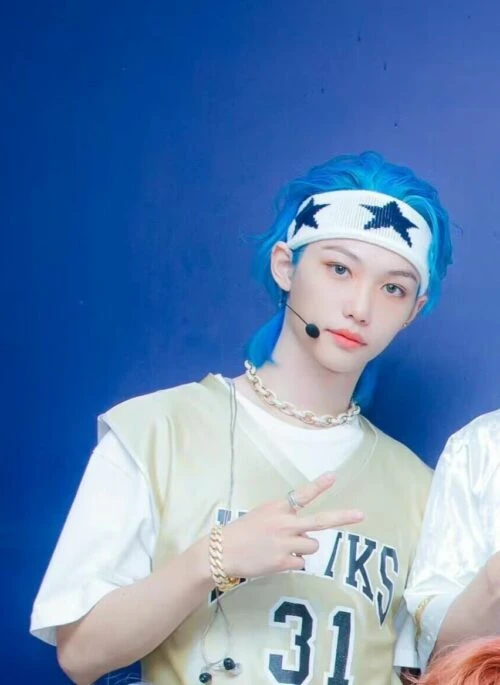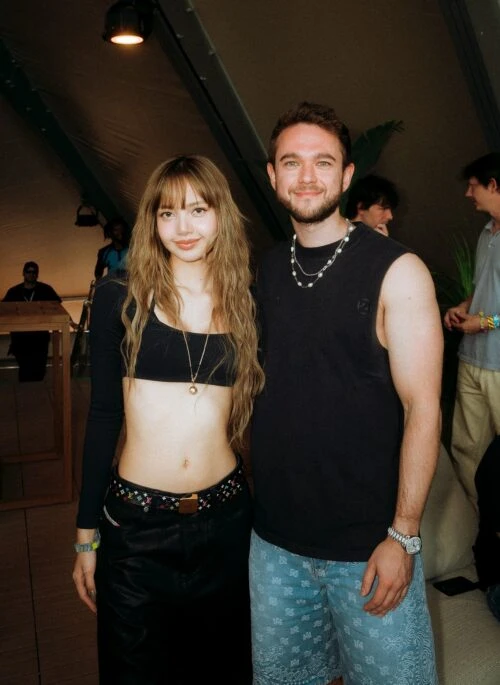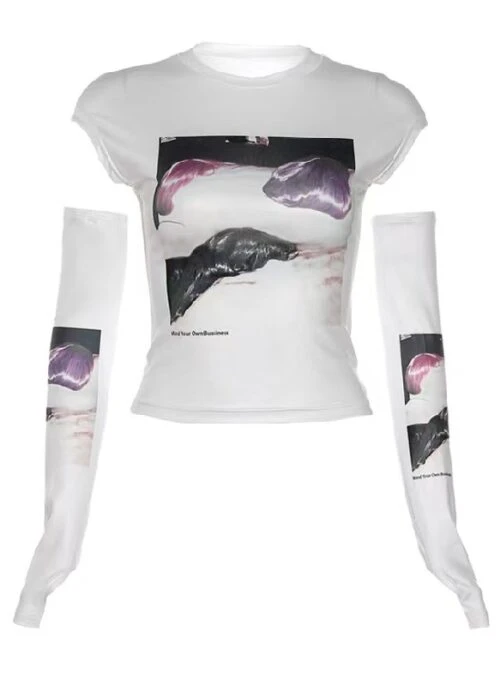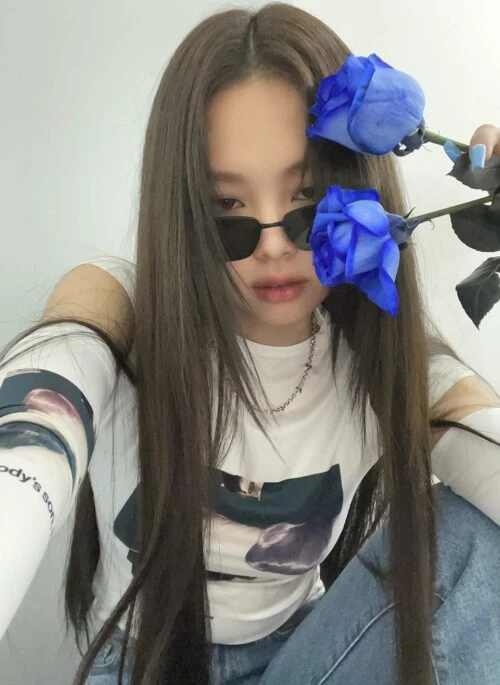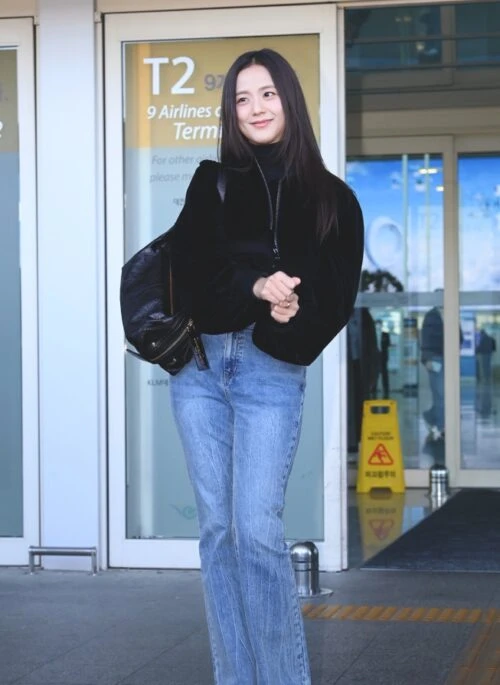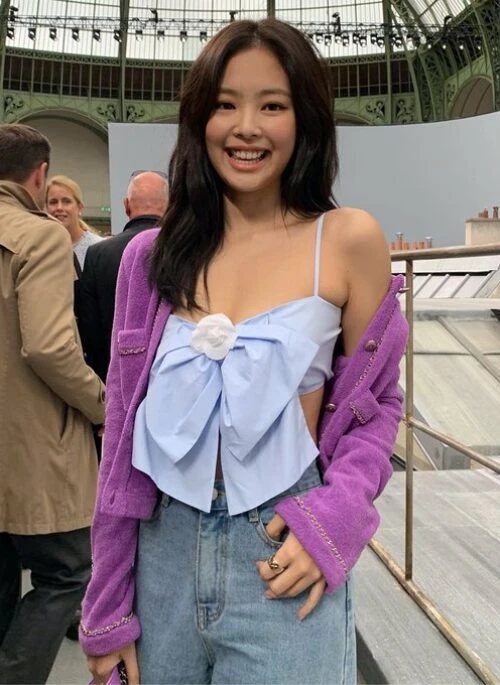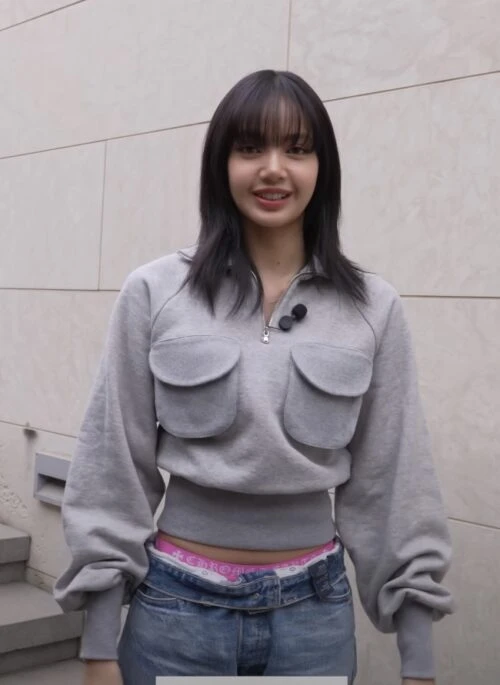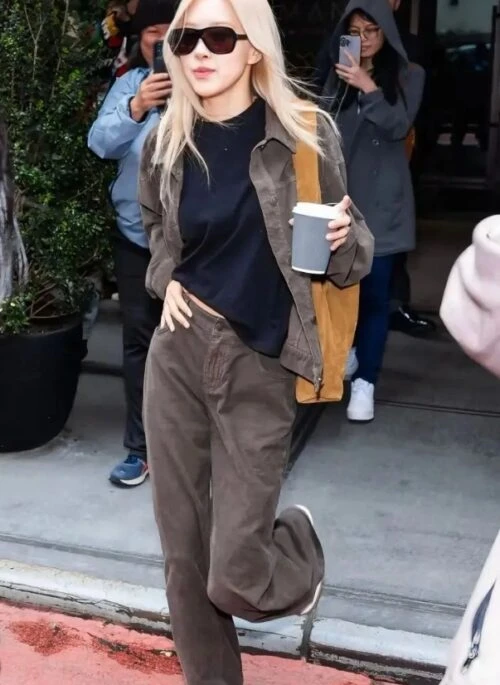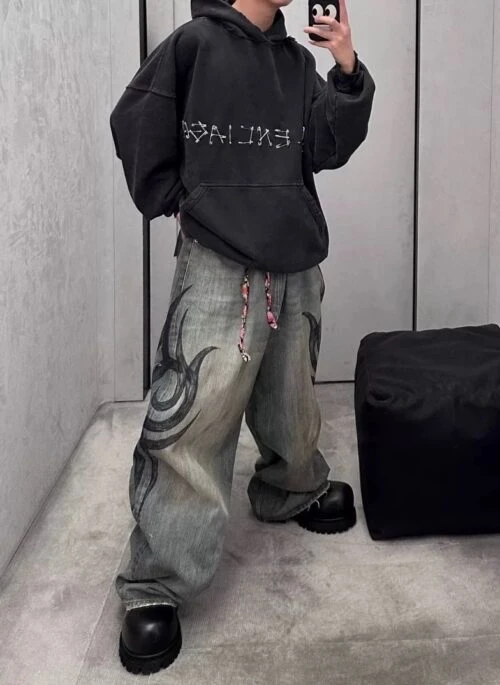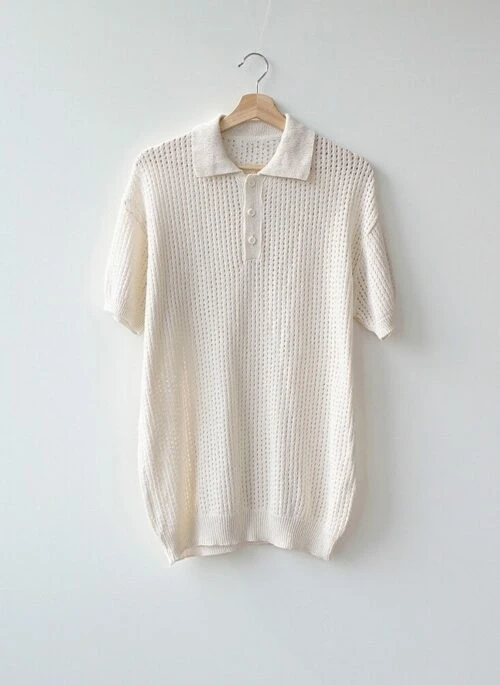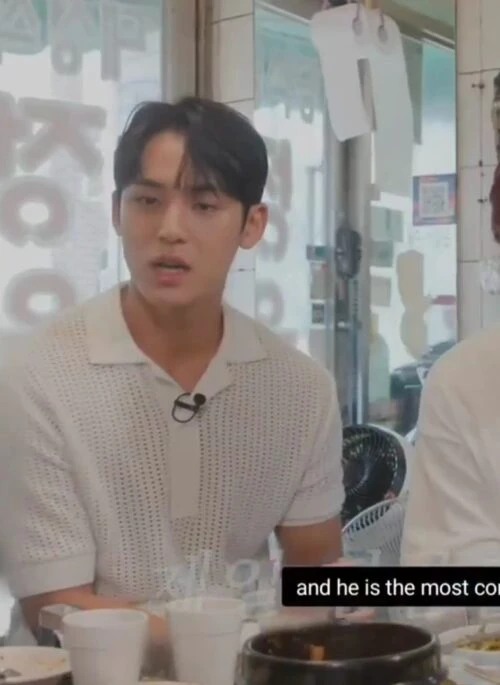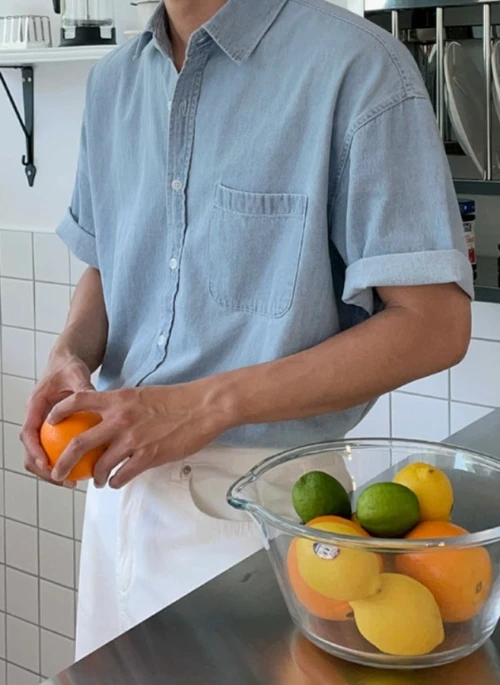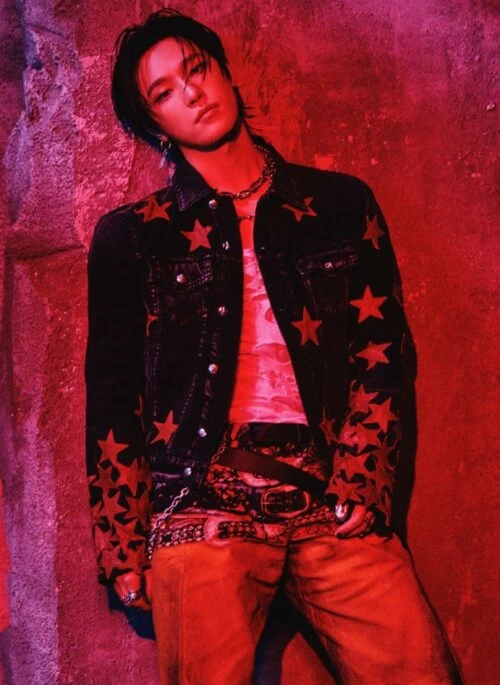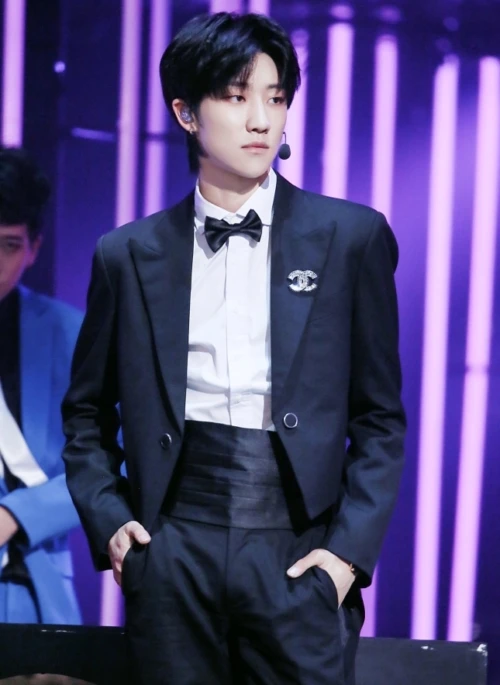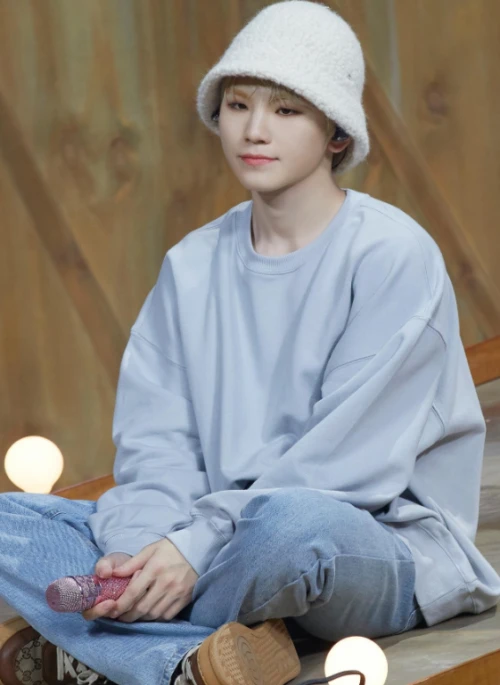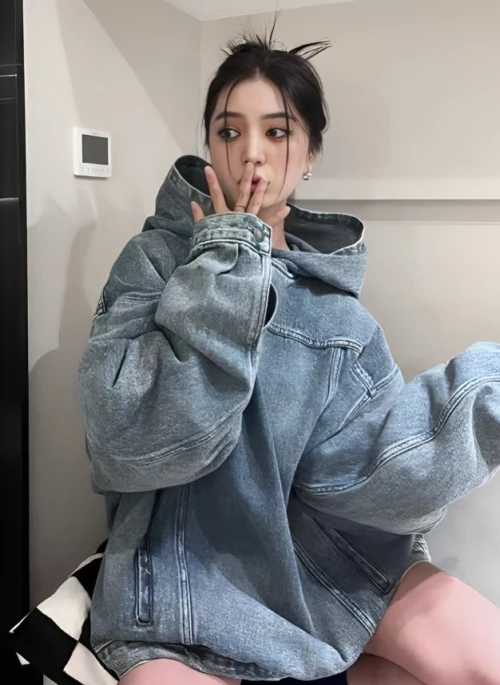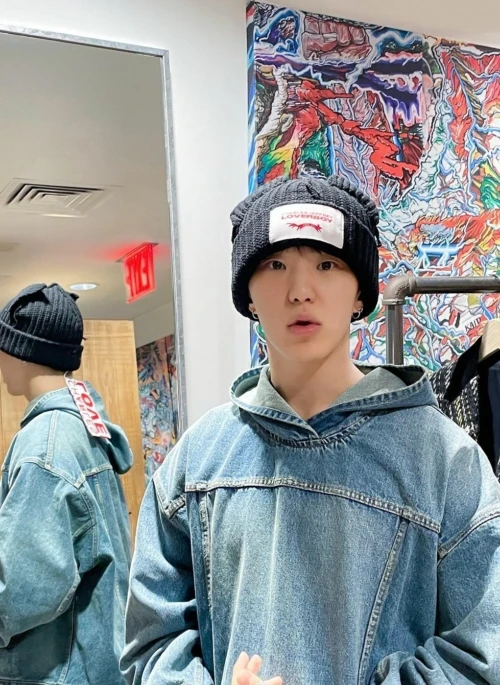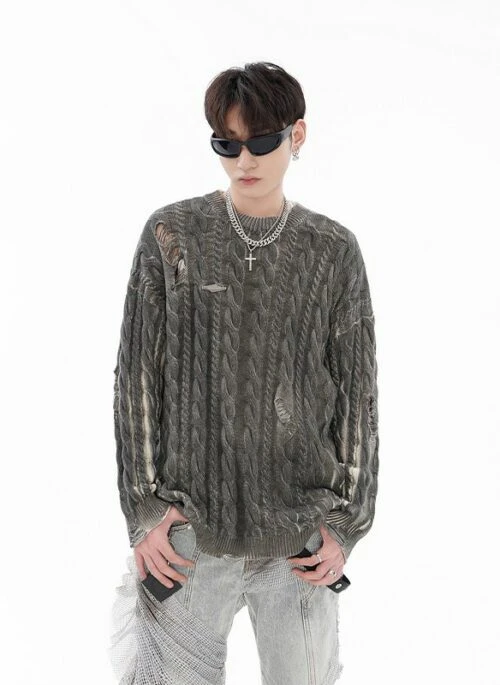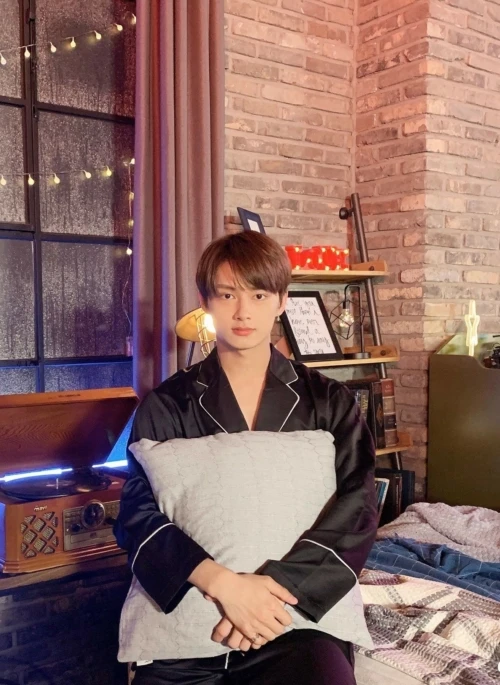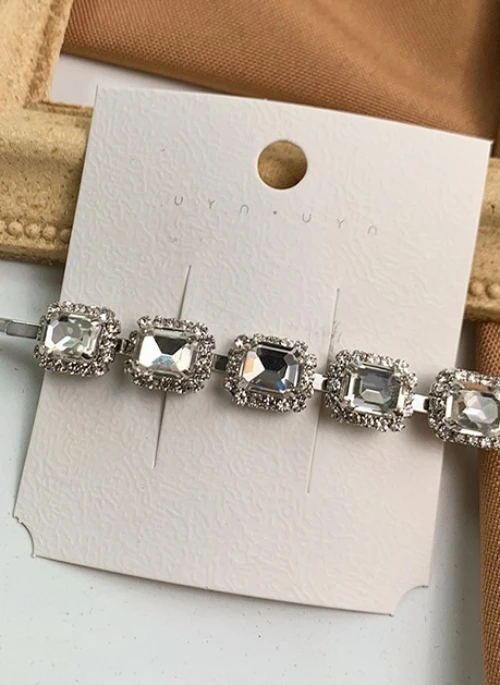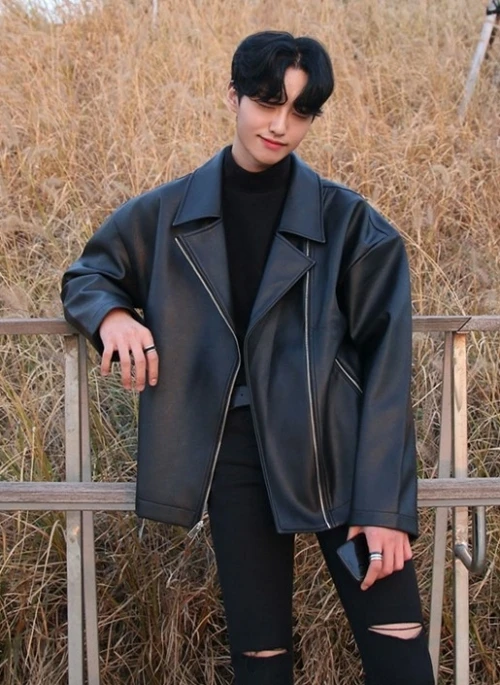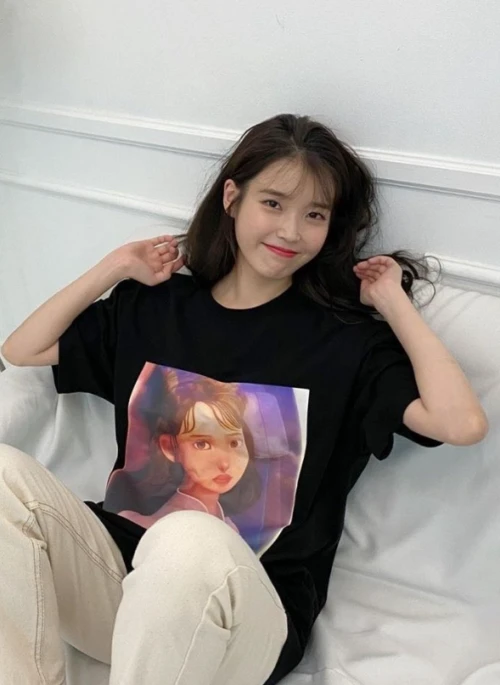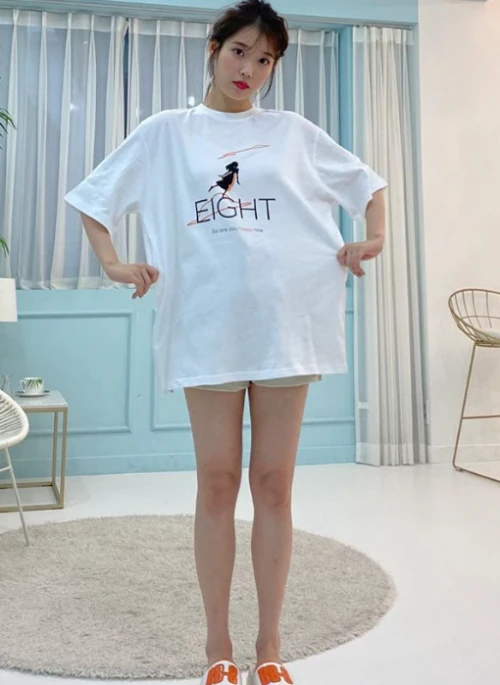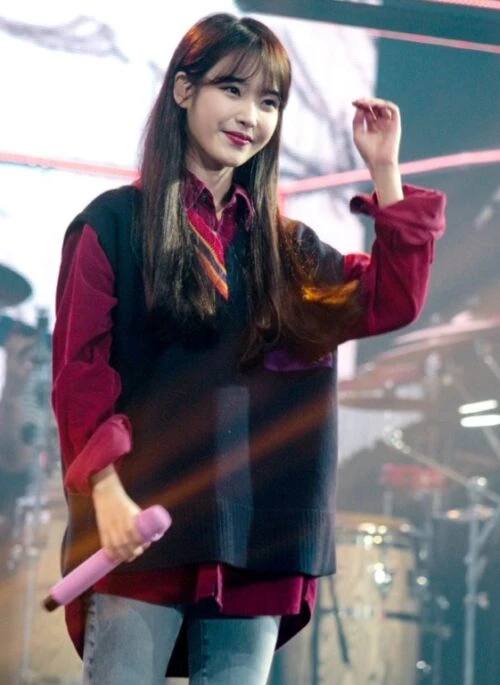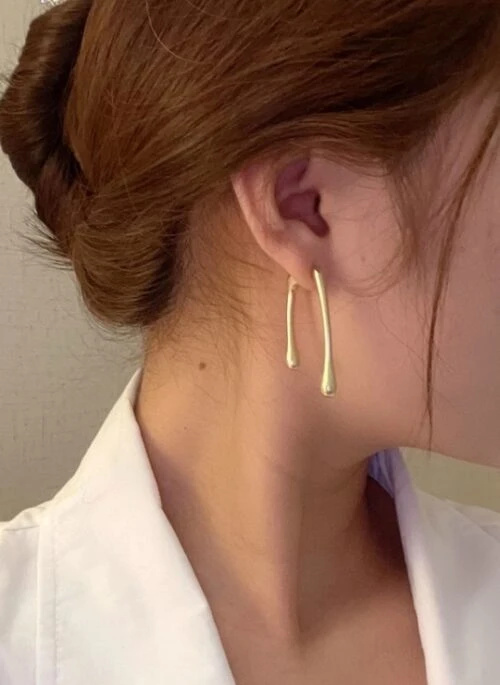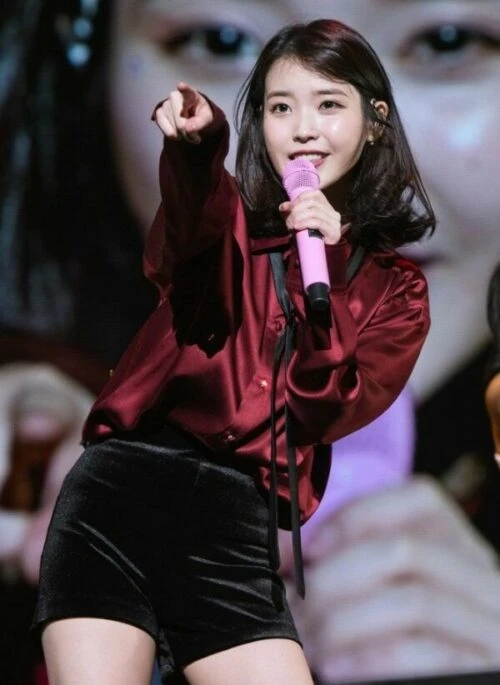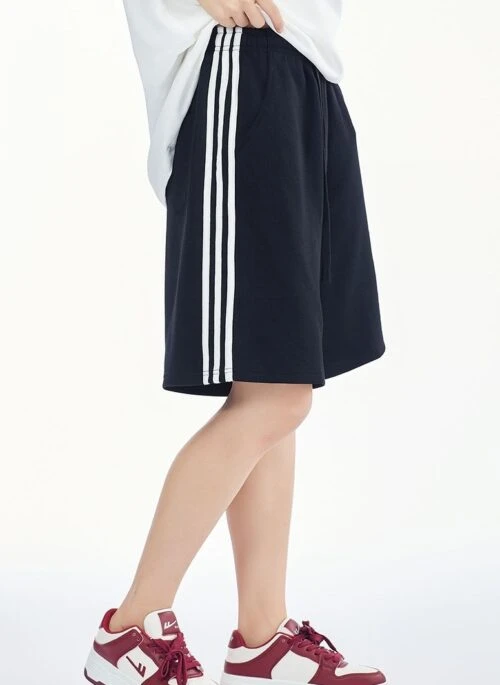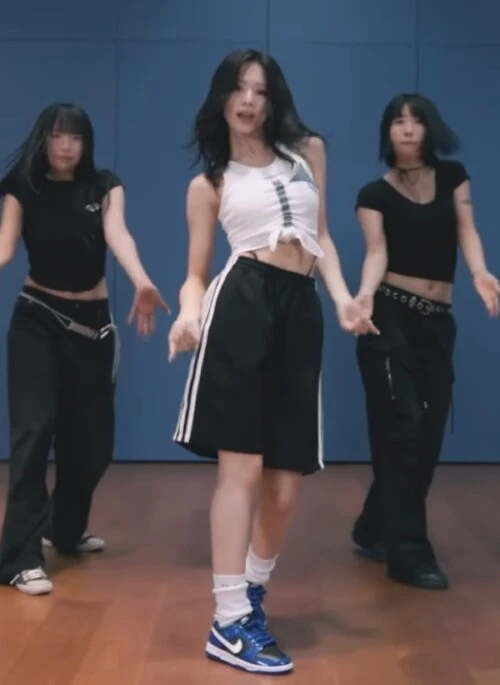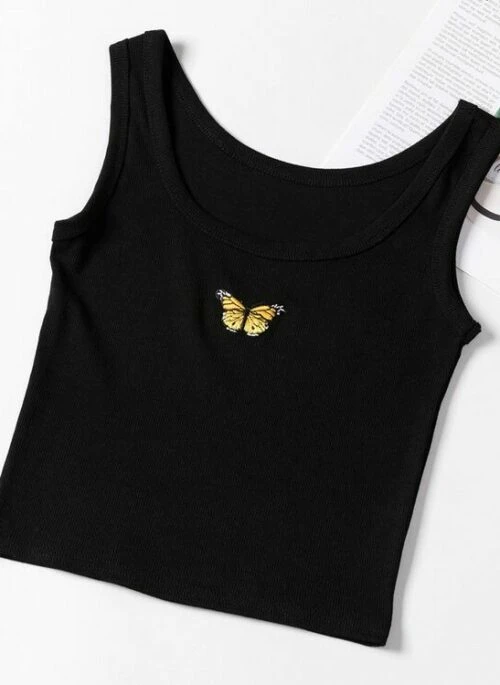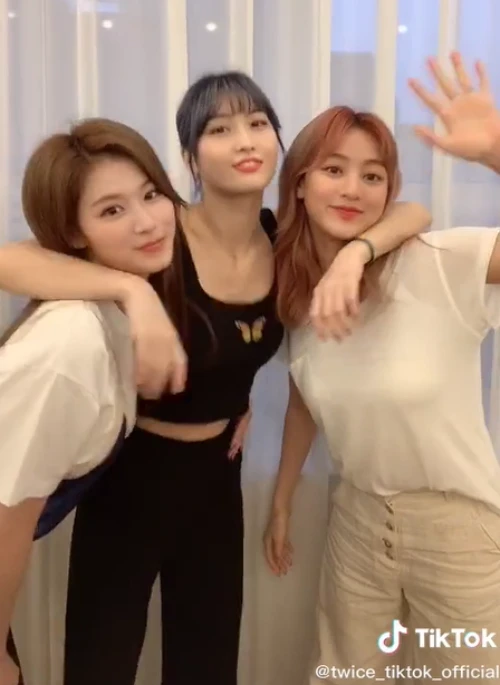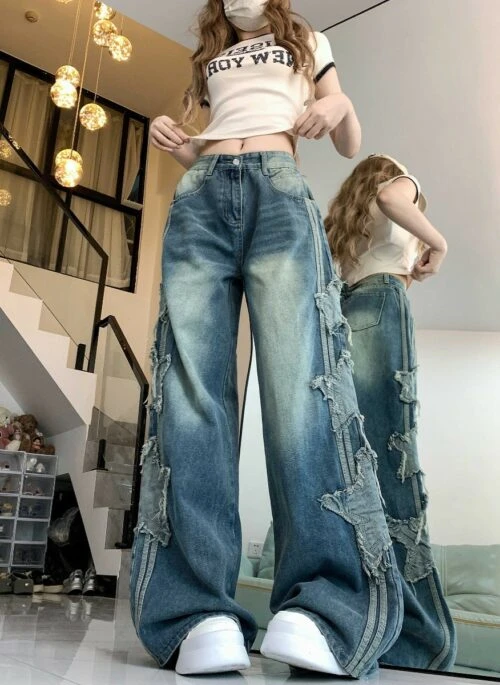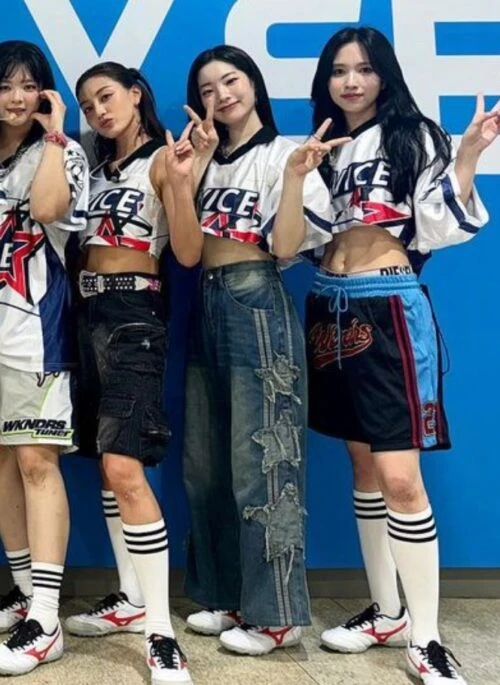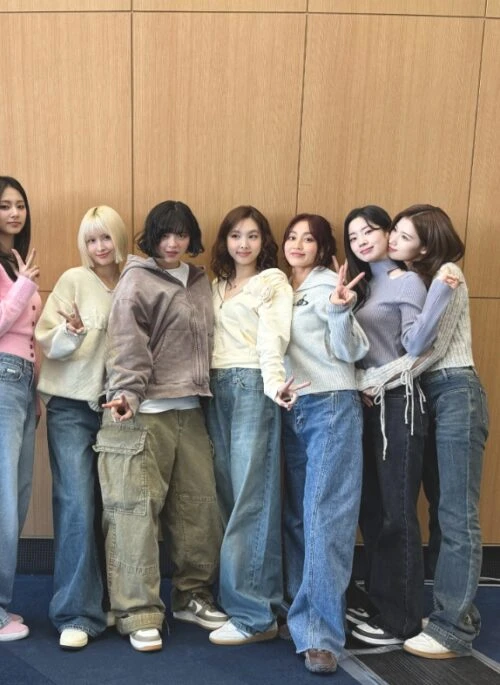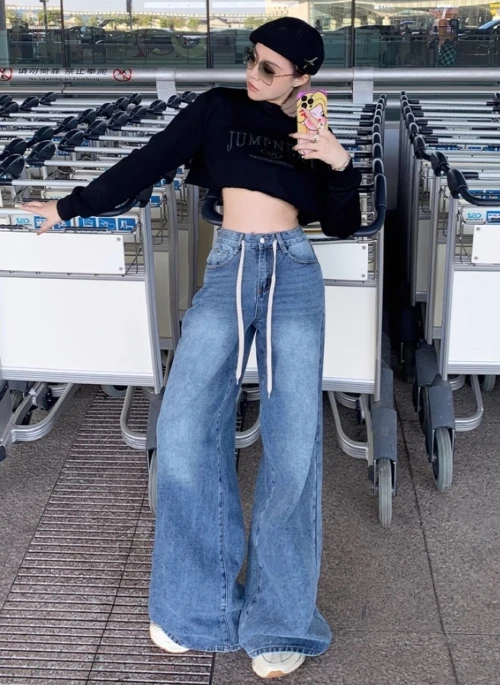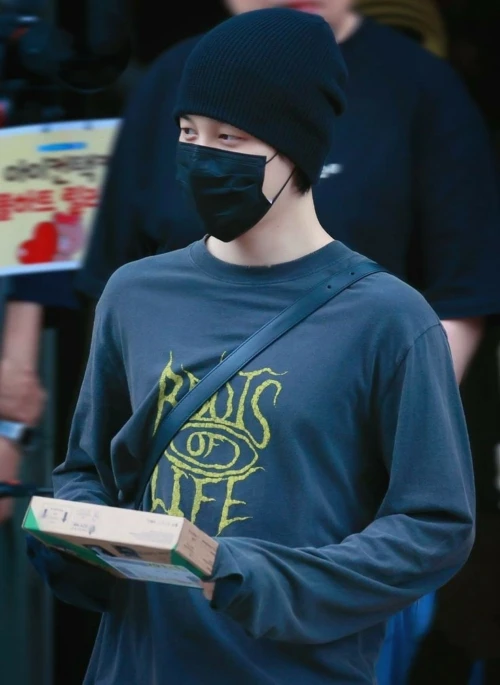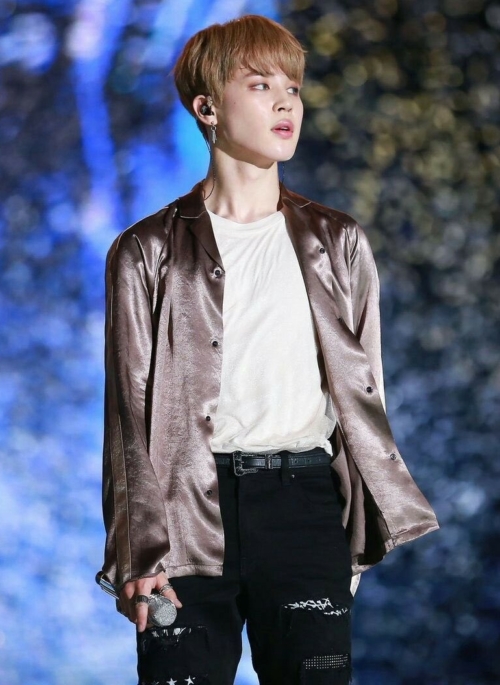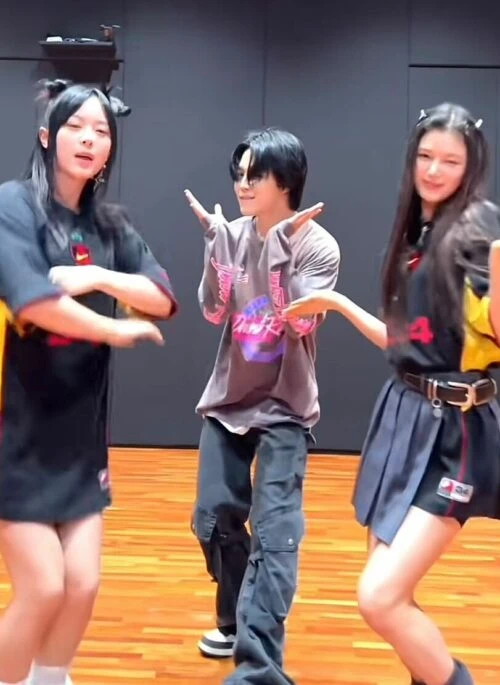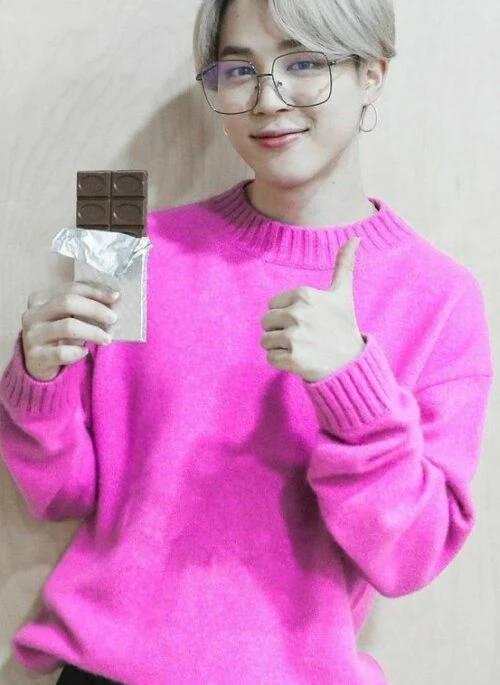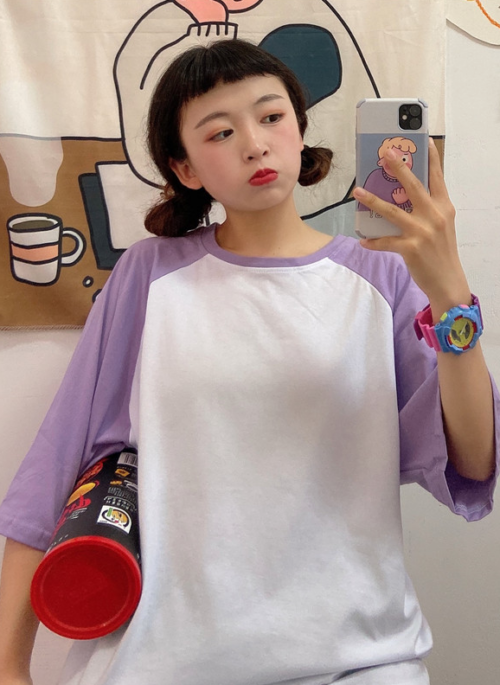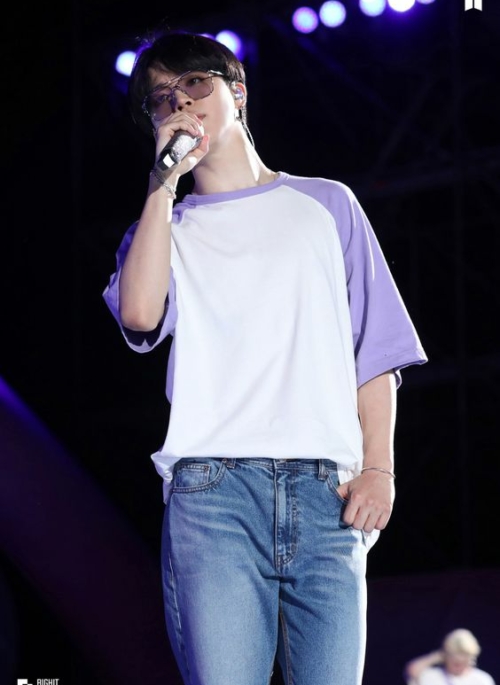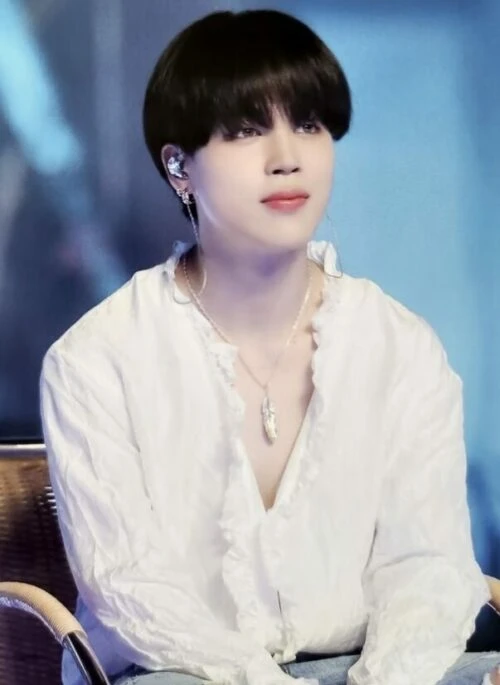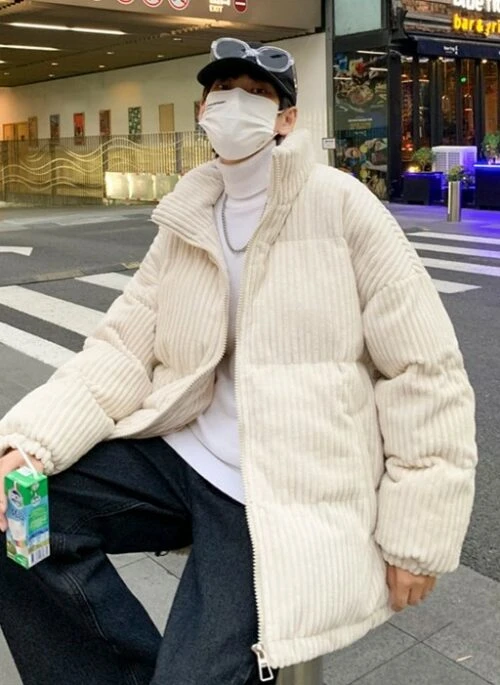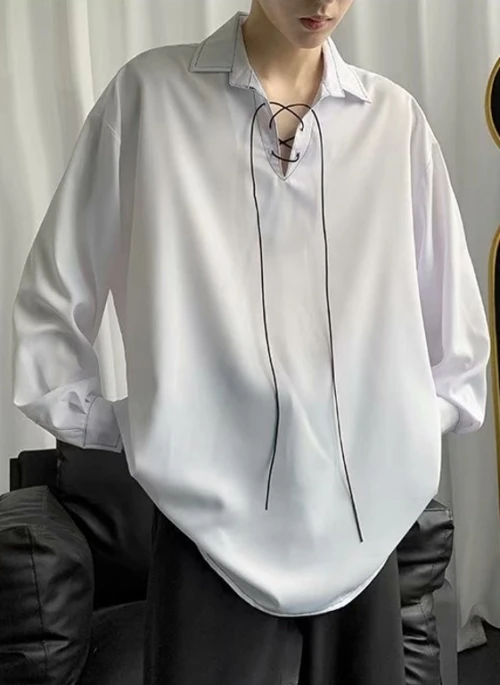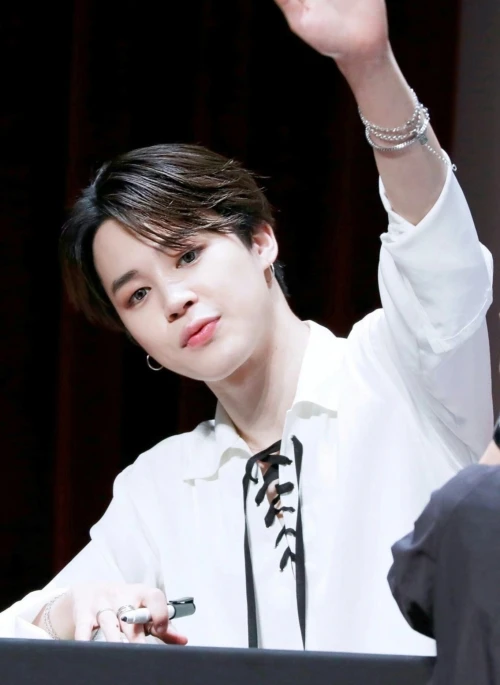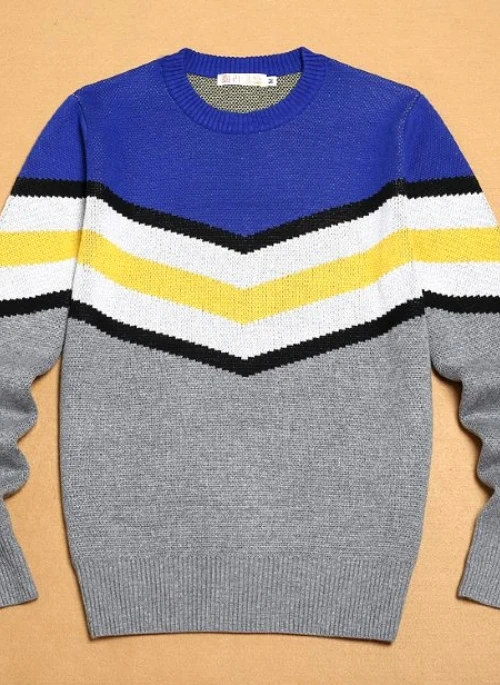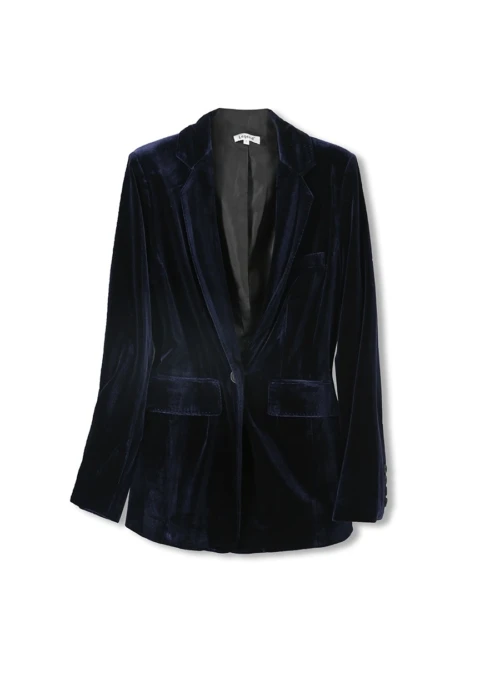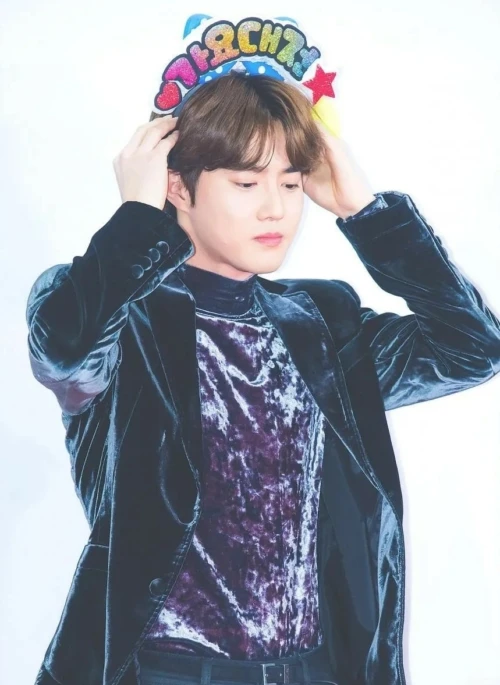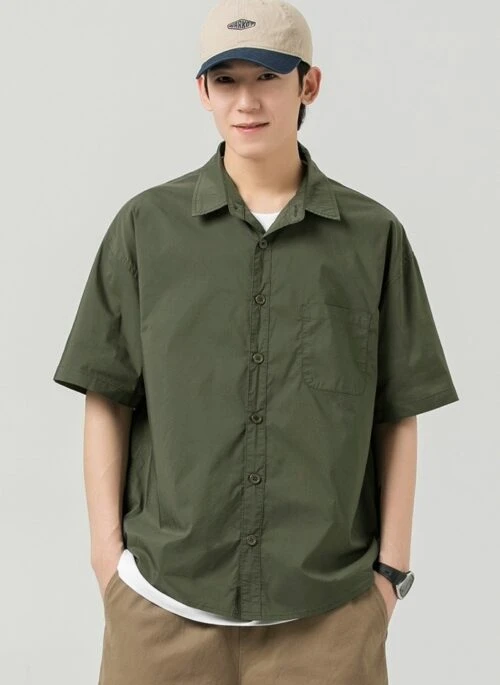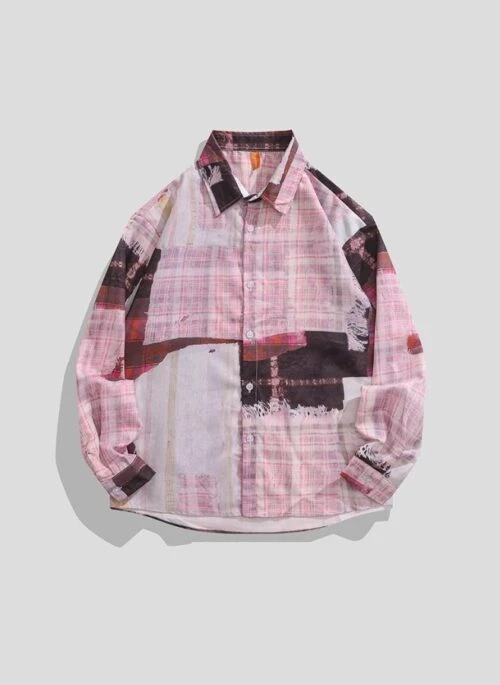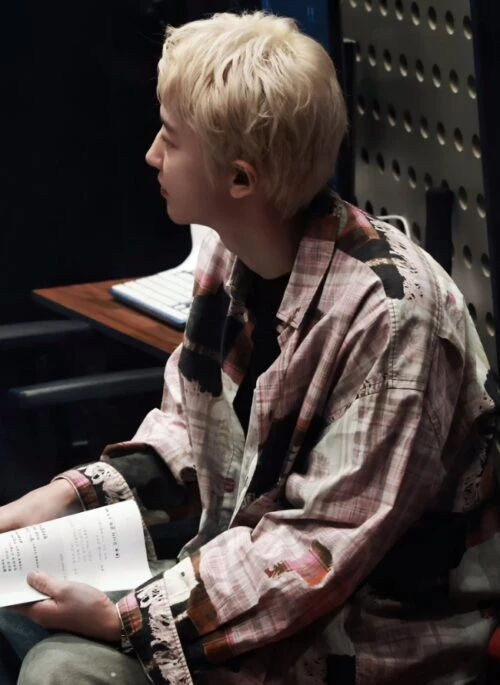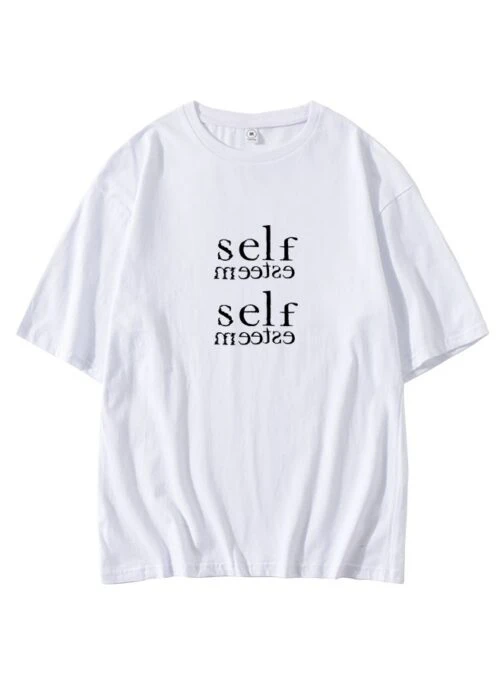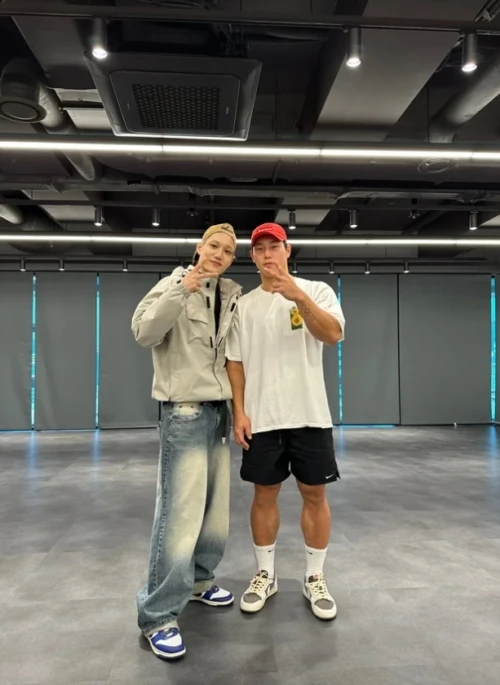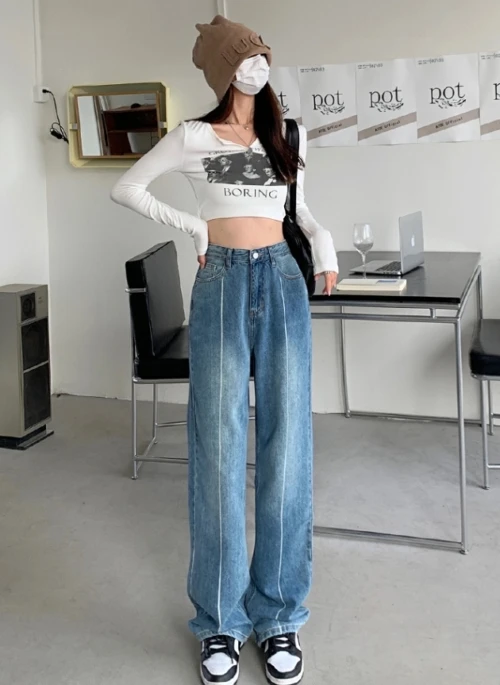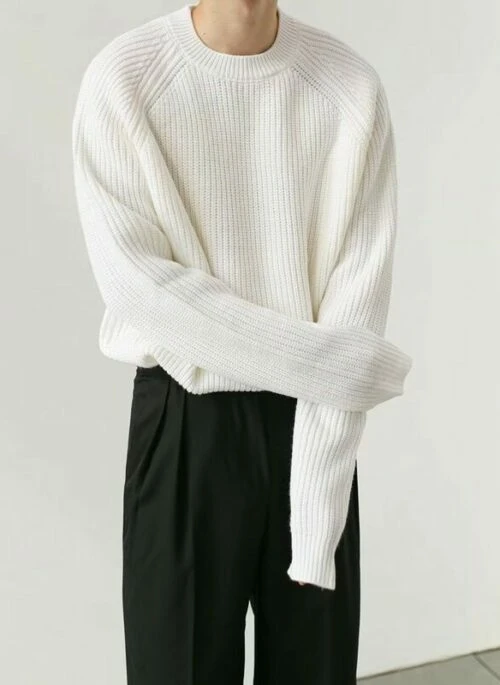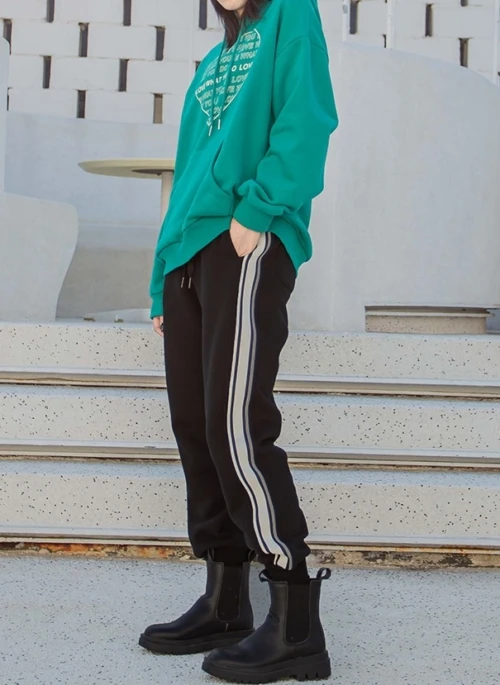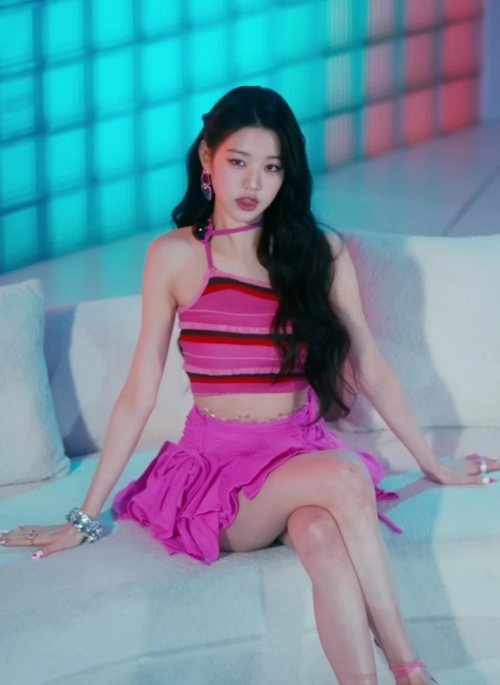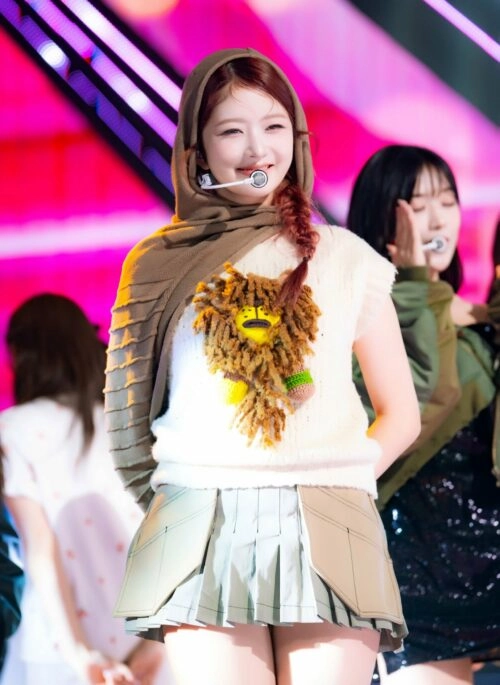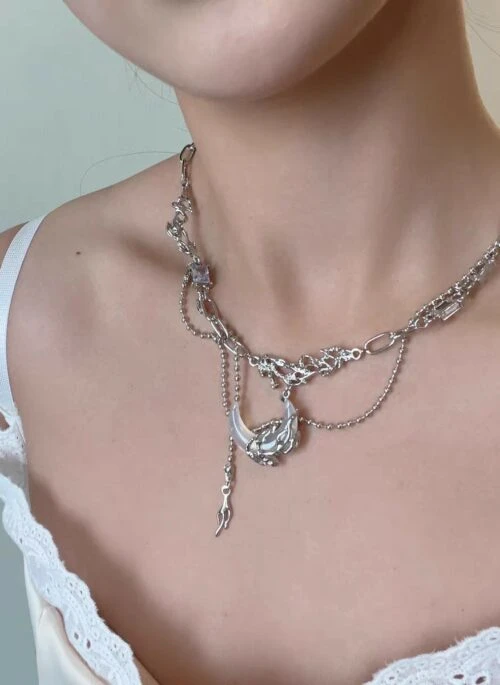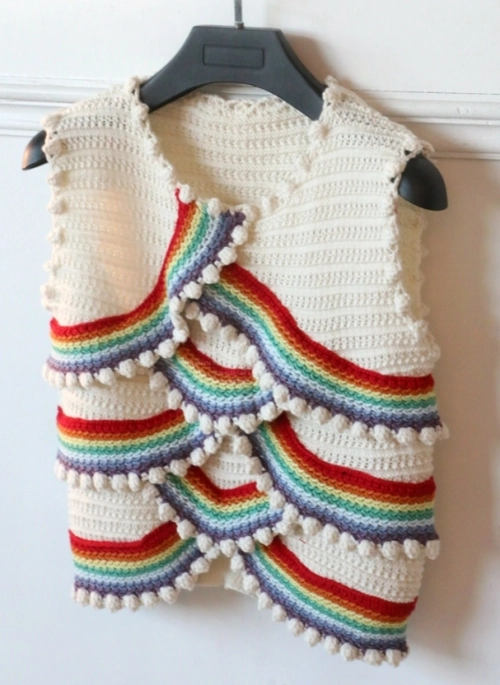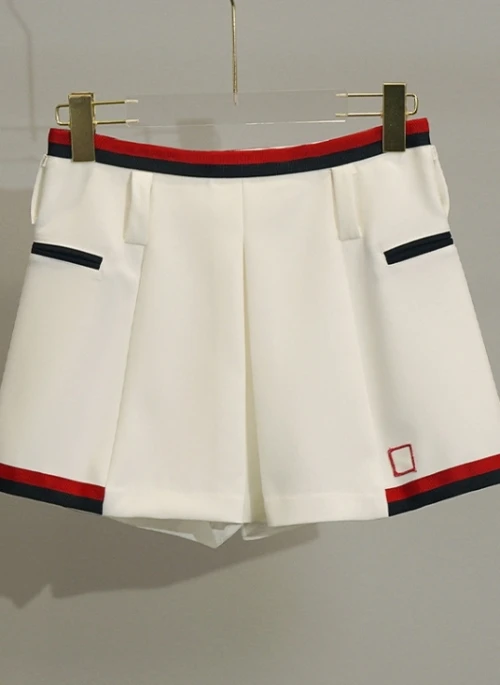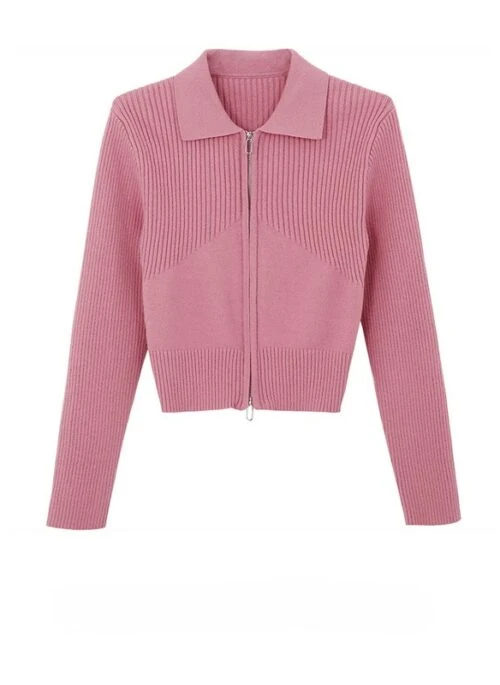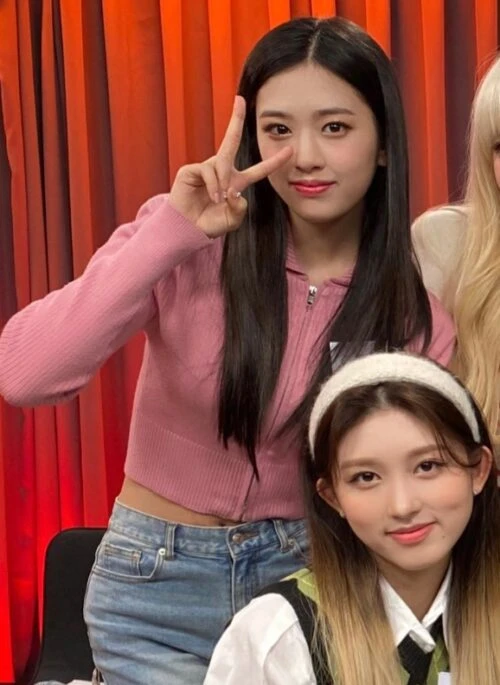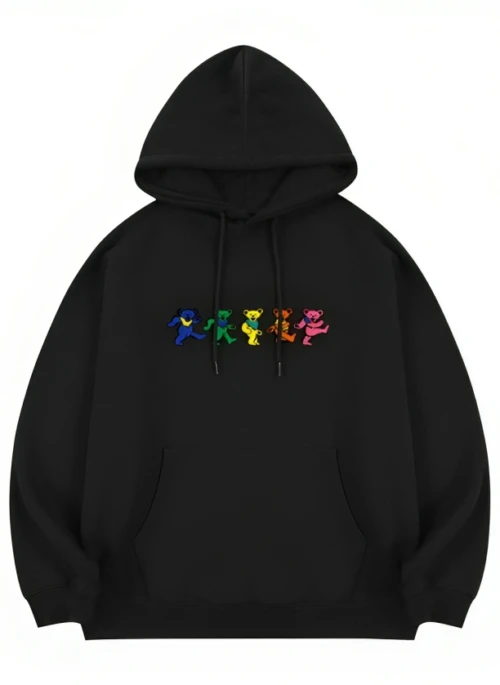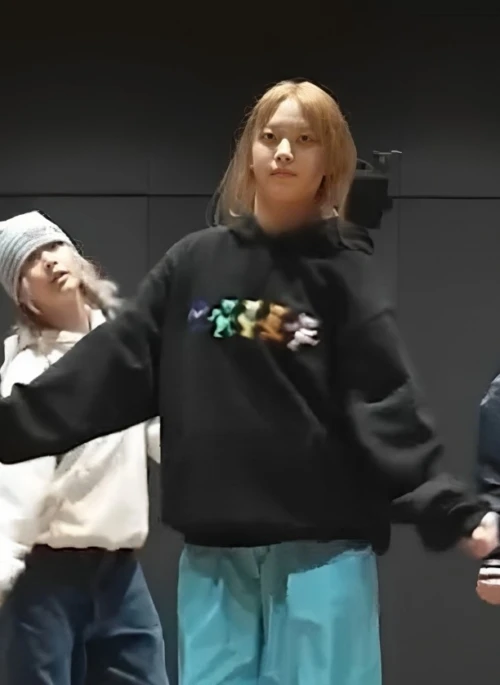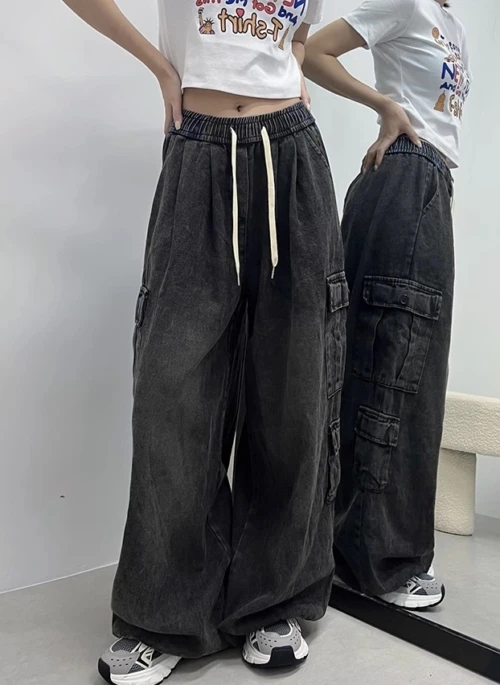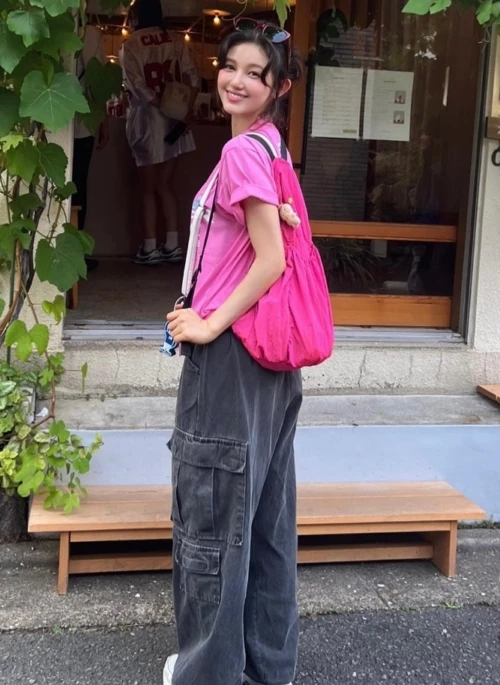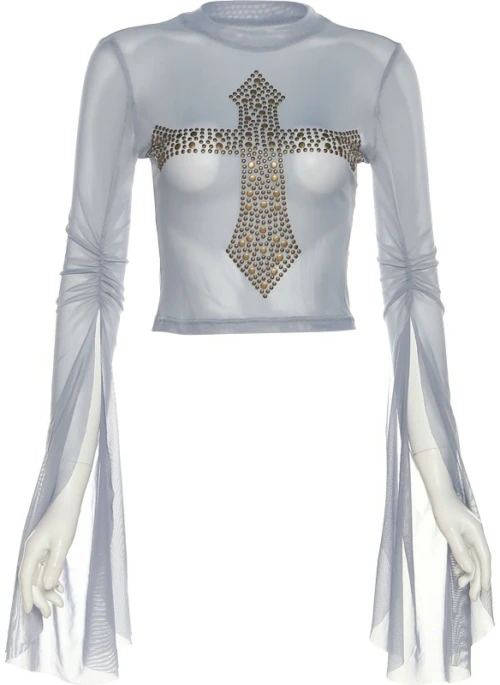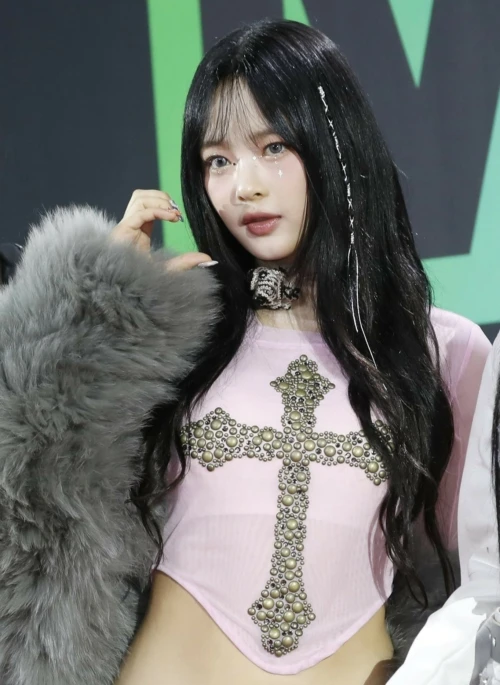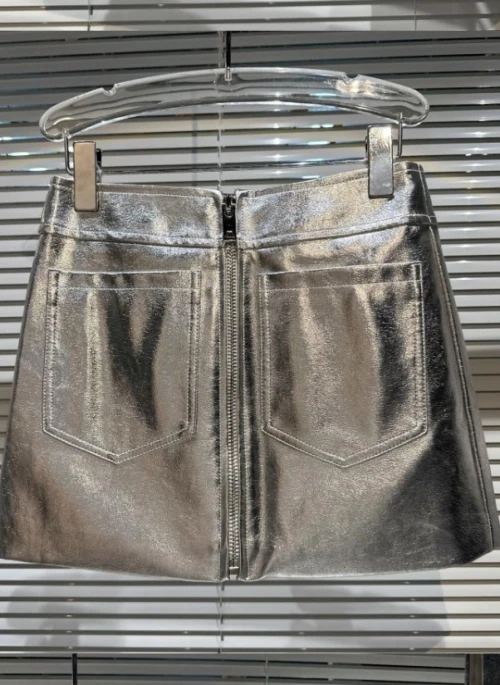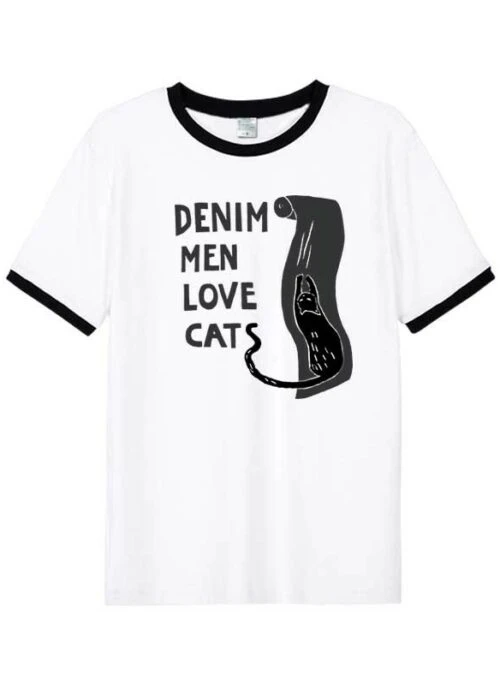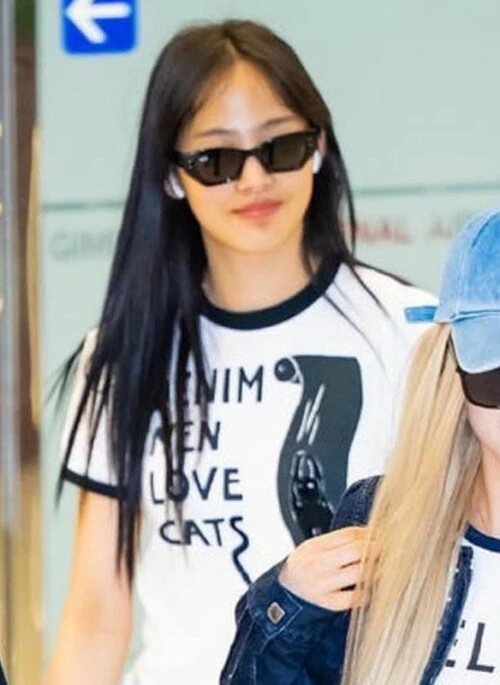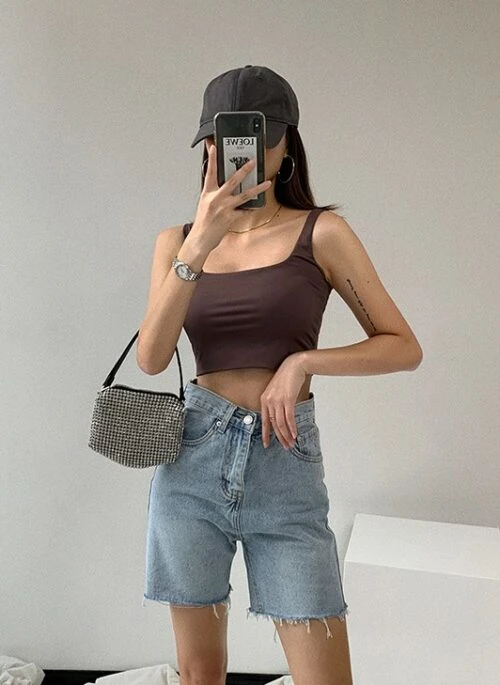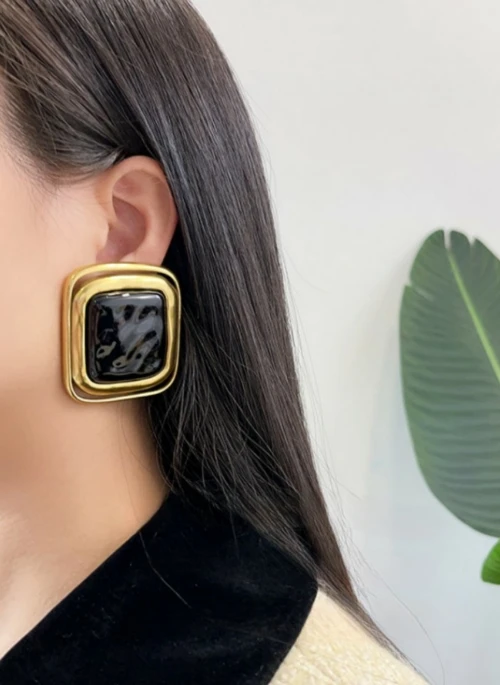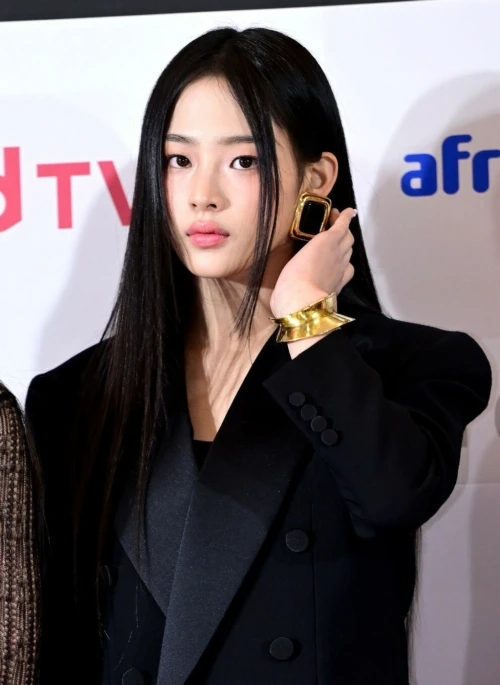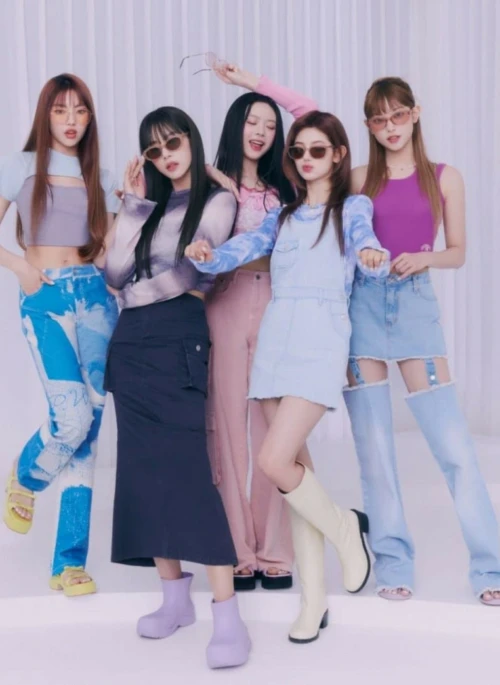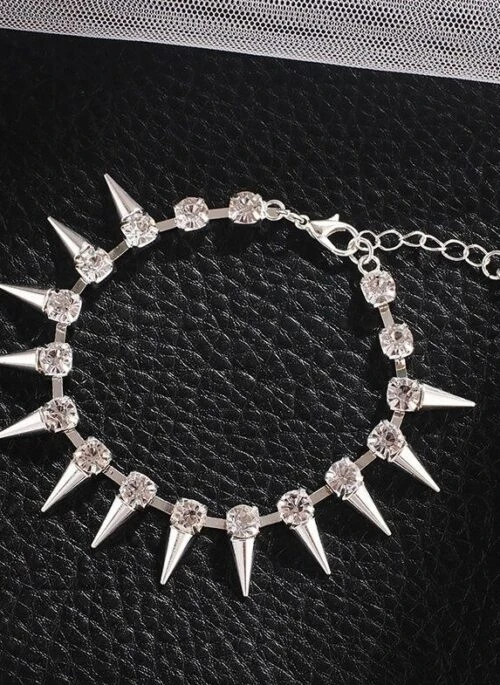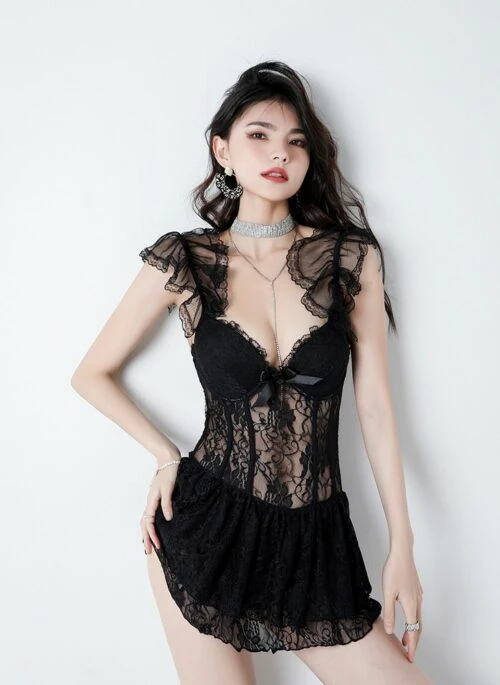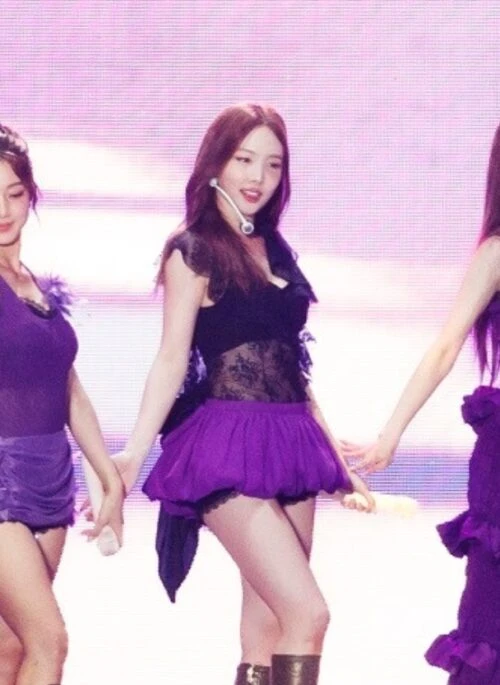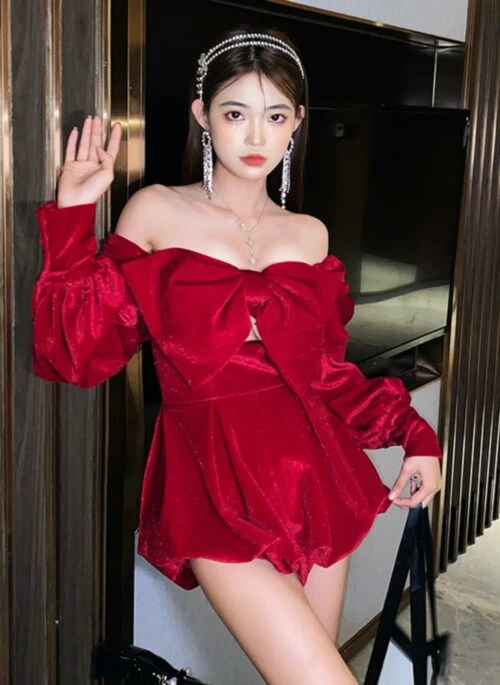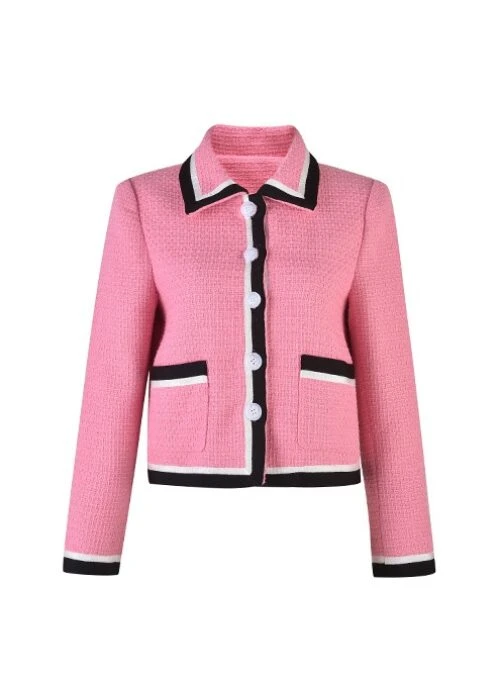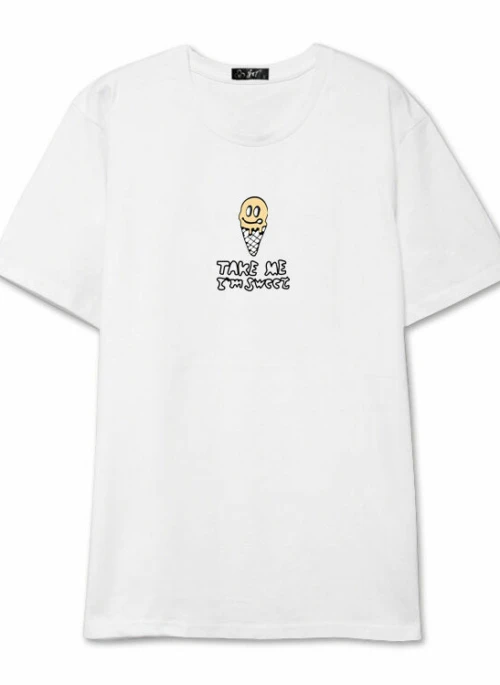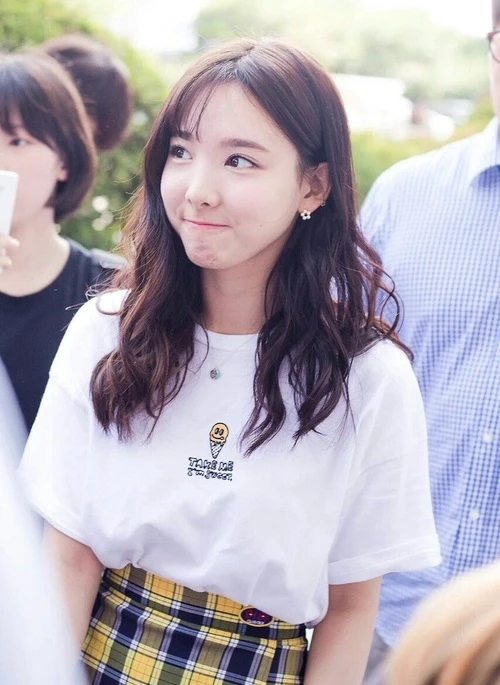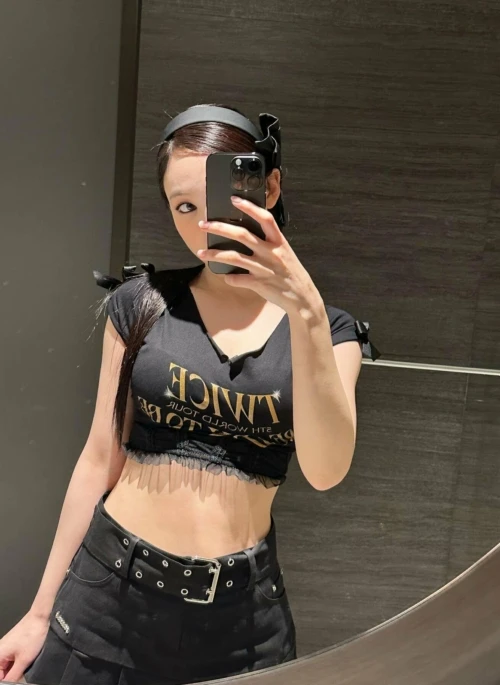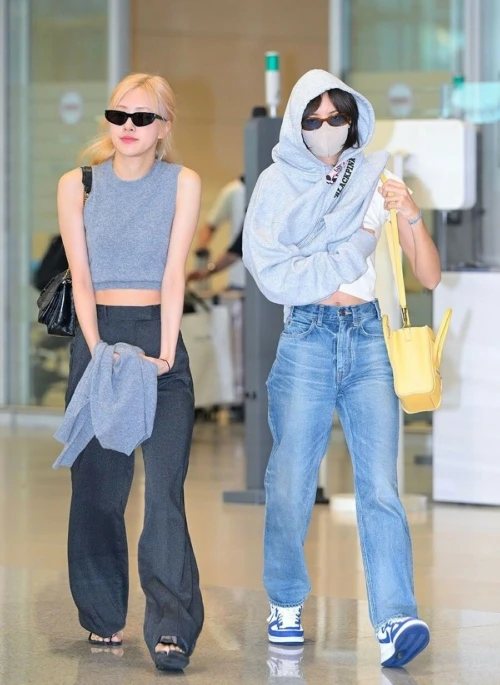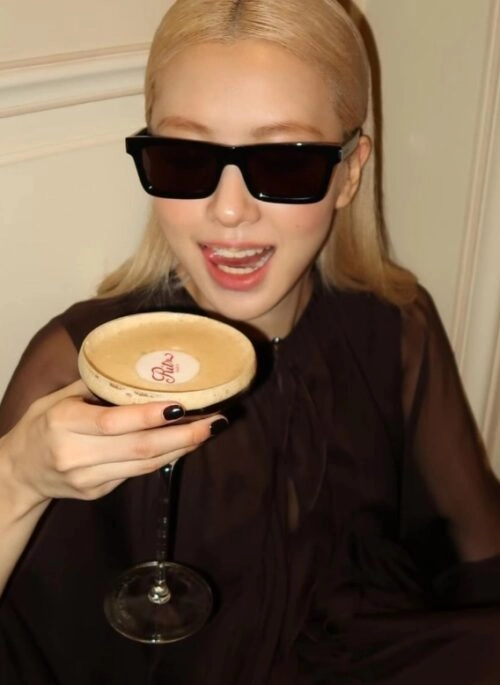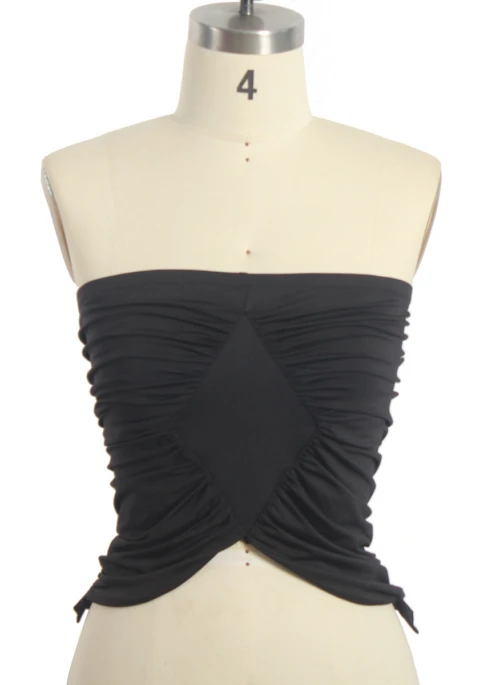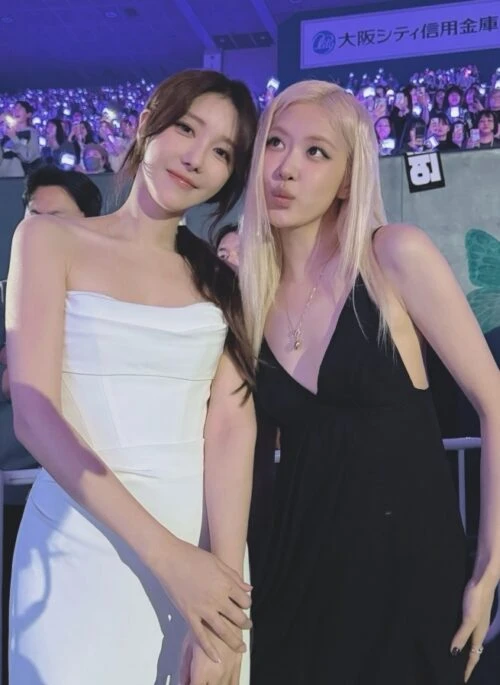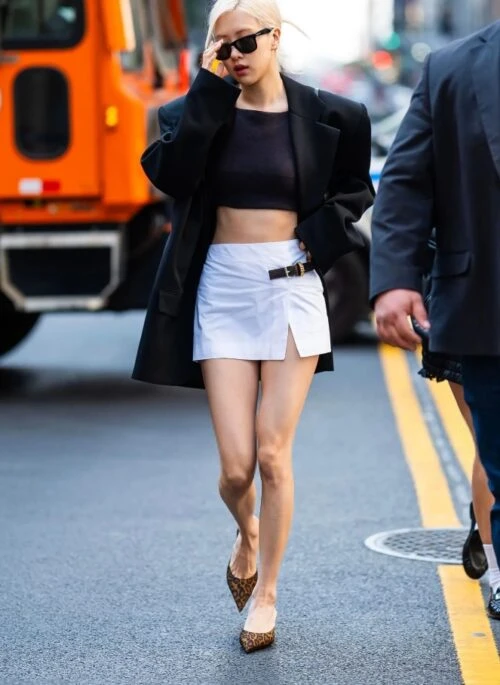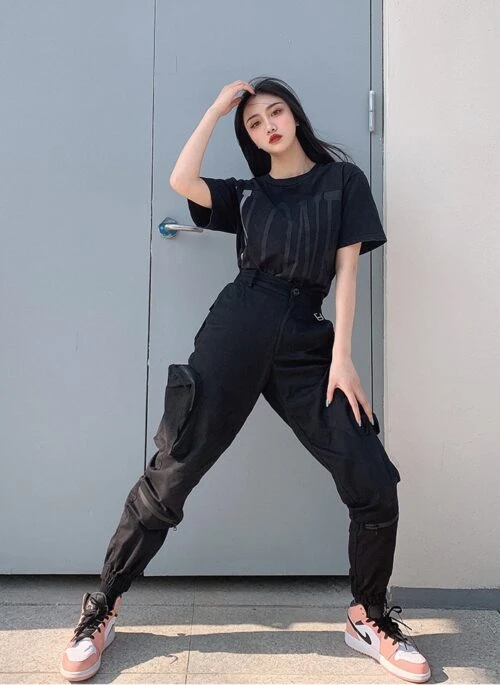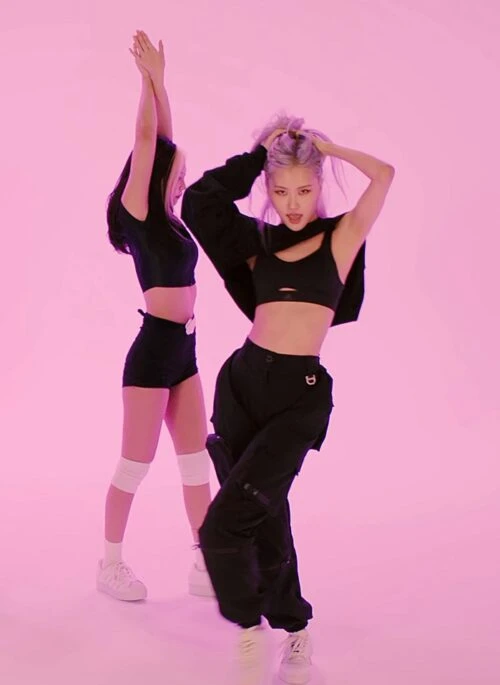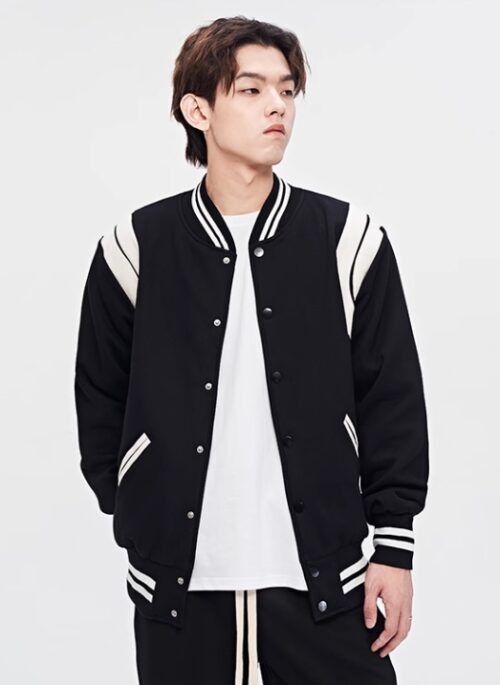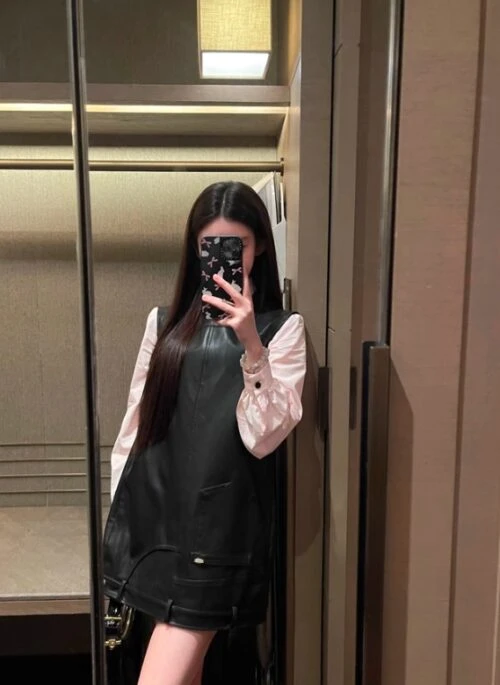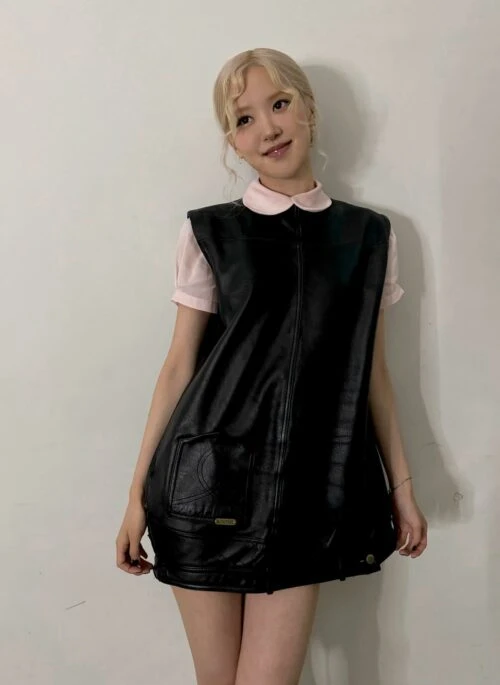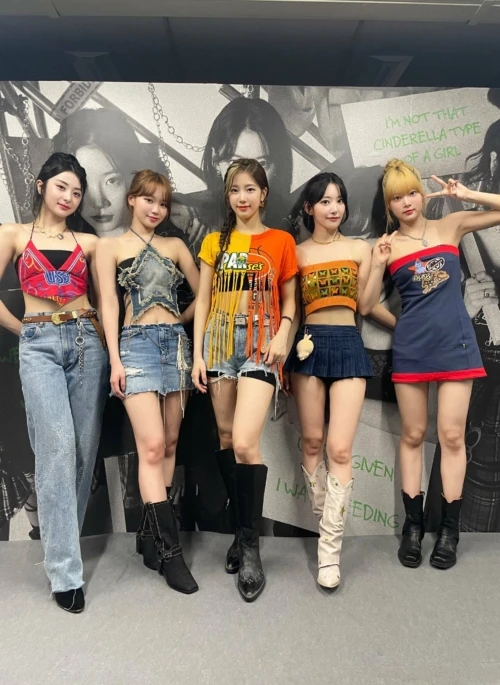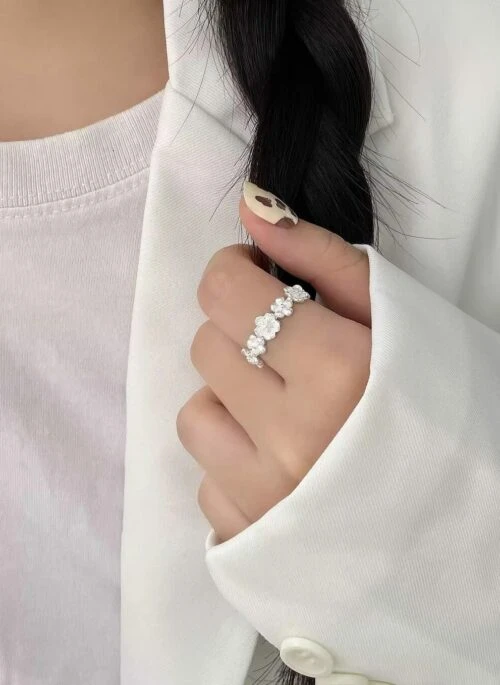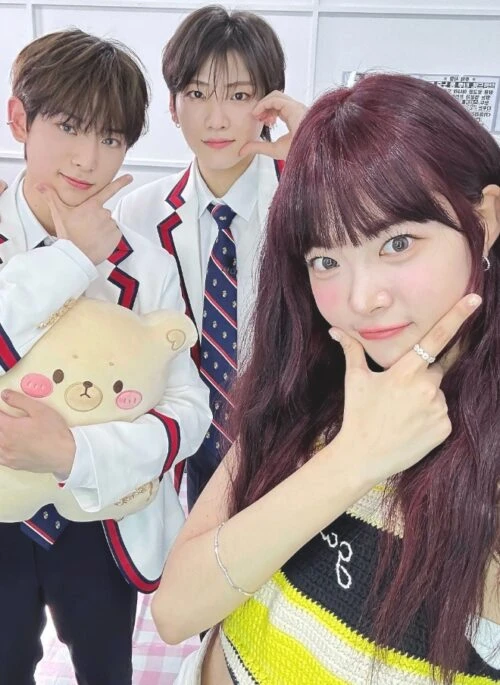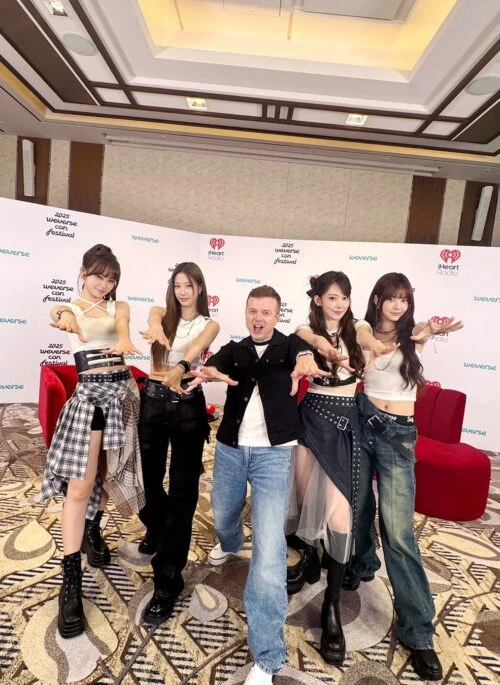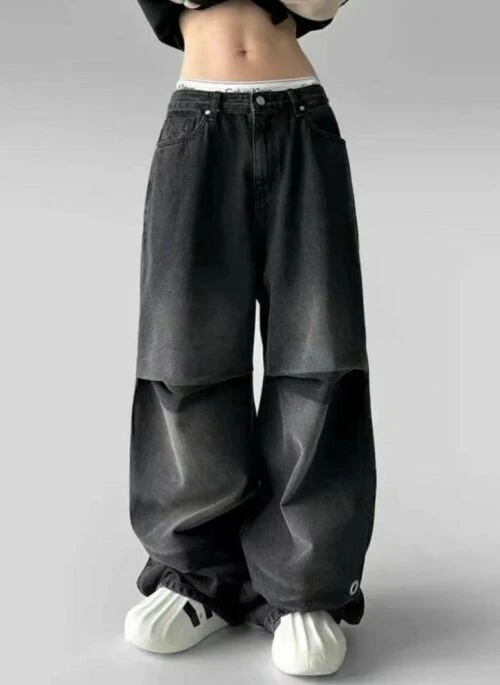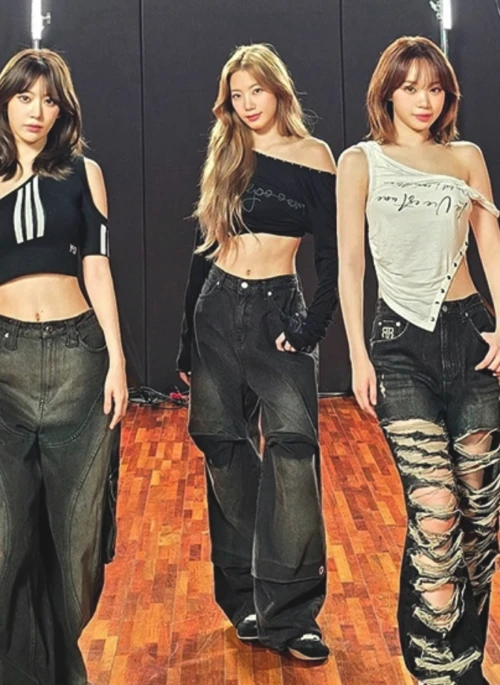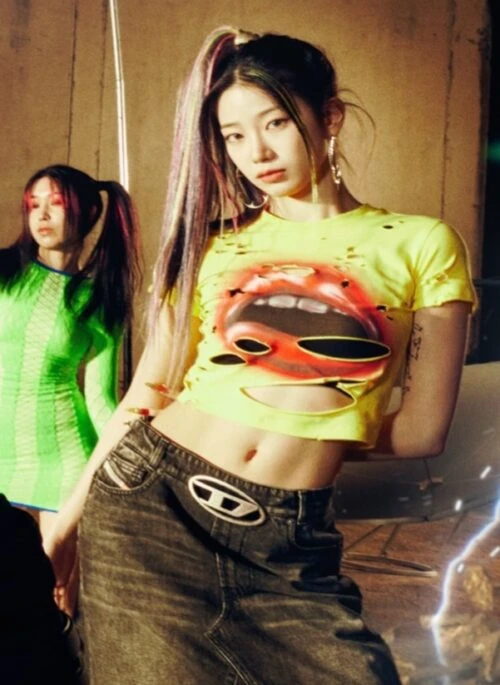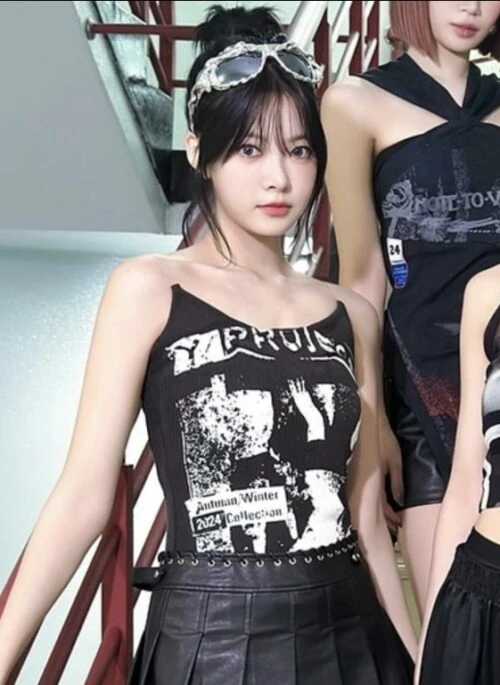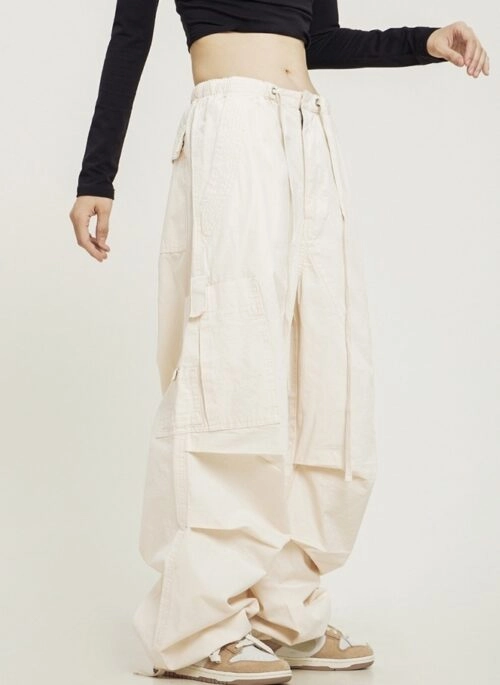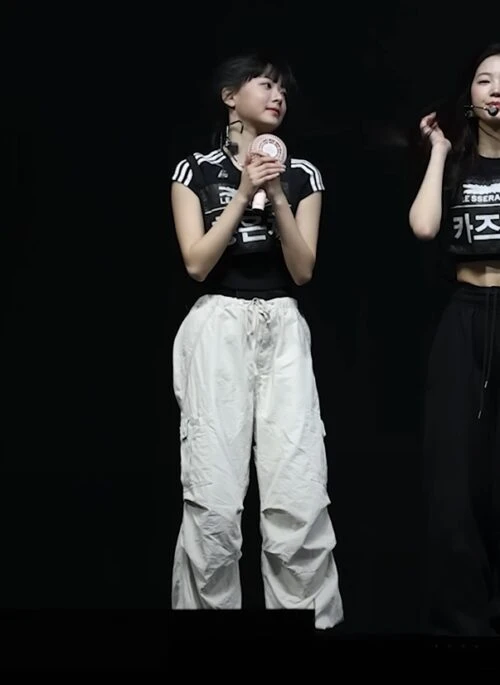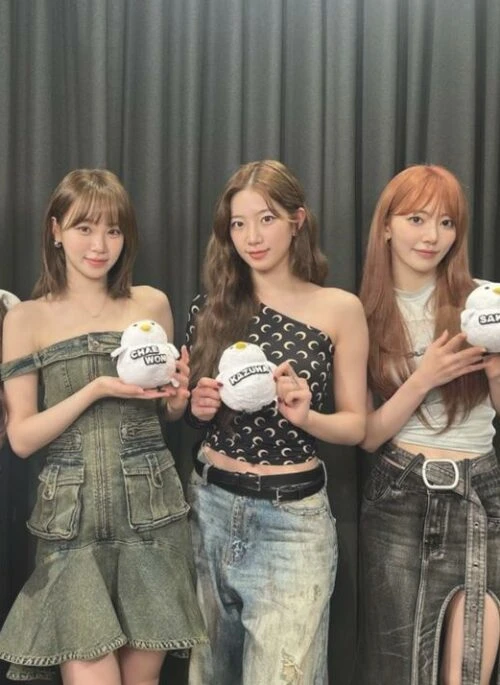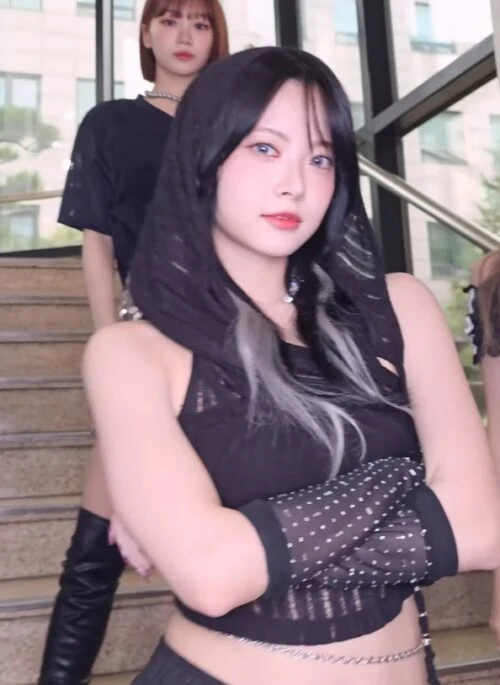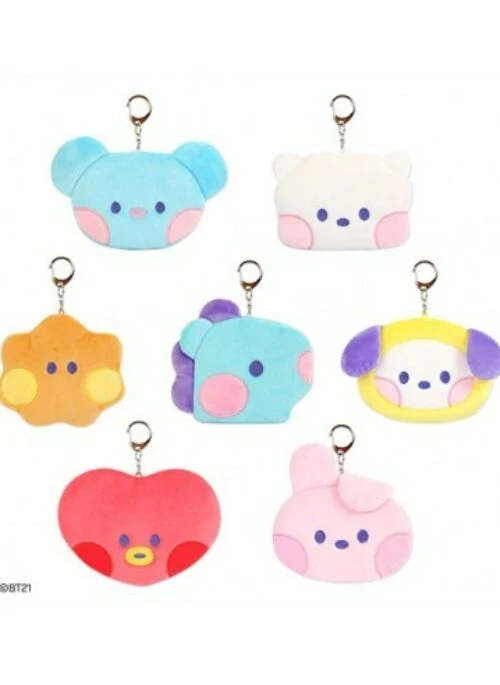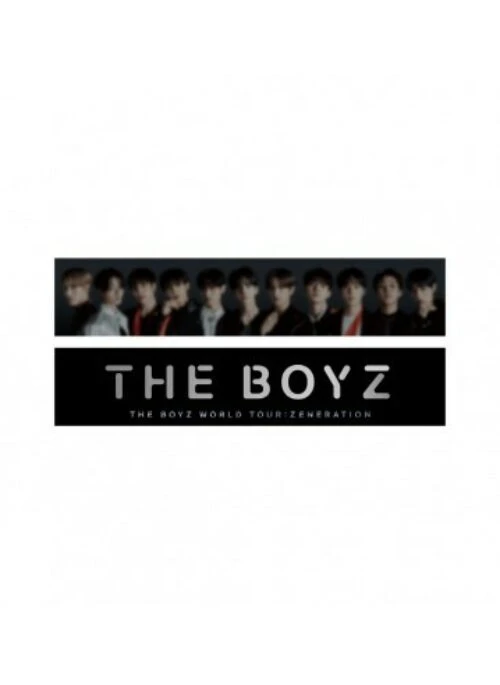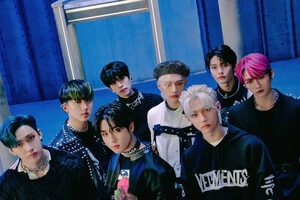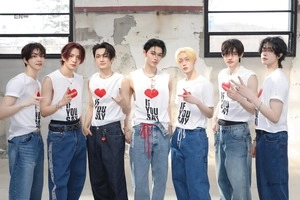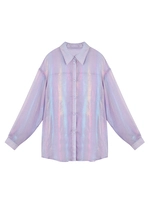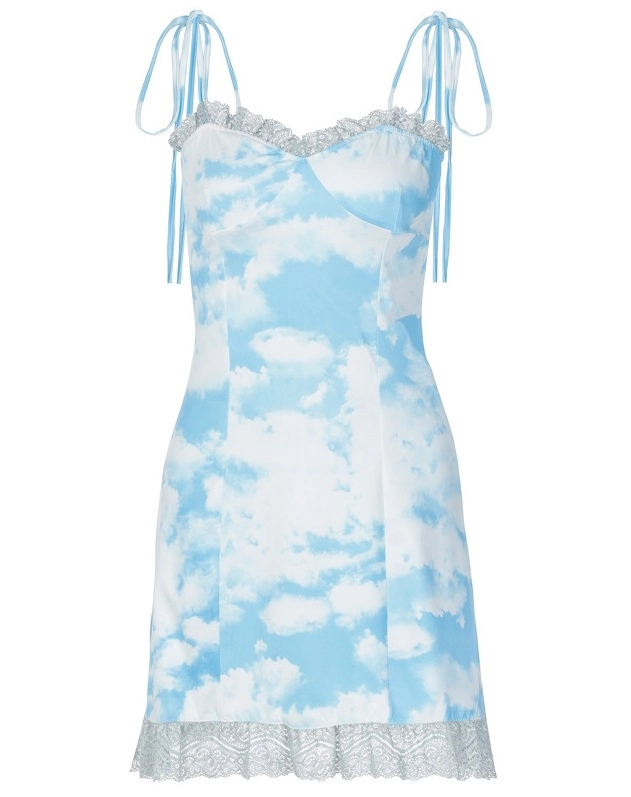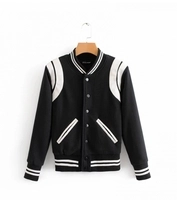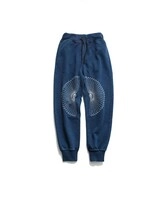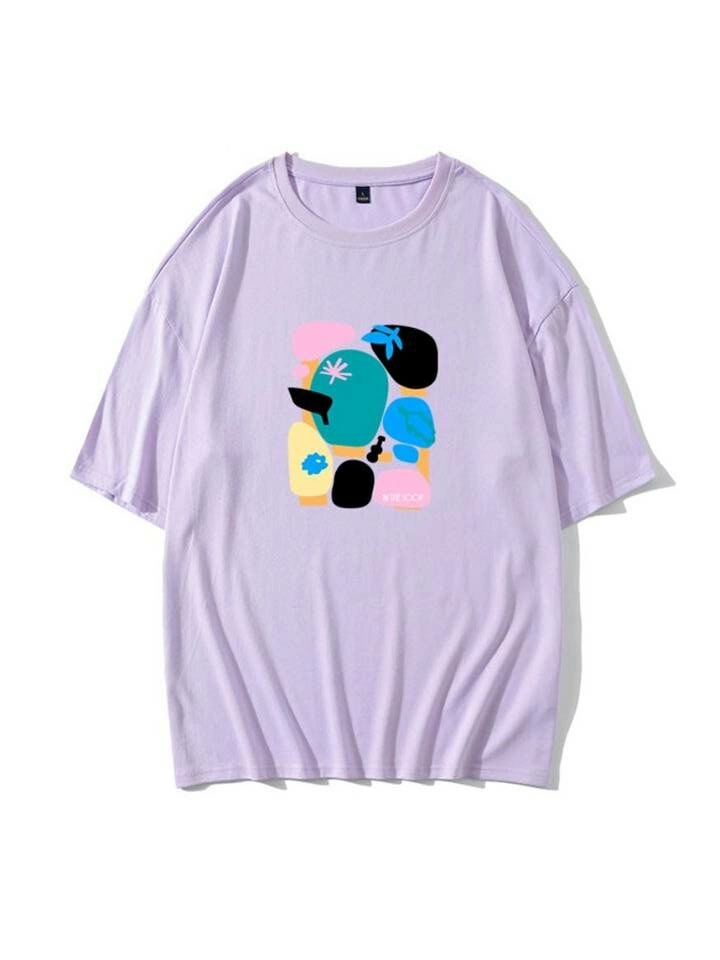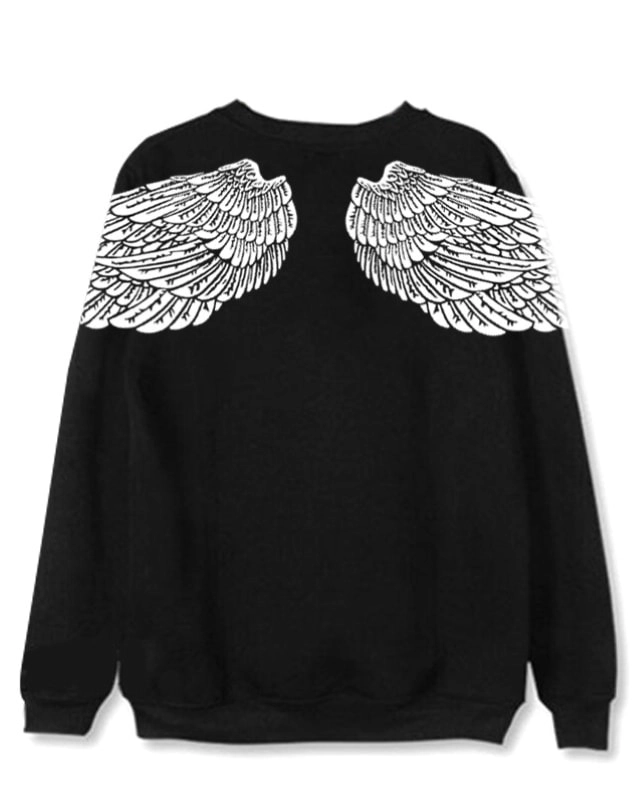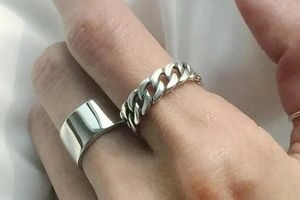19/04/2025
KPOP IDOLS’ DIET IN A NUTSHELL
The perfectly sculpted bodies and flawless appearances of K-pop idols often raise questions about their strict kpop idol diet routines and the sacrifices behind their image. Behind the glamorous performances and music videos lies a complex world of carefully monitored eating patterns and rigorous health regimens.
However, the reality of k-pop diet trends extends far beyond simple meal plans. From extreme calorie restrictions to scientifically backed nutrition programs, idol weight management has evolved significantly over the years. In fact, many industry practices that were once common are now being replaced by healthier, more sustainable approaches.
This comprehensive guide examines the truth behind K-pop idol diets, exploring both traditional methods and modern nutrition strategies that shape the industry today. We’ll analyze real examples from popular groups, expert opinions, and the changing landscape of idol health management.
Table of Contents
- Popular Diet Methods Among K-pop Idols
- Intermittent Fasting Approaches
- Protein-Focused Diets
- Plant-Based Trends Among Idols
- Controversial Diet Practices
- Extreme Calorie Restriction Concerns
- Pre-Comeback Diet Intensification
- Industry Regulation Changes
- Healthier Approaches Gaining Popularity
- Nutritionist-Supervised Meal Plans
- Balanced Macronutrient Approaches
- Mental Health Considerations
- Case Studies: Idol Diet Revelations
- 4th Generation Girl Group Members
- Popular Boy Group Approaches
- Solo Artists’ Nutrition Strategies
- The Role of Exercise in Idol Diet Plans
- Dance Practice as Cardio
- Strength Training Integration
- Recovery Nutrition
- Expert Opinions on K-pop Diets
- Nutritionist Perspectives
- Health Considerations
- Sustainable Approaches
Popular Diet Methods Among K-pop Idols
Behind the glamorous stage performances, K-pop idols follow specific dietary approaches that have evolved significantly over recent years. These methods combine traditional Korean nutrition principles with modern dietary science to achieve and maintain their camera-ready physiques.
Intermittent Fasting Approaches
Intermittent fasting has become a cornerstone of many kpop idol diet plans. According to former K-Pop trainee Bianca Zhou, managing glucose spikes throughout the day is extremely effective for weight management. This approach involves eating during a specific time window—typically 6 hours—while fasting for the remaining 18 hours of the day.
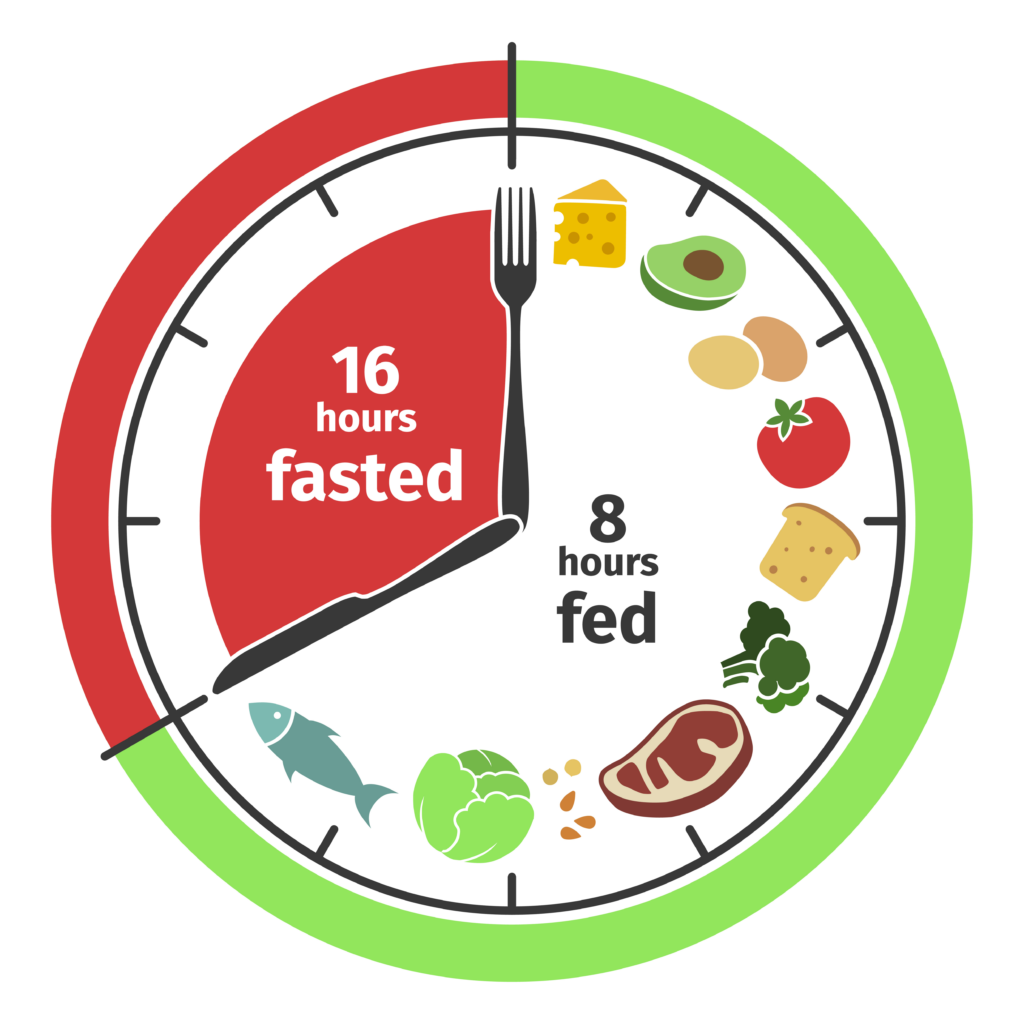
Most practitioners maintain eating windows between noon and 6 PM, though some prefer shorter periods from 12 PM to 4 PM according to recent reports. The key principle isn’t just about timing but also ensuring adequate nutrition during these windows. Additionally, ending your eating period 3-4 hours before bedtime promotes autophagy—the body’s cellular healing process as explained by health experts.
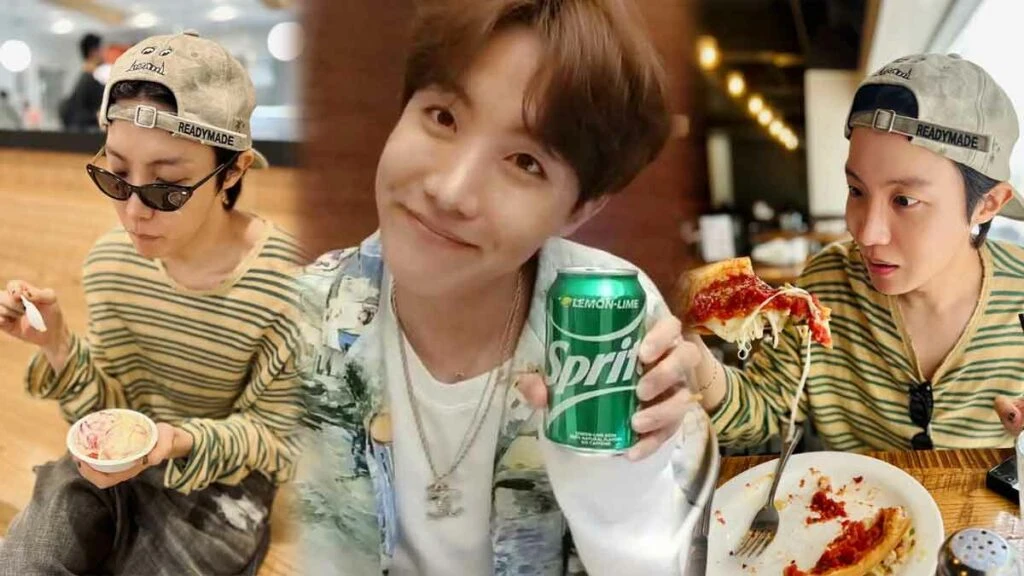
J-Hope (BTS) follows a time-restricted eating pattern: “I avoid eating after 6 PM and drink a lot of water. For me, it’s about consistency rather than extreme measures. Dancing is our main exercise, so I need proper fuel.” (Bangtan Bomb interview, 2023)

Winter (aespa) has found balance with intermittent fasting: “Before debut, I tried many restrictive diets that left me feeling exhausted. Now I follow intermittent fasting but make sure to get all my nutrients during my eating window.” (Elle Korea, 2024)
What makes this approach popular among idols is its flexibility while still providing structure. Rather than focusing solely on what to eat, it emphasizes when to eat, making it easier to maintain during busy schedules and training sessions.
Protein-Focused Diets
The K-pop diet is distinctively protein-centered, with protein recommended at every meal according to nutrition experts. Korean cuisine naturally favors high-protein, low-fat, and low-carbohydrate options, which aligns perfectly with idol weight management goals.
Protein’s popularity stems from several benefits particularly important to performers:
- Maintenance of muscle mass and strength during weight loss
- Improved physical performance and recovery
- Support for collagen production, enhancing skin appearance
- Extended feelings of fullness, reducing unnecessary snacking
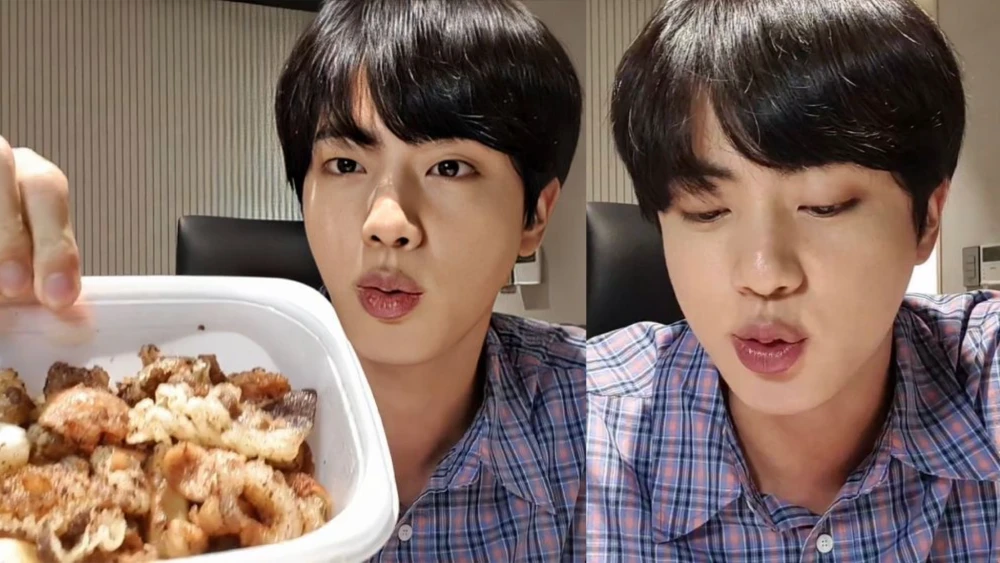
Notable examples include BTS’s Jin, who once consumed only two packs of chicken breast daily for an entire year to maintain his physique, as reported by industry insiders.
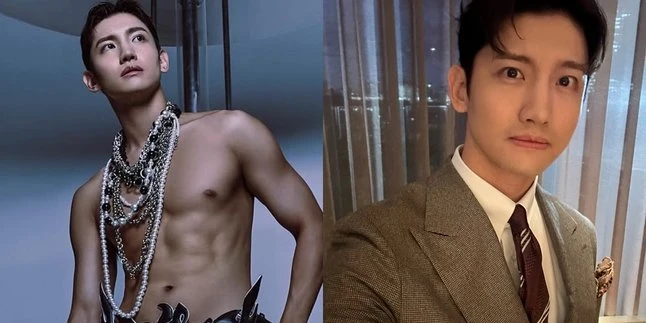
Meanwhile, TVXQ’s Changmin reported losing 18 kilograms in just three weeks through a strict tofu diet combined with six hours of daily exercise according to the same source.

Bang Chan (Stray Kids) utilizes protein supplements: “I eat five small meals throughout the day to maintain energy. Protein shakes help me recover after workouts. It’s all about consistency rather than extreme methods.” (Chan’s Room livestream, 2023)
Beyond chicken and tofu, seafood features prominently in protein-focused approaches. Fish provides essential omega-3 fatty acids that help reduce food cravings while supporting overall health according to nutritional research.
Plant-Based Trends Among Idols
Plant-based eating is gaining significant traction in the K-pop world. Between 2023 and 2024, South Korea has seen a measurable increase in the population following plant-based diets according to statistical reports. This shift extends to idols seeking sustainable, health-conscious approaches to nutrition.
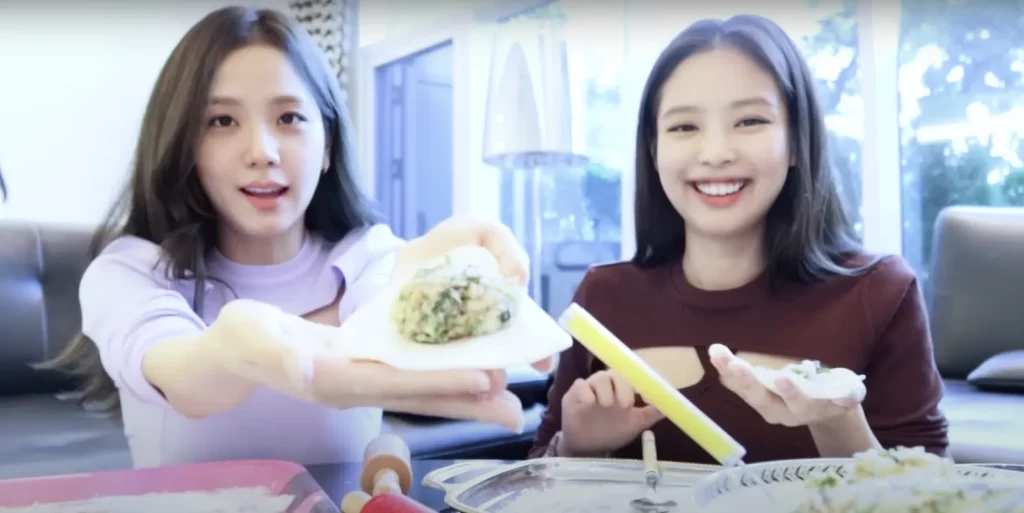
Traditional Korean cuisine provides an excellent foundation for plant-based eating with its emphasis on vegetables and fermented foods. The famous side dish kimchi—made from fermented vegetables and seasonings—features prominently in most idol diets due to its probiotic benefits and digestive support as noted in health publications.
More idols are embracing flexitarian approaches that emphasize vegetables while occasionally including small amounts of animal protein. This balanced method allows for proper nutrition during intense training periods while still benefiting from plant-based foods’ lower calorie density.
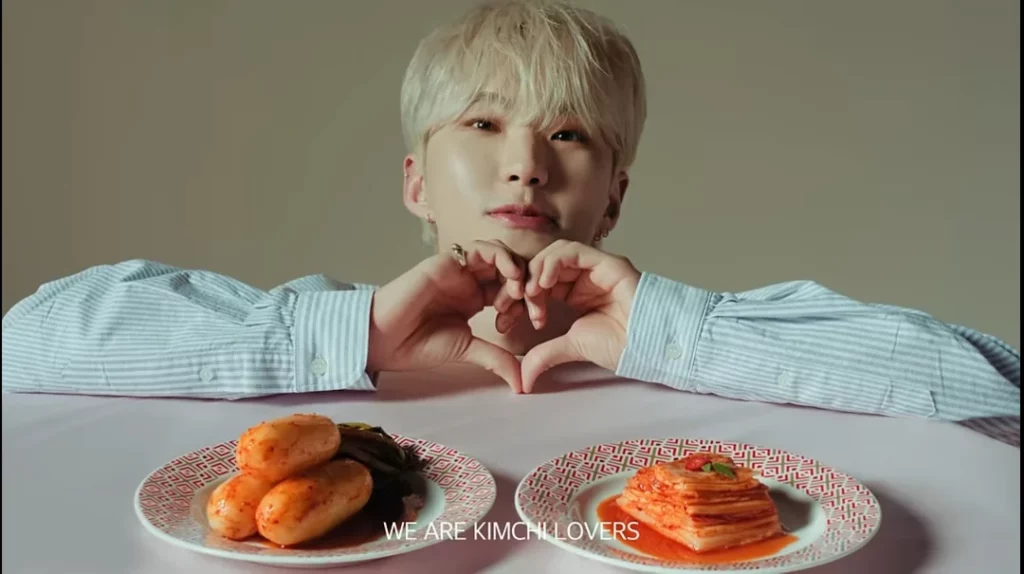
Companies are also meeting this demand by creating vegan versions of Korean favorites—replacing fish sauce in kimchi with vegetable extracts, for example, as industry reports indicate. Furthermore, K-food is increasingly marketed globally as a healthy, sustainable plant-based option beyond just its distinctive taste according to market analysts.
While extreme practices still exist in the industry, the trend toward more balanced, nutrient-focused approaches represents a positive evolution in kpop idol diet culture.
Controversial Diet Practices
Despite growing awareness about nutrition, the dark side of kpop idol diet culture continues to raise serious health concerns. The entertainment industry’s intense focus on physical appearance has led to diet practices that often cross into dangerous territory.
Extreme Calorie Restriction Concerns

The most alarming aspect of idol weight management involves severely limited caloric intake. IU once followed a diet consisting of just an apple, sweet potato, and protein shake daily—a regimen that sparked a dangerous global trend called the “IU diet challenge” according to social media analysts.
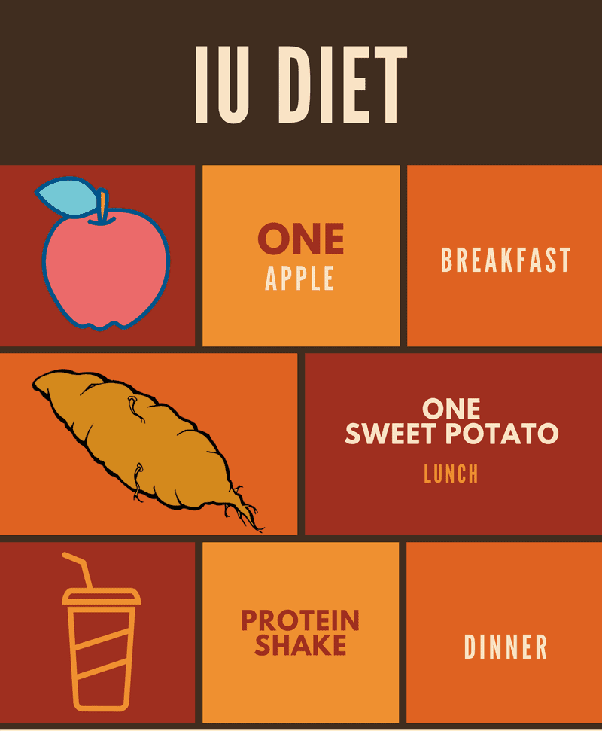
Similarly, Momo from TWICE was instructed to lose 15 pounds in just one week, forcing her to consume nothing but ice cubes while exercising constantly as documented by entertainment reporters.
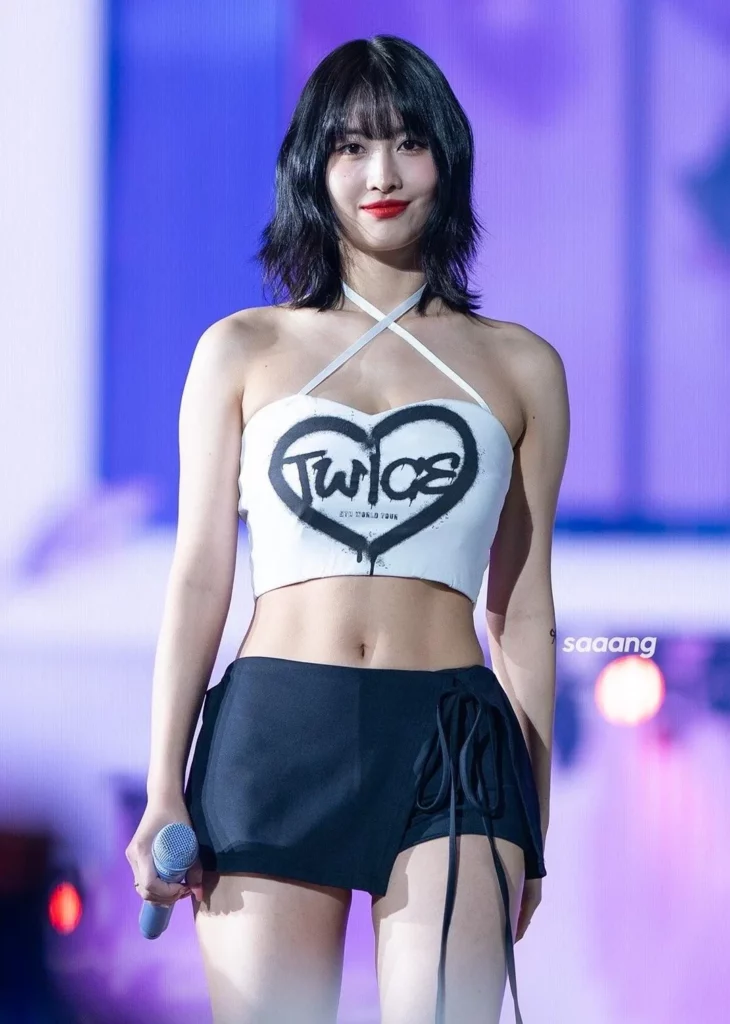
Momo (TWICE): “When I was asked to lose weight quickly before debut, I only ate ice cubes for a week. It was dangerous and I wouldn’t recommend it to anyone. Now I work with a nutritionist who helps me maintain a healthy relationship with food.” (Cosmopolitan Korea, 2023)
These practices extend to male idols as well. BTS’s Jimin consumed only one meal over a period of 10 days during the “Blood Sweat & Tears” era, ultimately passing out during practice sessions, as documented by fans. His bandmate Jin became malnourished after limiting himself to only four chicken breasts daily for an entire year according to industry documentaries.
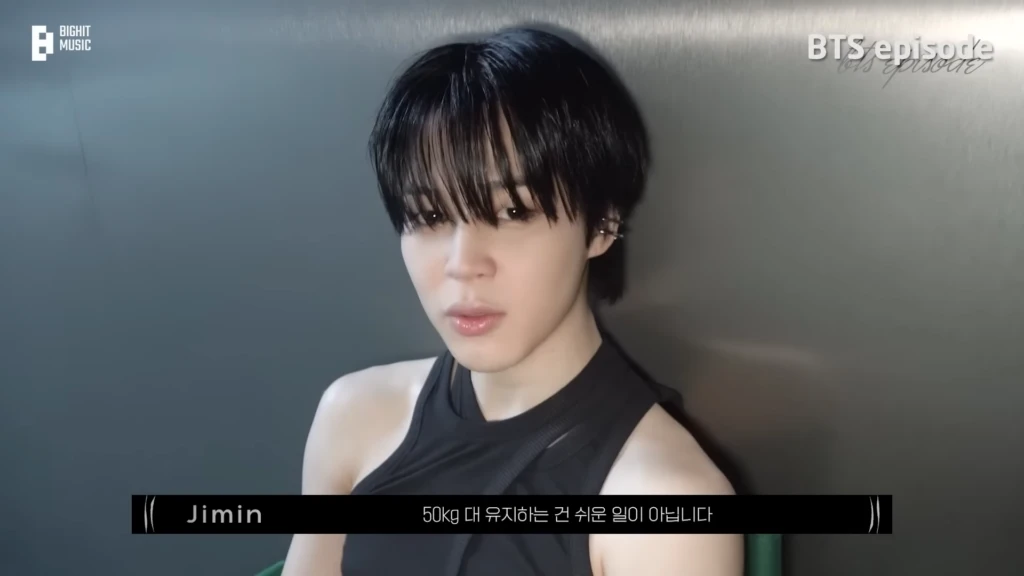
Jimin (BTS): “During ‘Blood Sweat & Tears’ I went too far with dieting. I only ate one meal in 10 days and practiced a lot. There was a time when I fainted during rehearsal. Now I prioritize being healthy over being skinny.” (BTS: Break The Silence documentary, 2022)
Many of these diets qualify as “Very Low Calorie Diets” (VLCD), providing 800 calories or less per day according to nutritional analysts. Consequently, idols experience severe side effects:
- Fainting during performances
- Malnutrition and weakness
- B.A.P’s Himchan suffered a fractured rib from sudden weight loss as reported by music journalists
- Development of eating disorders and body dysmorphia
Pre-Comeback Diet Intensification
The pressure intensifies dramatically before comebacks or major performances. Management companies often set unrealistic weight goals using toxic formulas—some agencies calculate “ideal weight” as height minus 120 according to insider reports.
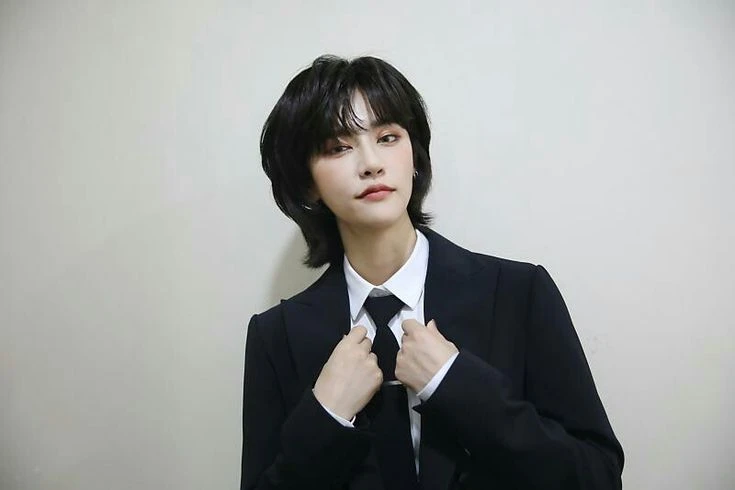
Pre-comeback periods reveal the most extreme measures. Former GWSN member Miya described reporting meals like “I’m going to eat a banana and a boiled egg” or “I’m going to eat one apple,” with only two opportunities to eat daily as shared in fan forums. Surprisingly, this severe restriction occurs despite idols practicing dance routines 6-12 hours daily, which burns thousands of calories according to the same source.
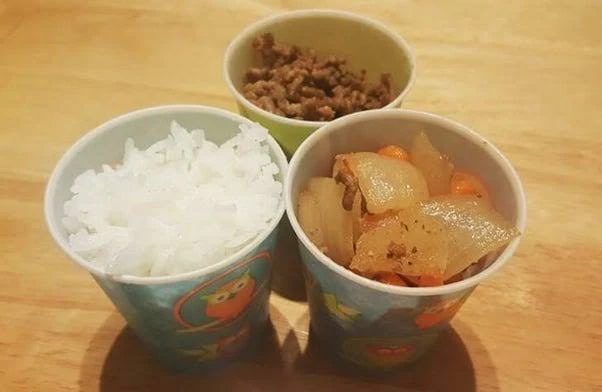
The paper cup diet, popular among idols preparing for comebacks, limits food intake to nine small paper cups of whole grains, fruits, and vegetables daily as detailed by industry insiders. Yet even these extreme methods aren’t always enough—Way from Crayon Pop noted, “Since they kept telling us not to [eat snacks], that made us want to eat more. We would secretly buy it and eat in the bathroom” according to business analysts.
Industry Regulation Changes

The harmful nature of these practices has begun to prompt changes. Former EXO member Xiumin, who once followed a dangerous coffee diet (one meal every other day plus excessive coffee), now advises against skipping meals as reported by entertainment journalists. I
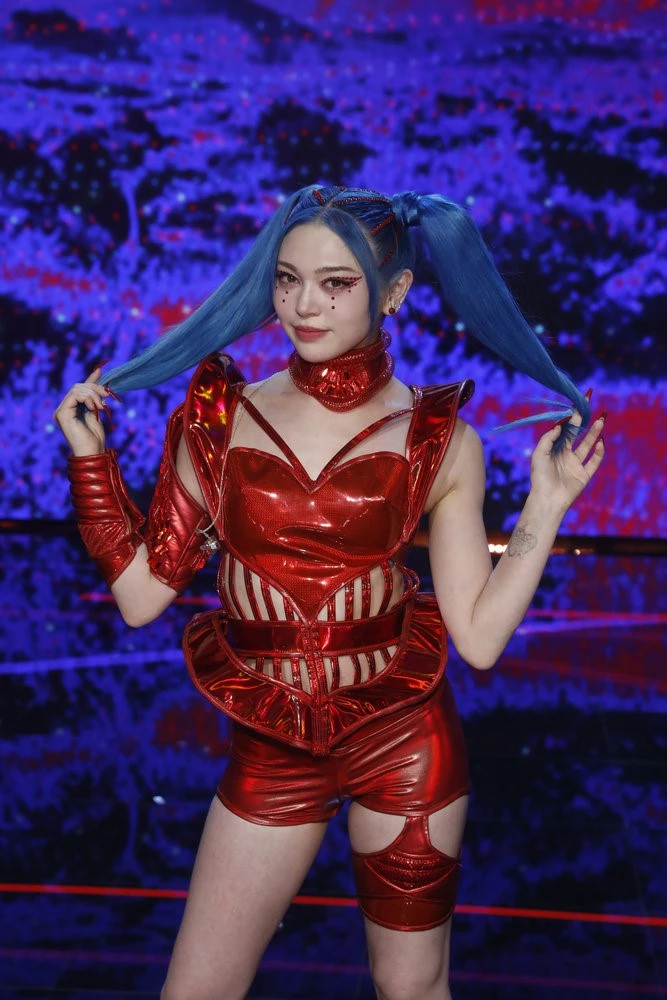
Nevertheless, progress remains slow. AleXa, an Oklahoma-born idol, stands as one of the few who has directly addressed fans with body image issues, stating unequivocally: “Don’t strive to look like an idol. They aren’t healthy” as quoted by news sources.
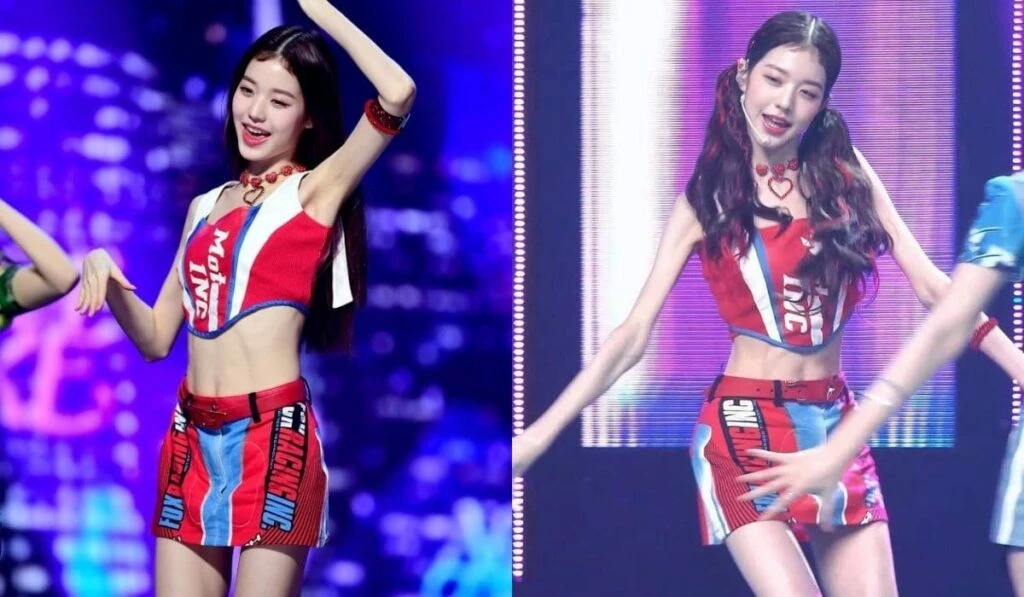
Industry insiders acknowledge the relationship between extreme diets and the increasing number of idols canceling shows or taking breaks due to health problems according to documented evidence. Albeit gradually, some management companies are beginning to work with nutritionists to develop sustainable approaches that maintain appearance standards without endangering performers’ health.
Healthier Approaches Gaining Popularity
A growing shift toward healthier nutrition practices is reshaping kpop idol diet culture. After years of concerning weight management methods, many entertainment companies are now embracing more sustainable approaches that prioritize long-term health alongside appearance goals.
Nutritionist-Supervised Meal Plans
Unlike the dangerous self-regulated diets of the past, nutritionists now play a crucial role in idol health management. Entertainment companies increasingly appoint qualified nutrition professionals who understand performers’ specific physical demands and create tailored dietary programs (industry publications). These specialists develop elaborate meal plans that maintain ideal physique without compromising health or performance capabilities.
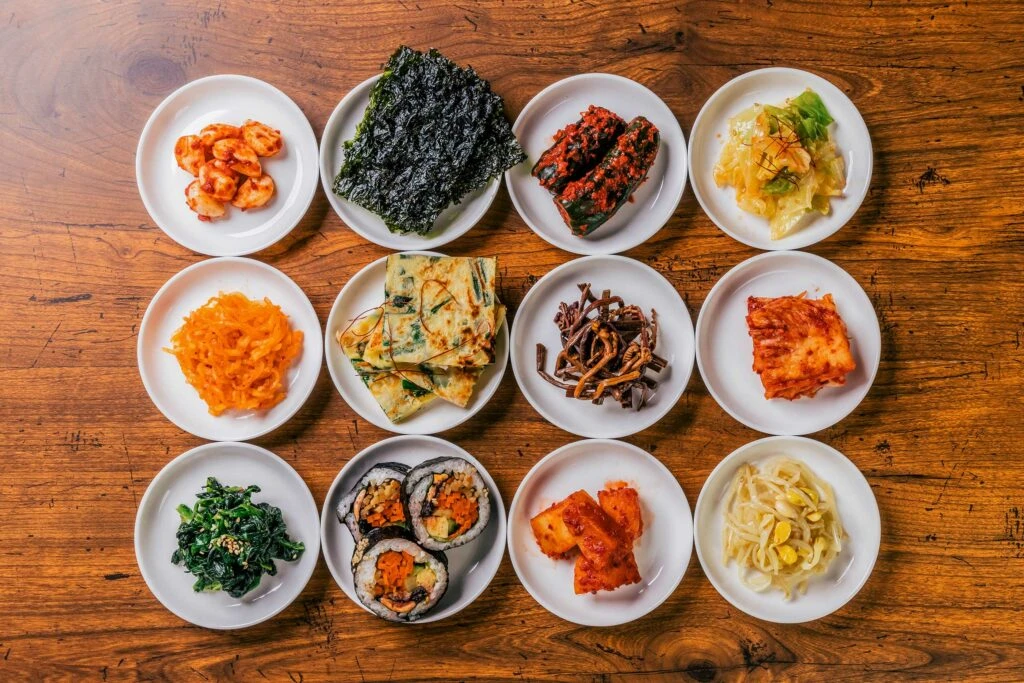
These scientifically-backed programs focus on hitting essential nutritional targets rather than simple calorie restriction. Korean cuisine’s natural emphasis on vegetables, protein, and fermented foods provides an excellent foundation for these balanced approaches as noted by health experts. Nutritionists help idols understand energy balance—maintaining adequate intake for intense physical training while supporting weight goals through food quality rather than extreme restriction.
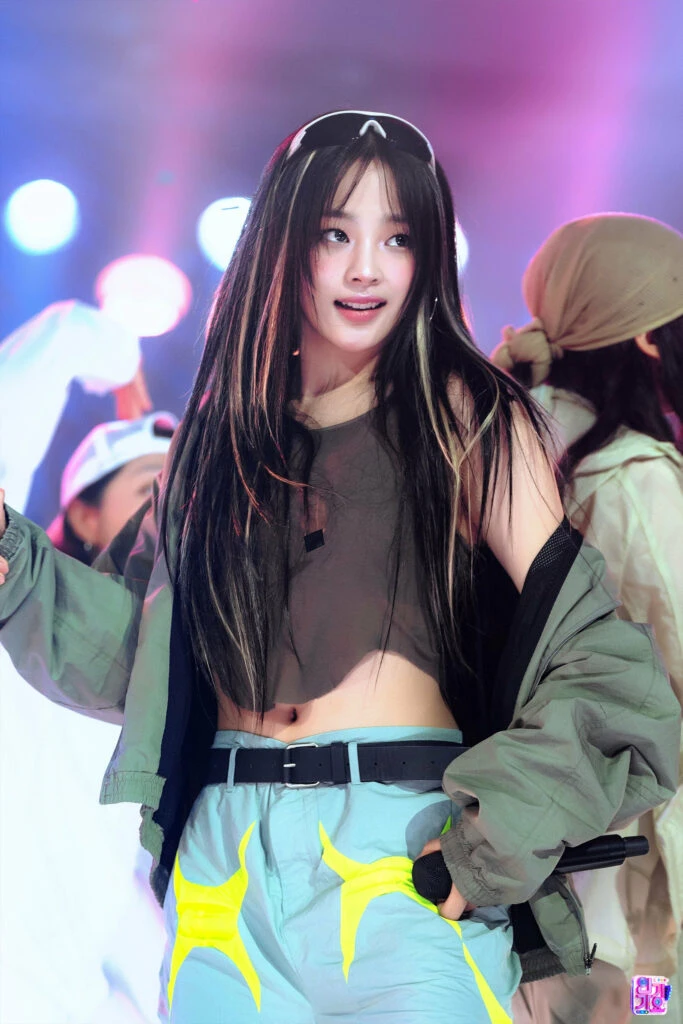
Minji (NewJeans): “Our team nutritionist encourages us to eat properly, especially during promotions. I’ve learned that cutting calories too much actually slows metabolism.” (Harper’s Bazaar Korea, 2023)
Balanced Macronutrient Approaches
The Korean weight loss diet that’s gaining mainstream popularity represents a significant departure from the extreme measures previously common in the industry. This approach emphasizes whole, minimally-processed foods while limiting processed, fatty, and sugary items. Instead of starvation tactics, balanced Korean diets feature:
- High vegetable content for essential micronutrients
- Adequate protein intake at each meal
- Limited processed foods and added sugars
- Home-prepared meals versus restaurant options
- Fermented foods like kimchi for gut health

Nayeon (TWICE): “I’ve learned that crash diets don’t work in the long run. Now I focus on eating whole foods and managing portion sizes instead of counting calories.” (Allure magazine, 2022)
Notably, these balanced diets don’t require complete elimination of favorite foods. Korean pop diets increasingly allow customization based on personal preferences according to health researchers, making them sustainable long-term versus crash diets that inevitably fail.
Mental Health Considerations
Perhaps most importantly, the industry is beginning to acknowledge the psychological toll of extreme dieting. The connection between restrictive eating and mental health issues like anxiety, depression, and eating disorders is gradually being recognized according to student publications.
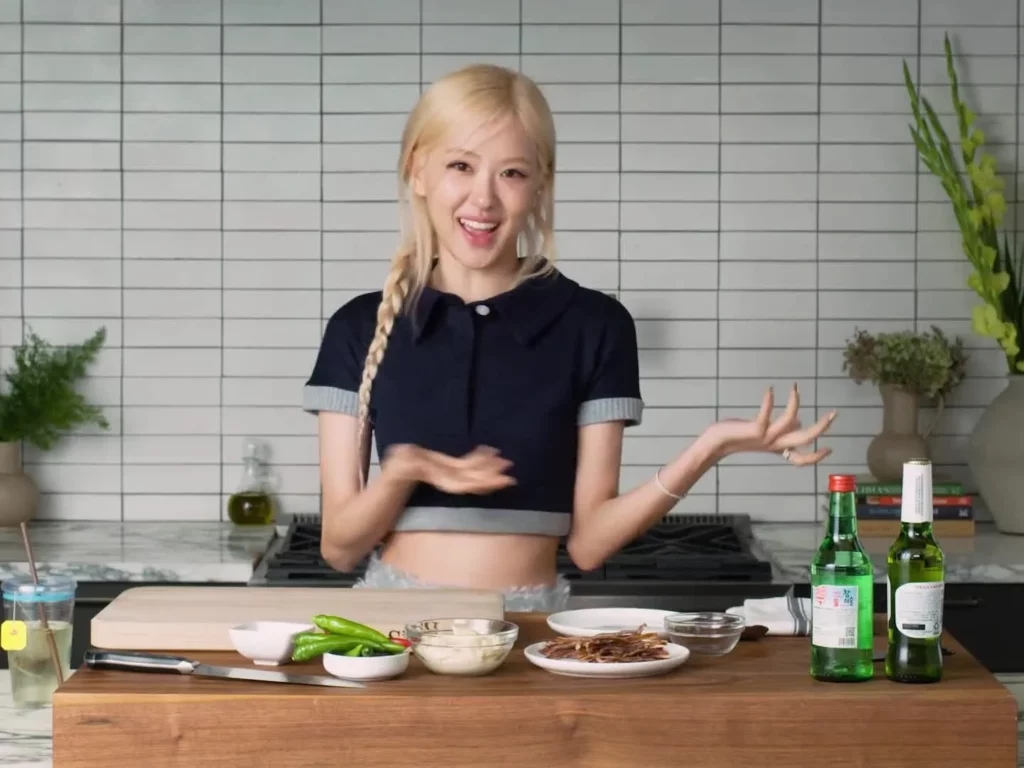
Rosé (BLACKPINK): “I don’t believe in skipping meals. I eat three balanced meals a day but in smaller portions. For me, mental health is as important as physical appearance.” (YouTube content, 2022)
Health professionals now emphasize that constant dietary restriction creates unhealthy relationships with food, often leading to preoccupation with eating, guilt, low self-esteem, and binge eating behaviors according to nutritional experts. Some idols openly discuss how previous extreme diets harmed both body and mind, discouraging fans from emulating those approaches.
For those negatively affected by diet messaging, experts even suggest periodically disconnecting from triggering content—with research showing that just one week away from social media can significantly improve body image and self-esteem.
Case Studies: Idol Diet Revelations
Recent documentation of idol eating patterns reveals striking differences among groups and generations, shedding light on the evolution of kpop idol diet approaches.
4th Generation Girl Group Members
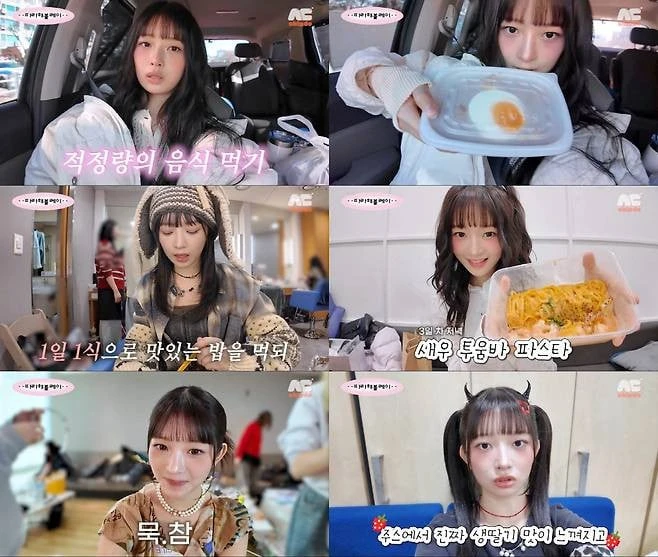
IVE’s Rei recently documented her daily meals on YouTube, offering a rare glimpse into current idol eating habits. Although she claims to have abandoned severe methods, her food intake remains notably restricted. She typically starts mornings with half an apple, consumes one main meal daily, and deliberately extends fasting periods according to entertainment news. When approaching the end of music show promotions, Rei admitted that exhaustion further diminished her appetite, sometimes consuming only a slice of pizza and strawberry juice.

Aespa members likewise follow stringent regimens. Ning Ning responded to criticism by adopting a restrictive diet, sometimes consuming only breakfast, whereas Karina occasionally exercises up to four hours daily despite her naturally athletic build.
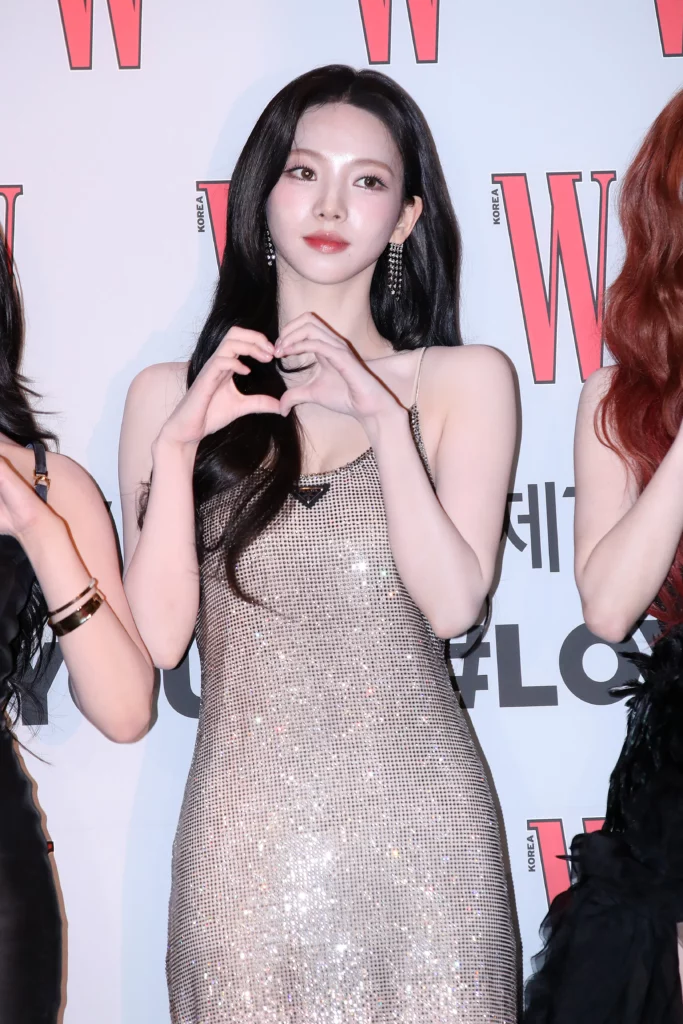
Karina (aespa): “I maintain my physique through consistent exercise rather than extreme dieting. I do pilates four times a week and focus on eating protein-rich foods.” (MMTG interview, 2023)
Popular Boy Group Approaches
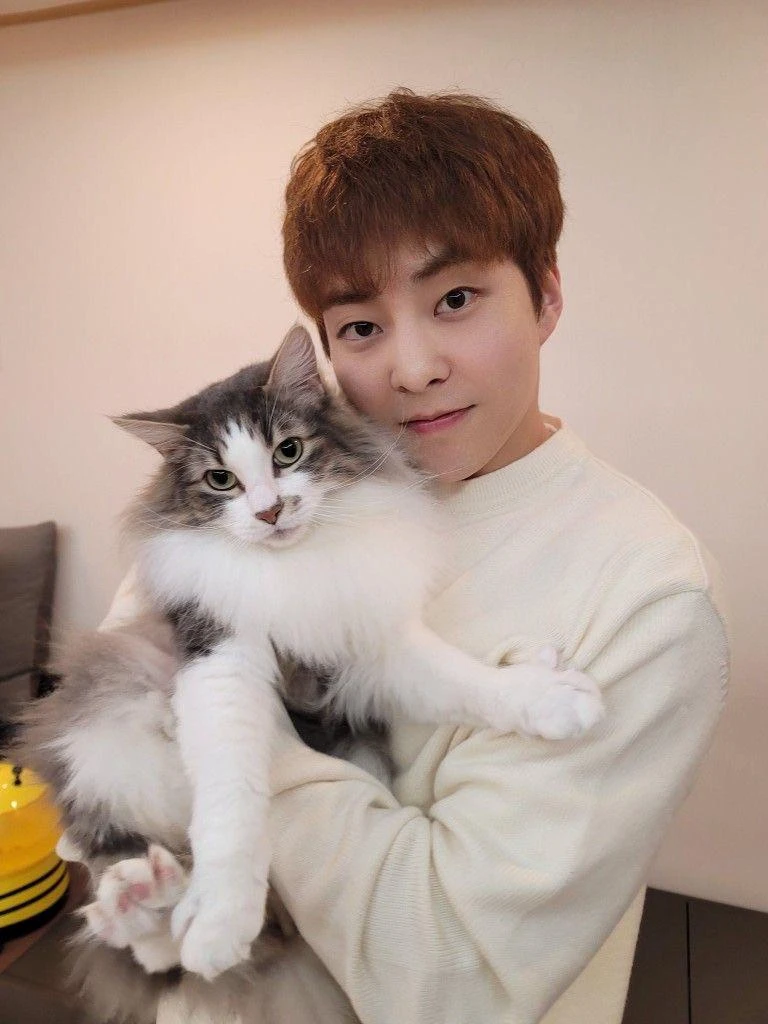
Male idols face similar pressures albeit with different approaches. During 2013 promotions for “Growl,” EXO’s Xiumin followed what became known as the “coffee diet” – consuming just one meal every other day supplemented with excessive caffeine according to fan compilations. He later shifted to healthier methods, now explicitly advising against skipping meals as reported by the same source.
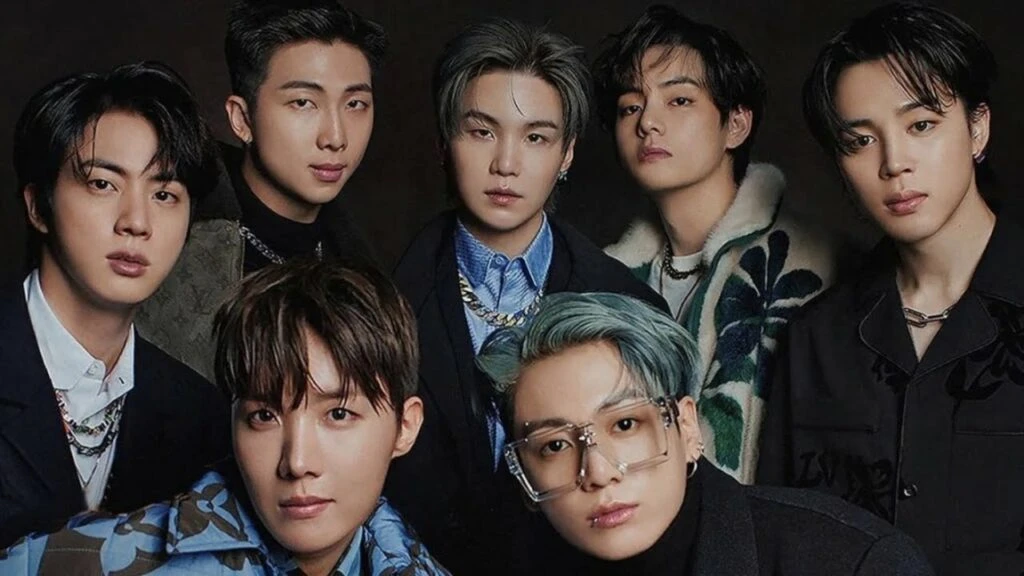
BTS members have shared equally concerning histories. Jin once ate exclusively two packages of chicken breast daily for an entire year to maintain his physique according to international reports. More alarmingly, Jimin consumed only one meal across a ten-day period during “Blood Sweat & Tears” promotions, resulting in fainting episodes during practice as documented by entertainment sites.
Solo Artists’ Nutrition Strategies
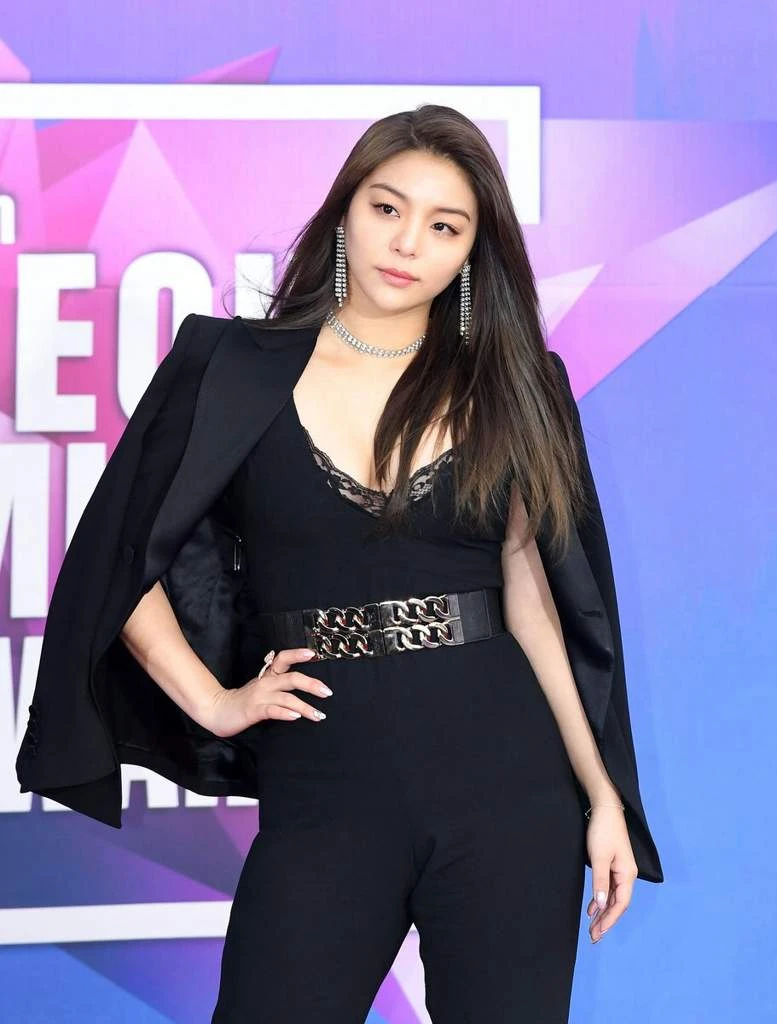
Solo performers often develop distinctive approaches. Ailee famously lost 10 kilograms in one month by limiting herself to 500-calorie meals consisting of 100 grams of protein, minimal vegetables, and one fruit according to international publications. Former Global Icon member OneKet reportedly shed 16 kilograms by consuming just one bottle of soy milk daily as noted by the same source.
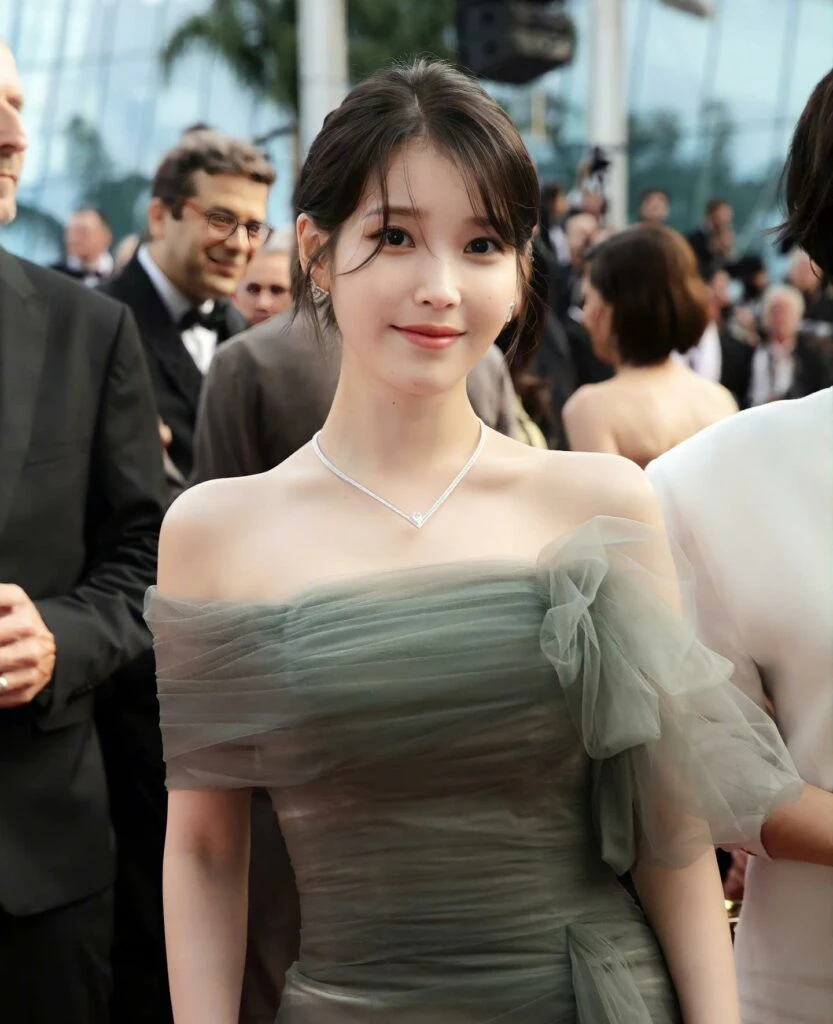
Perhaps most notable is IU’s approach, which gained notoriety as the “IU Diet Challenge.” After being body-shamed, she restricted herself to one apple for breakfast, one sweet potato for lunch, and a protein shake for dinner according to international news outlets. Subsequently, she adopted healthier practices, emphasizing she wouldn’t recommend her previous diet to anyone as reported by beauty publications.
IU: “The ‘one apple diet’ I once followed was harmful and I regret sharing it. These days I work with health professionals to maintain my weight in a sustainable way. Mental wellbeing is as important as physical appearance.” (IU’s Palette, 2022)
Throughout the industry, there’s a gradual shift toward more balanced approaches, especially among established artists who face less immediate pressure for dramatic physical transformations.
The Role of Exercise in Idol Diet Plans
Physical activity forms the cornerstone of any kpop idol diet plan, often burning as many calories as it requires strict eating habits. The reality behind idols’ perfect physiques involves a carefully orchestrated balance of movement and nutrition.
Dance Practice as Cardio
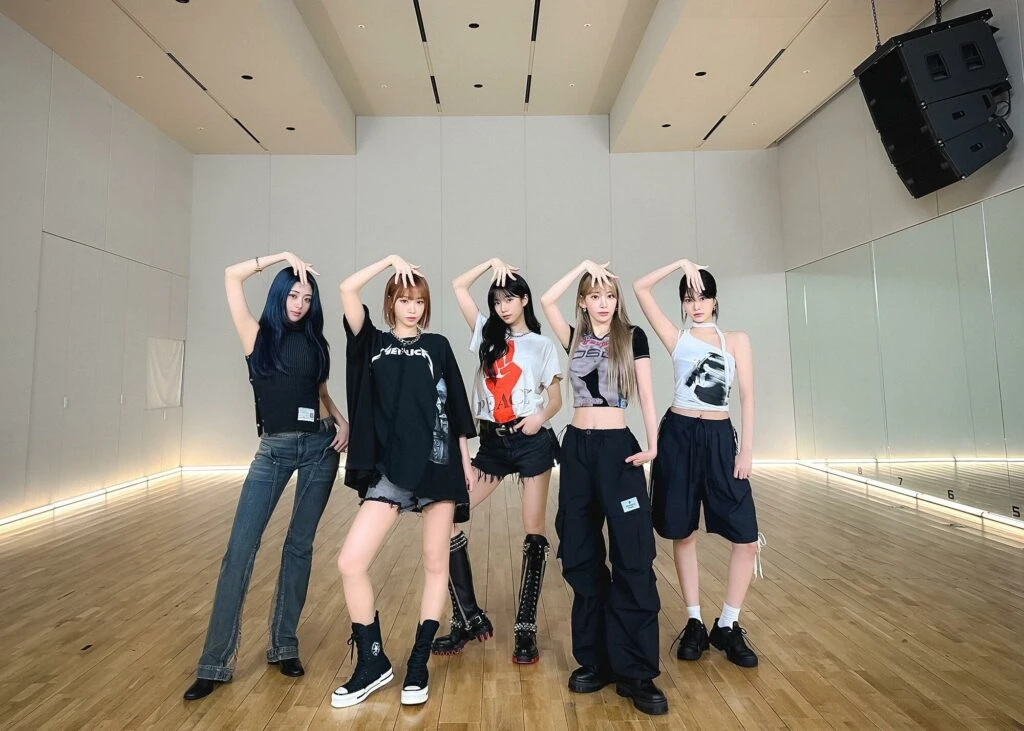
Dance rehearsals serve as the primary cardiovascular exercise for most K-pop performers, with many idols practicing 6-12 hours daily according to fan forums. These high-energy routines burn approximately 360-500 calories per hour as calculated by fitness experts, making them exceptionally effective for weight management. Unlike traditional cardio exercises, dance practice simultaneously develops:
- Performance skills and choreography mastery
- Coordination and agility essential for stage presence
- Cardiovascular endurance for lengthy performances
- Mental focus and precision
Lisa (BLACKPINK): “I don’t follow a strict diet anymore. I dance a lot which burns many calories. My approach is eating in moderation and staying active rather than restricting food.” (Harper’s Bazaar interview, 2022)
Visible results typically appear after consistently dancing half an hour to an hour daily for several weeks according to dance studios. For idols preparing for comebacks, these sessions intensify dramatically, occasionally leading to concerns about overtraining as noted by beauty analysts.
Strength Training Integration
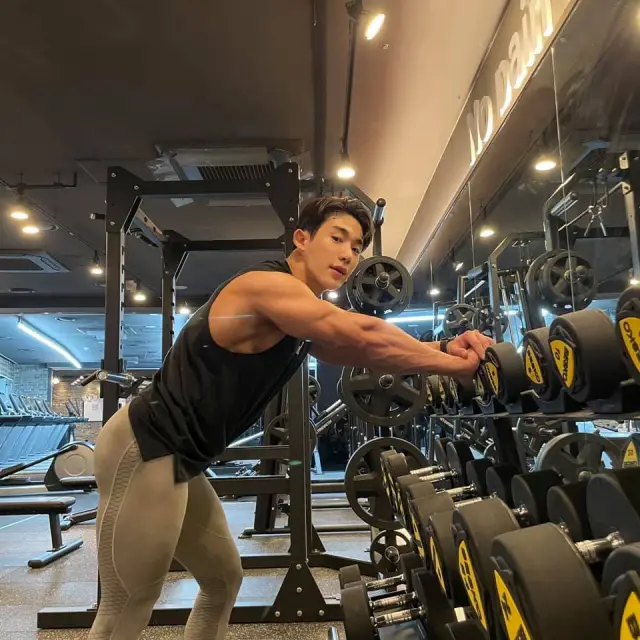
Concurrently, many idols supplement dance training with targeted strength workouts. Male performers generally focus more intensively on weight training, with idols like Chanyeol, Johnny, and Wonho known for dedicated gym sessions according to fitness blogs. Conversely, female idols typically prioritize bodyweight exercises to prevent injury while maintaining lean physiques.
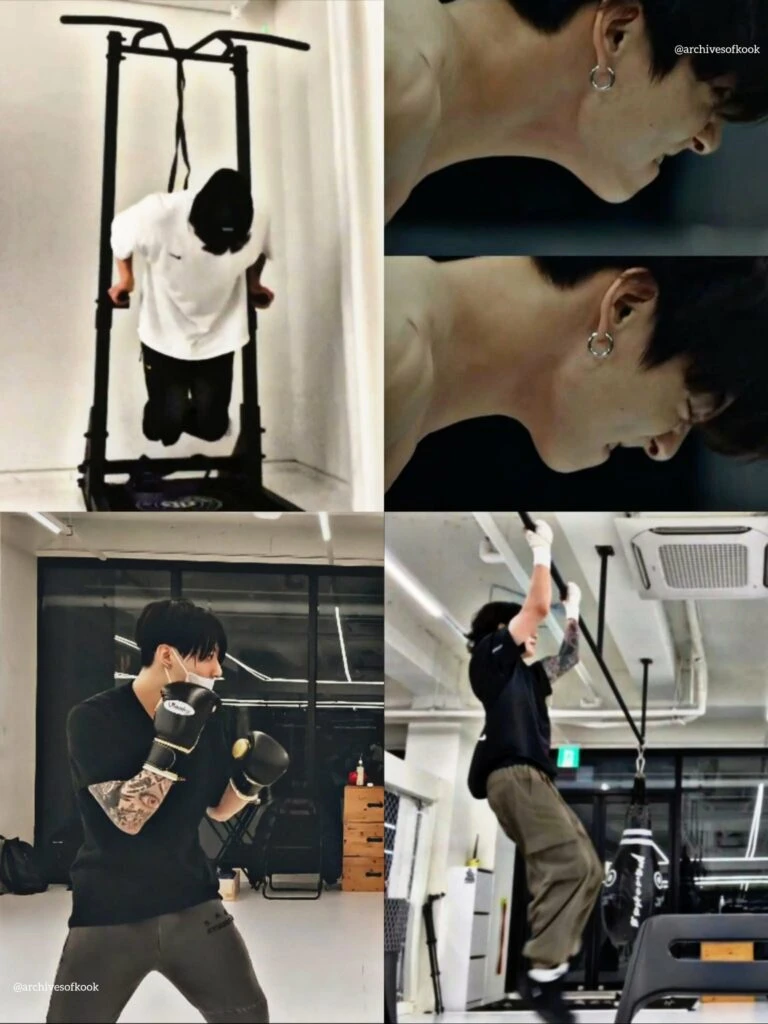
BTS’s Jungkook incorporates squats, lunges, planks, and burpees into his routine as detailed by fitness writers, whereas Le Sserafim’s Chaewon prefers planks, side planks, and burpees according to fitness publications. Pilates has likewise gained immense popularity, particularly among female idols seeking flexibility and core strength without bulking up as discussed in fan forums.
Recovery Nutrition
Essentially, recovery nutrition remains crucial yet often overlooked in discussions about idol weight management. The extreme physical demands of dance practice necessitate proper refueling, yet many idols struggle with balancing adequate nutrition against appearance expectations.
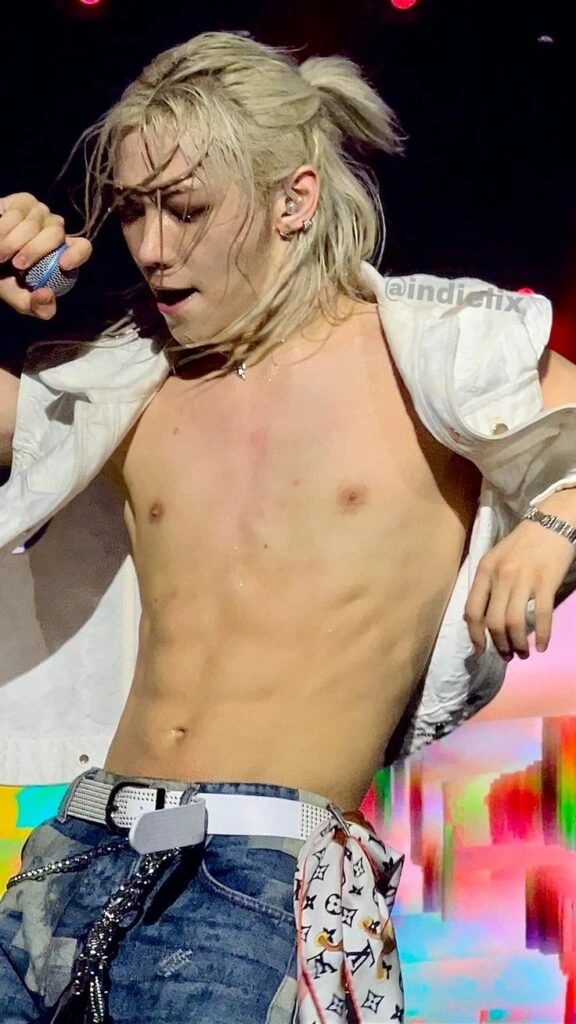
Felix (Stray Kids): “I used to think I needed to be super strict with my diet, but I’ve found balance works better. I focus on home-cooked meals and avoid processed foods when possible.” (YouTube content, 2024)
Trainers like Jeong Yong and Yang Jae Woo increasingly develop workout programs considering each idol’s body type and performance requirements according to industry announcements. These customized approaches aim not merely at weight loss but at building balanced bodies capable of meeting K-pop’s rigorous physical demands.
Expert Opinions on K-pop Diets

Health professionals increasingly voice concerns about kpop idol diet trends that dominate entertainment headlines. From nutritionists to mental health specialists, experts provide crucial perspectives on practices that shape both industry standards and fan behavior.
Nutritionist Perspectives
Professional dietitians have labeled many popular idol weight loss methods as “dangerous,” specifically for adolescents whose bodies require proper nutrition for development according to international publications. Dietitian Samuel Oetoro cautions that extreme restrictions can trigger long-term repercussions beyond just the yo-yo effect, including weakened immune systems, hair loss, and decreased muscle mass as reported by news outlets.
“Dieters need to ensure they consume the right amount of calories, carbohydrates and protein according to their weight,” Oetoro emphasizes, noting that healthy weight loss typically progresses at approximately 1 kg per week according to the same source. Nutritionists stress the importance of personalized approaches, as proper nutrition requirements vary significantly between individuals.
Health Considerations
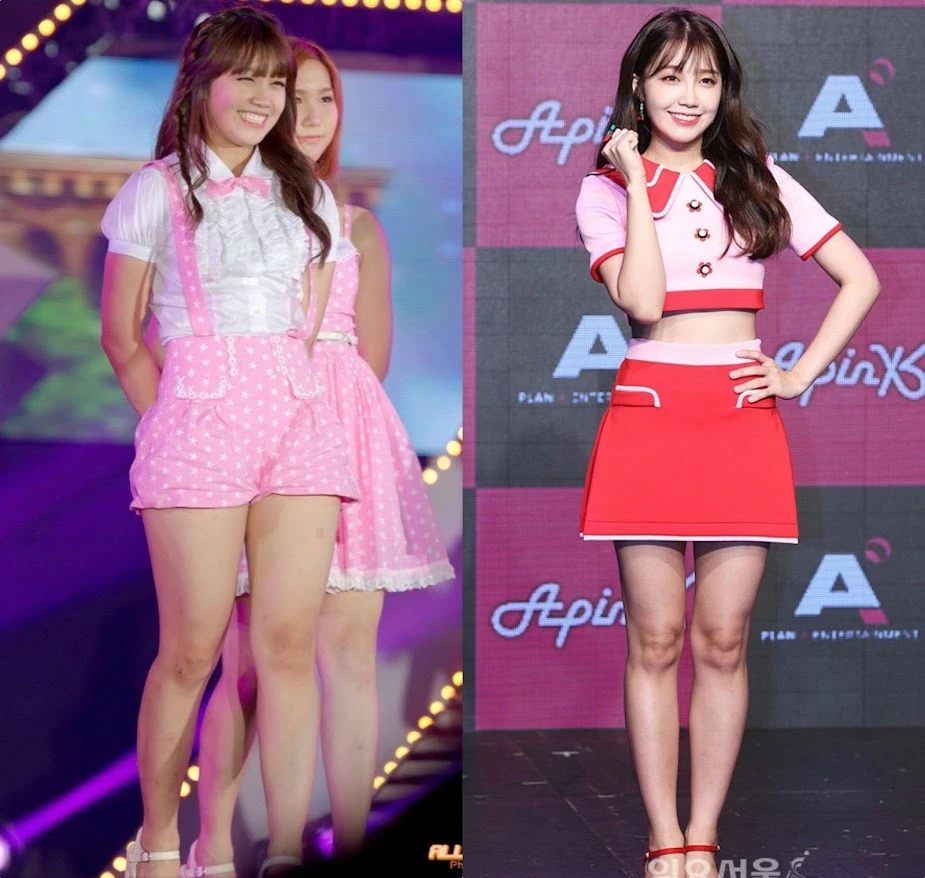
Medical experts highlight concerning health implications from common idol weight management practices. Engaging in disordered eating behaviors can severely impact adolescents’ physical development, potentially affecting bone density and metabolic function well into adulthood as discussed in fan forums.
Under those circumstances, many health professionals suggest treating idols more like athletes—requiring specialized nutritionists who develop meal plans catered to their specific needs according to community discussions. Prior to this approach, companies typically set arbitrary weight goals without professional guidance, forcing trainees (often minors) to resort to extreme measures like starvation as noted by the same source.
Sustainable Approaches
Hence, experts advocate for nutritionist-supervised programs focused on quality rather than quantity. The K-pop diet, when followed properly, represents a whole foods approach limiting items known to promote weight gain while providing adequate calories and nutrients according to health publications.
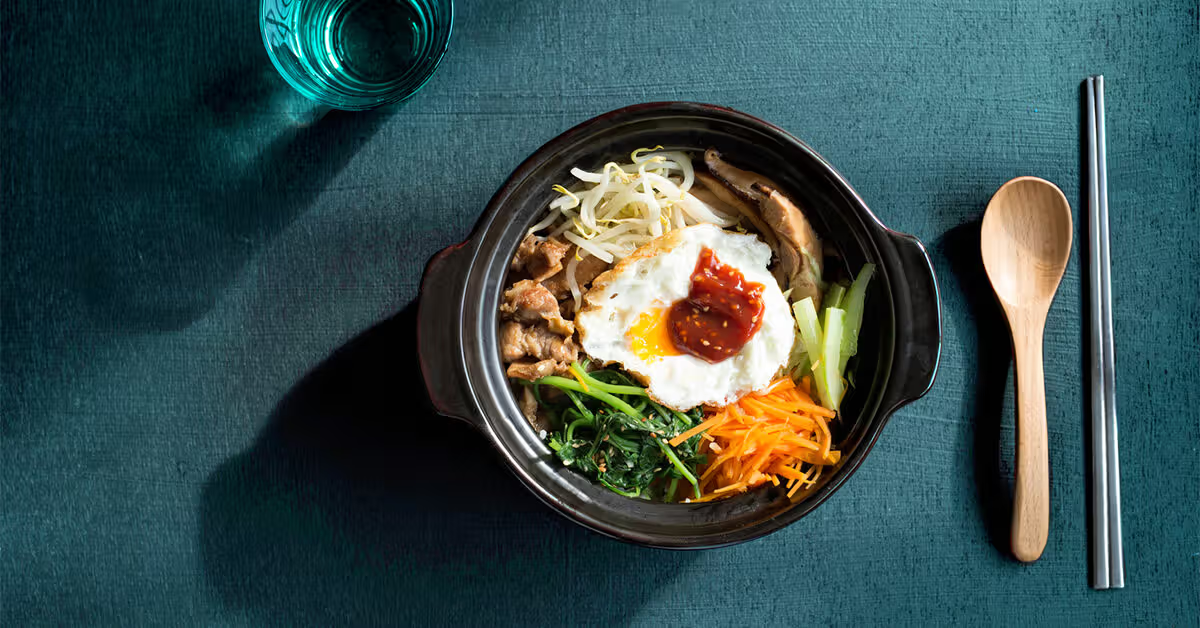
As a matter of fact, healthier Korean dietary patterns have been clinically proven to reduce risk factors for cardiovascular disease—comparable to benefits seen with the Mediterranean diet according to academic research. Straightaway rejecting extreme methods, specialists recommend balanced macronutrient intake, proper hydration, and adequate recovery nutrition, particularly for performers maintaining intense training schedules.
Professionals undoubtedly caution against attempting idol diet plans, warning that restrictive regimens may trigger metabolism changes, unhealthy relationships with food, and binge eating behaviors according to nutritional analysts. These warnings reflect growing recognition that healthy k-pop eating habits must prioritize sustainability and wellbeing over rapid transformations.
***
K-pop idol diets have undergone significant changes throughout the industry’s evolution. Though dangerous practices like extreme calorie restriction and unhealthy fasting still exist, many entertainment companies now embrace scientifically-backed nutrition programs. Certainly, the shift toward nutritionist-supervised meal plans, balanced macronutrient approaches, and proper exercise integration represents positive progress.
Nevertheless, the pressure to maintain perfect appearances remains intense. Medical experts and nutrition professionals consistently warn against attempting these restrictive diets, emphasizing that idol weight management methods often prove unsustainable and potentially harmful. Rather than following extreme measures, health specialists advocate for personalized nutrition plans that consider individual needs and activity levels.
The truth behind K-pop physiques extends far beyond simple diet plans. Accordingly, maintaining these appearances demands careful balance between proper nutrition, intense physical training, and mental wellbeing. While the industry shows promising steps toward healthier practices, fans should remember that idol appearances often result from strict professional management – not practices meant for general public adoption.
As Hwasa (MAMAMOO) wisely stated: “I don’t follow any specific diet. I eat what I want but in moderation. Self-acceptance has been more important for my confidence than any diet could be.” (Marie Claire interview, 2023).


